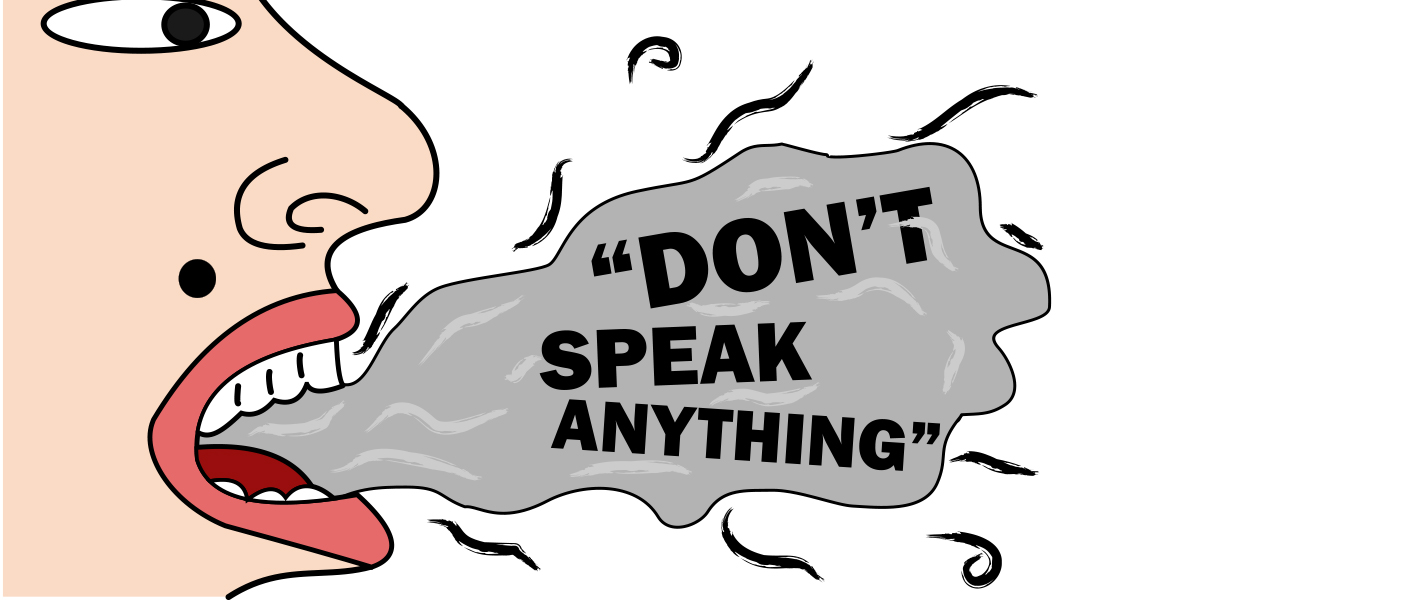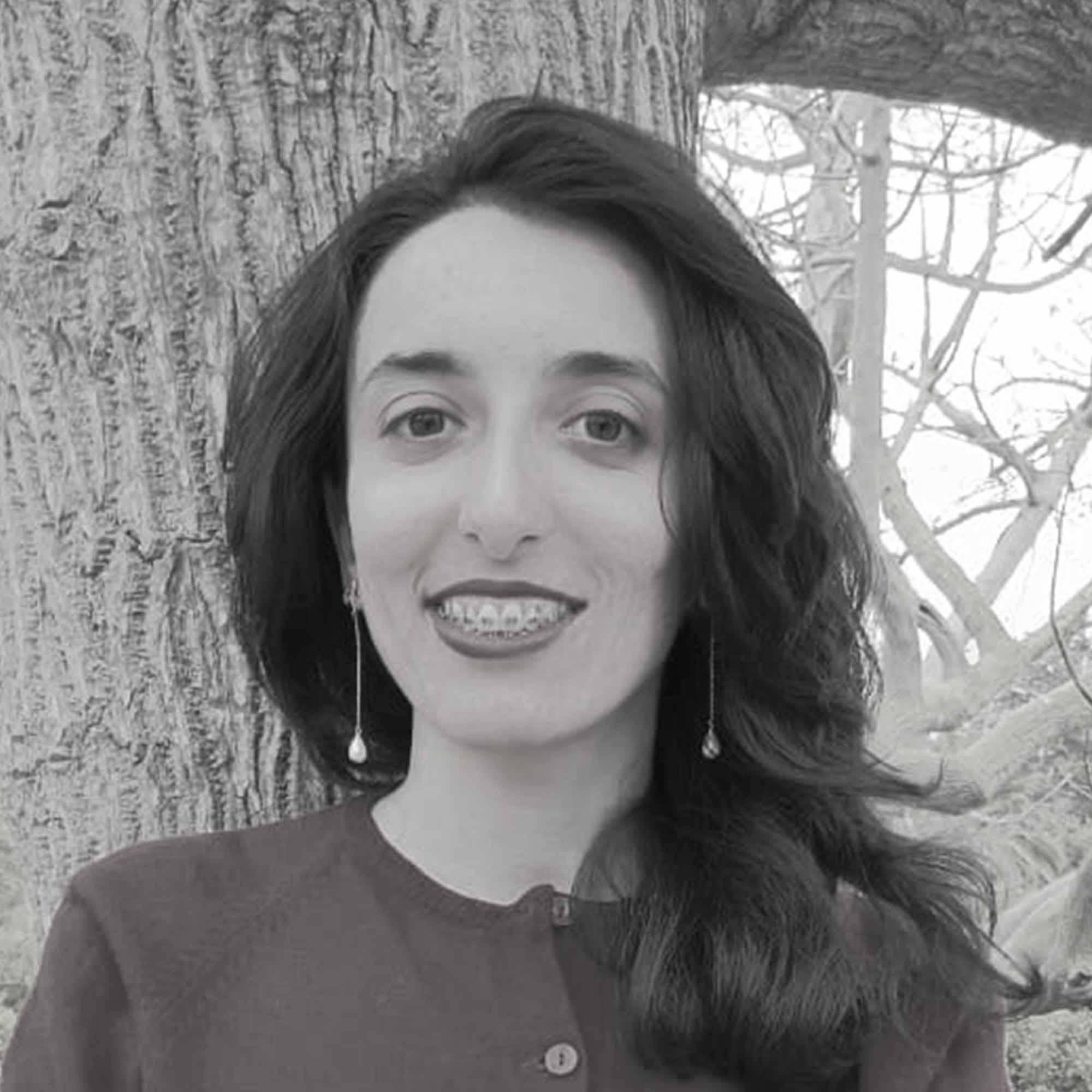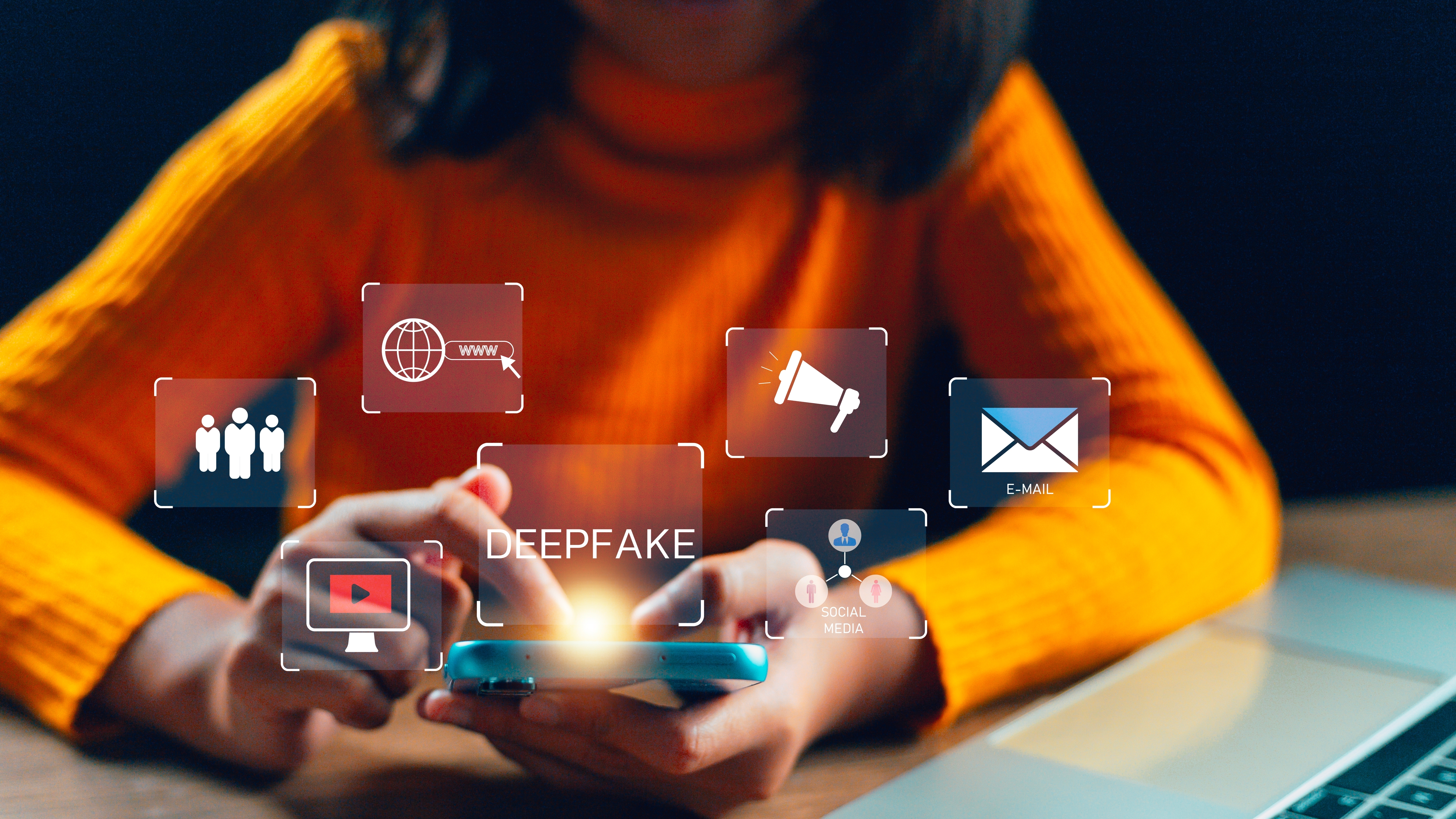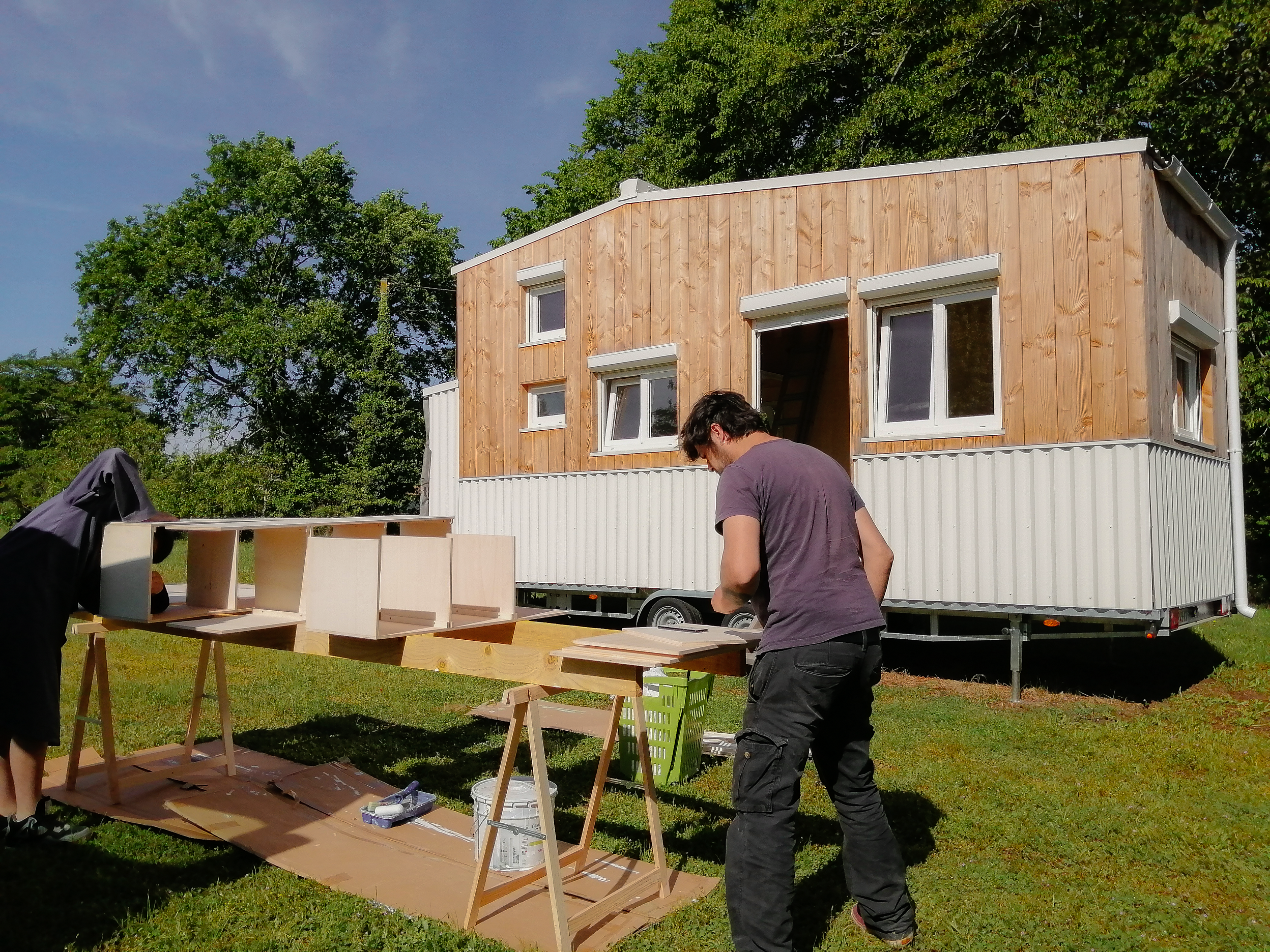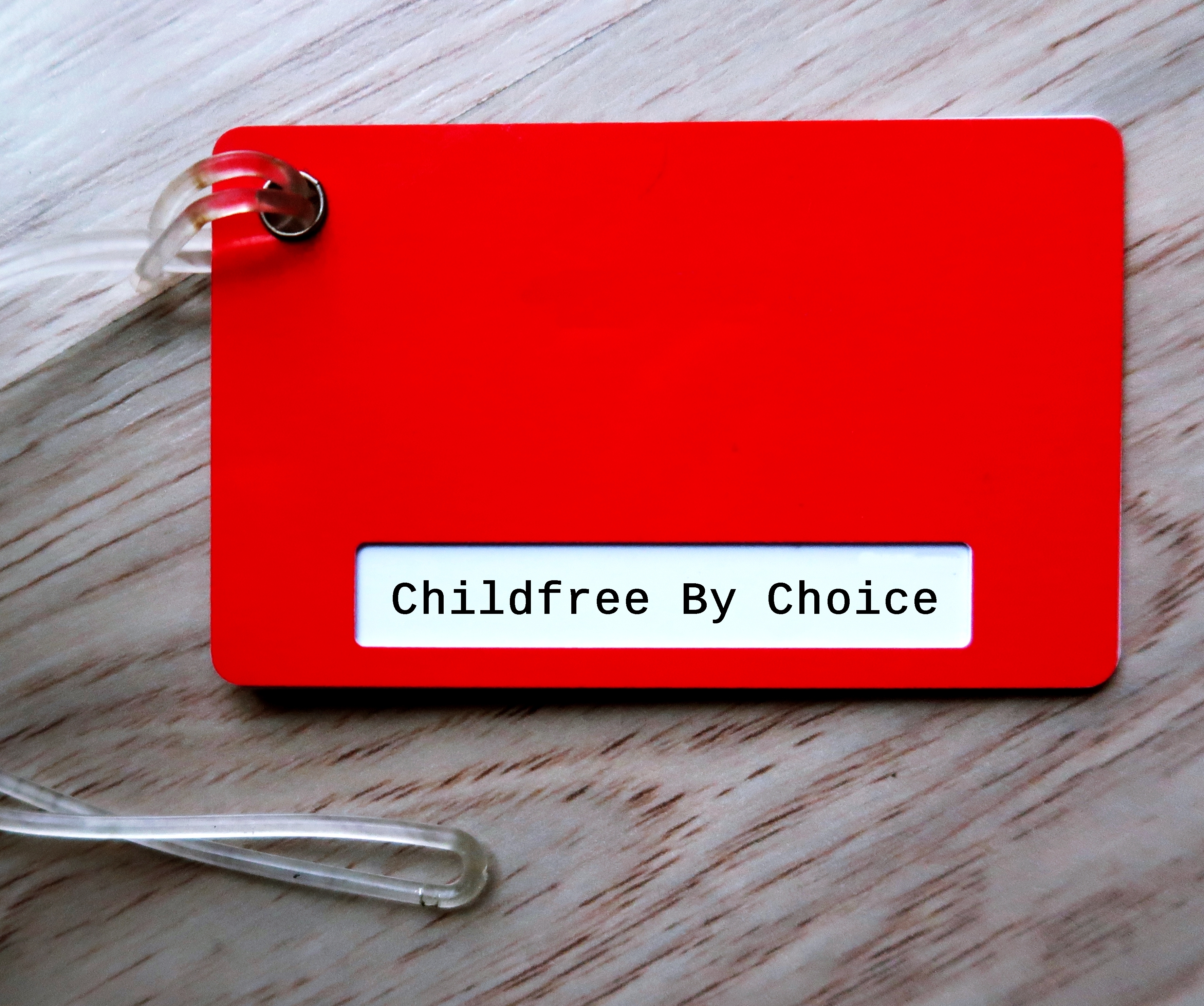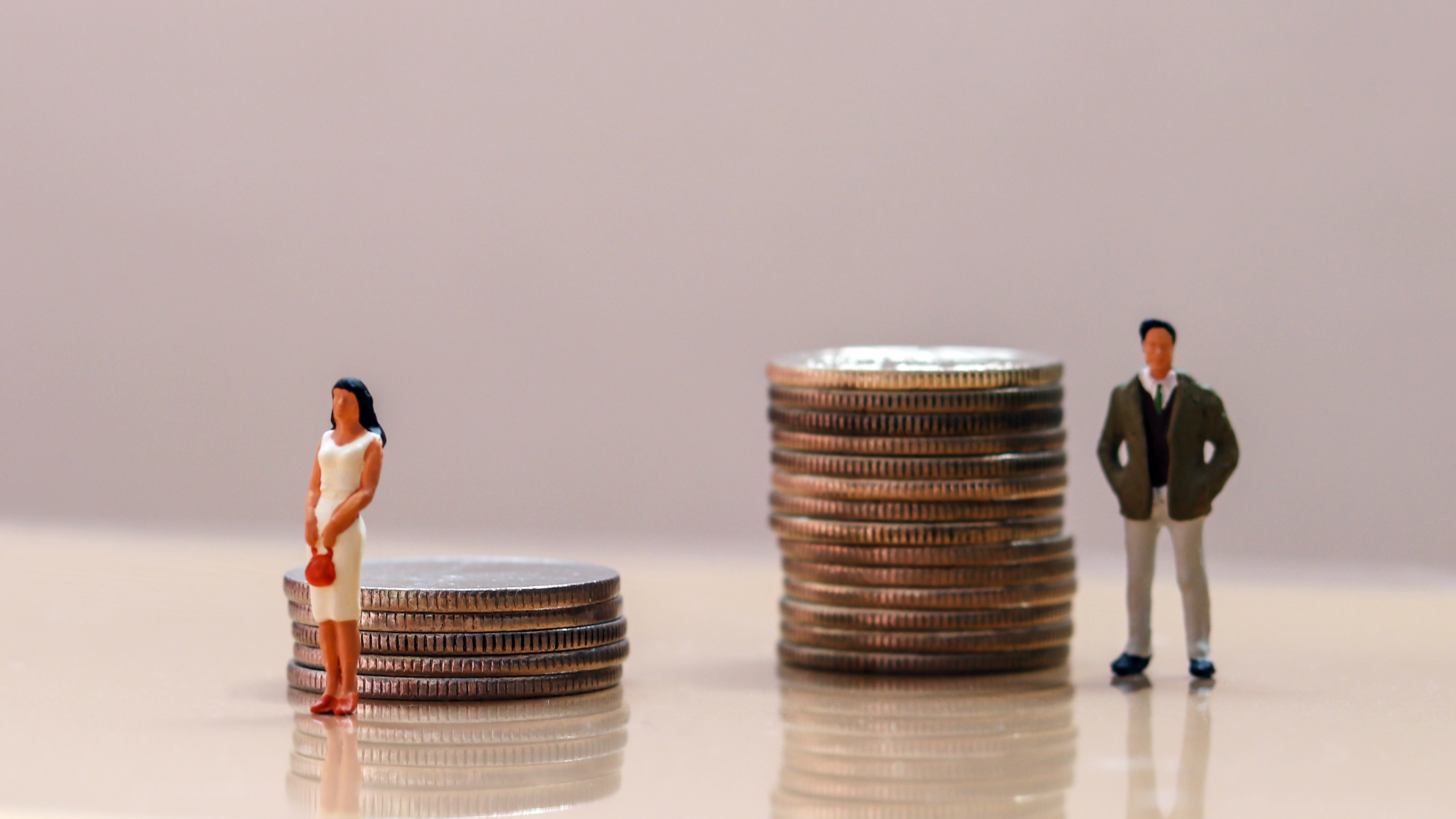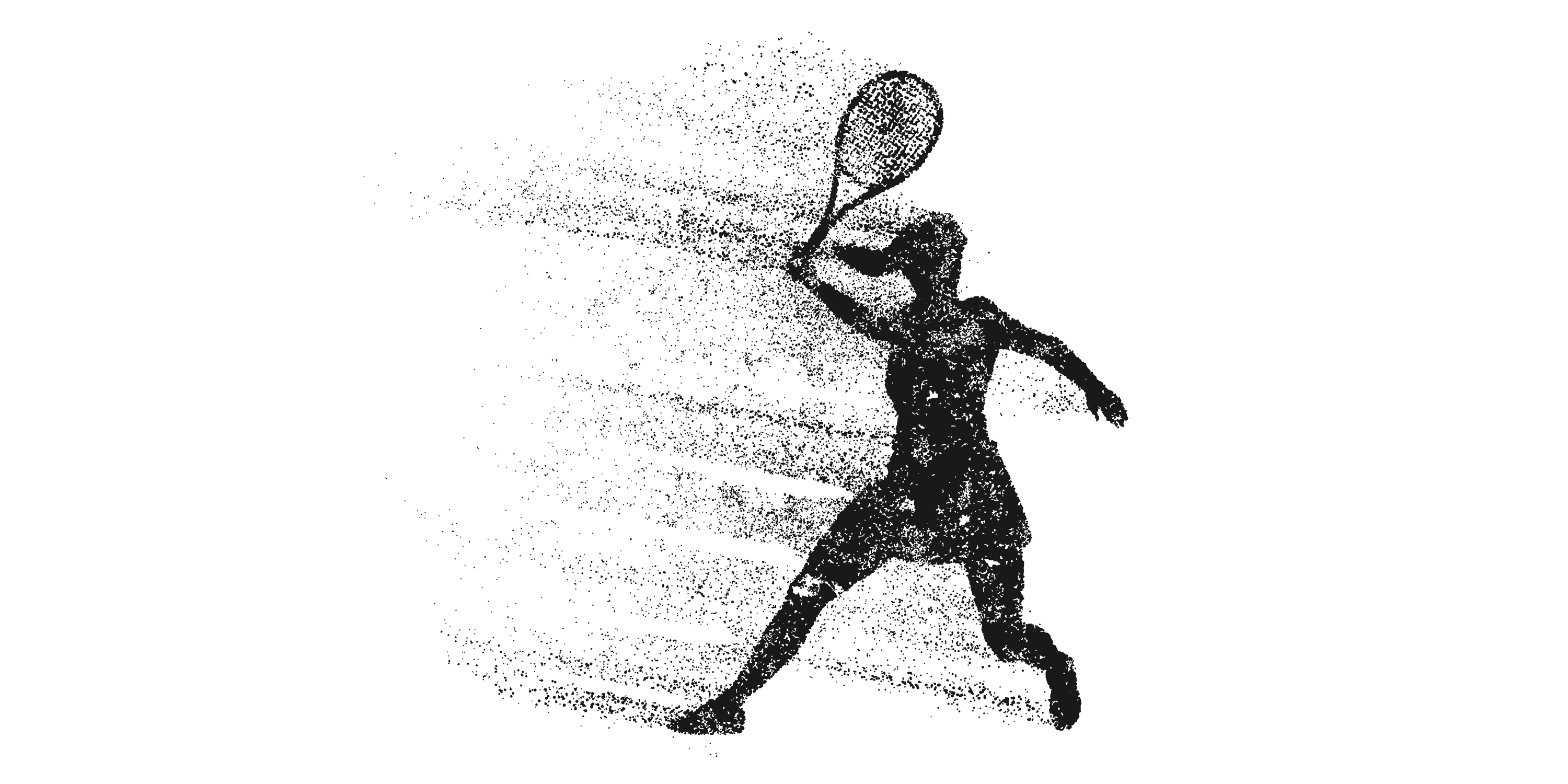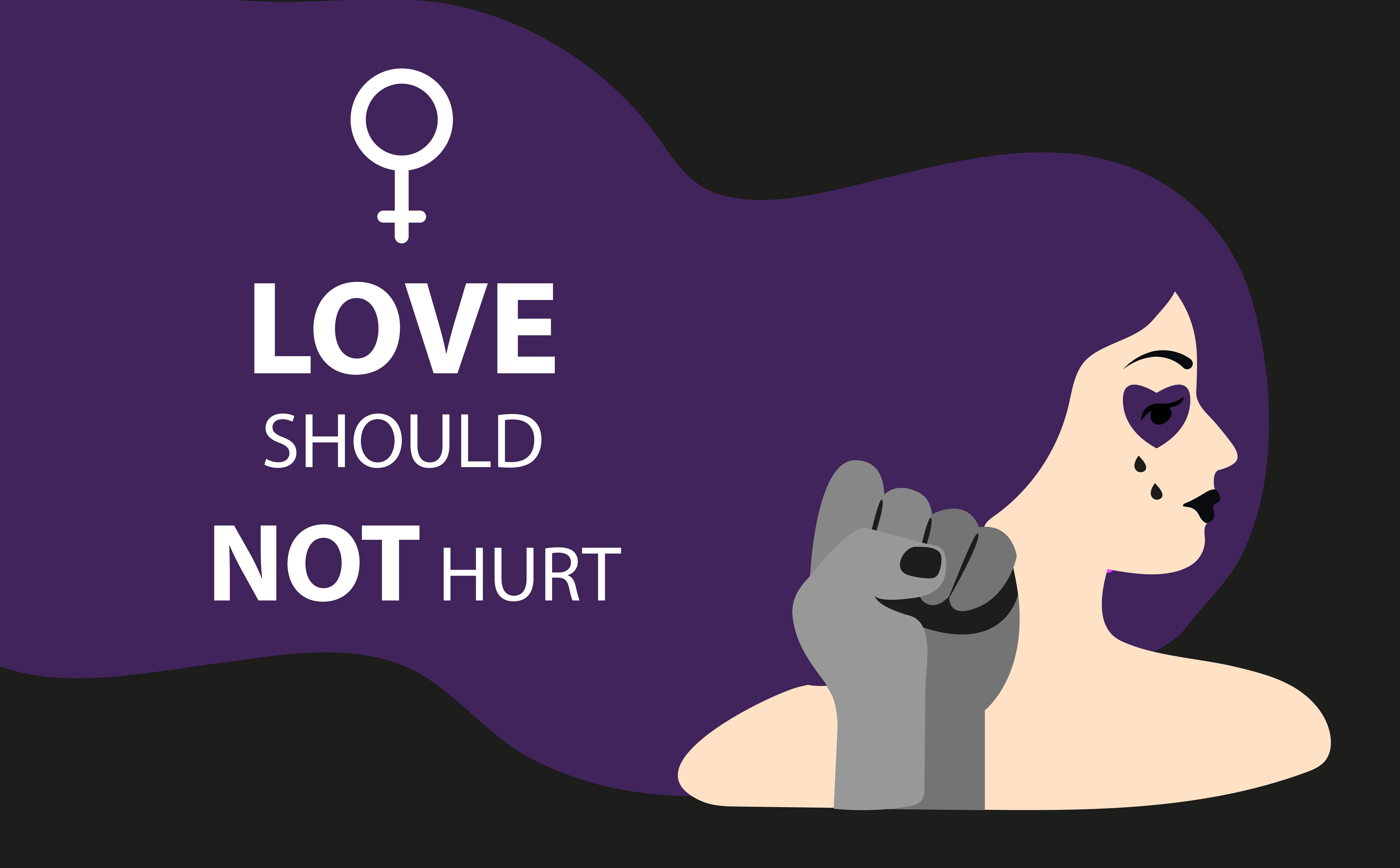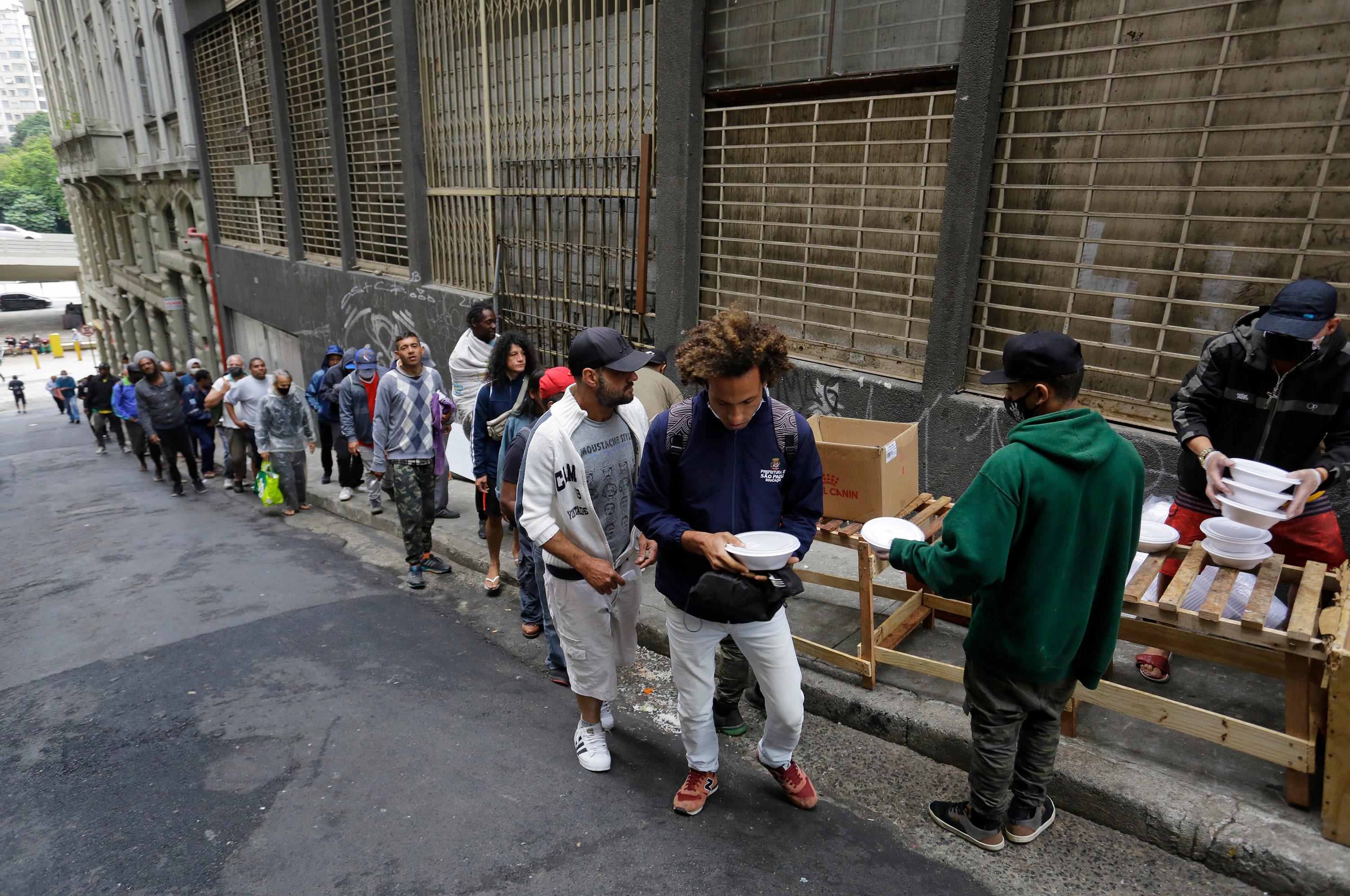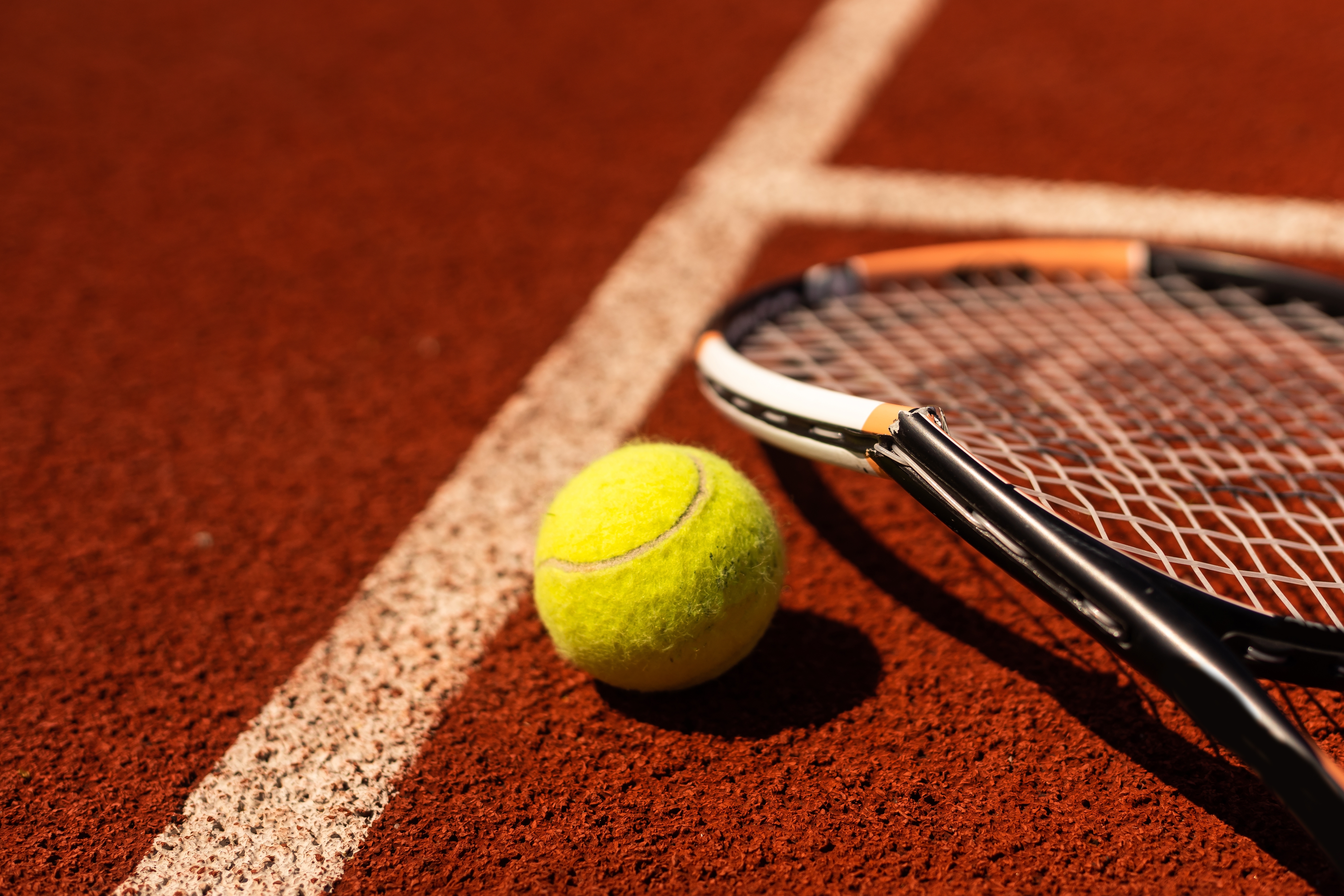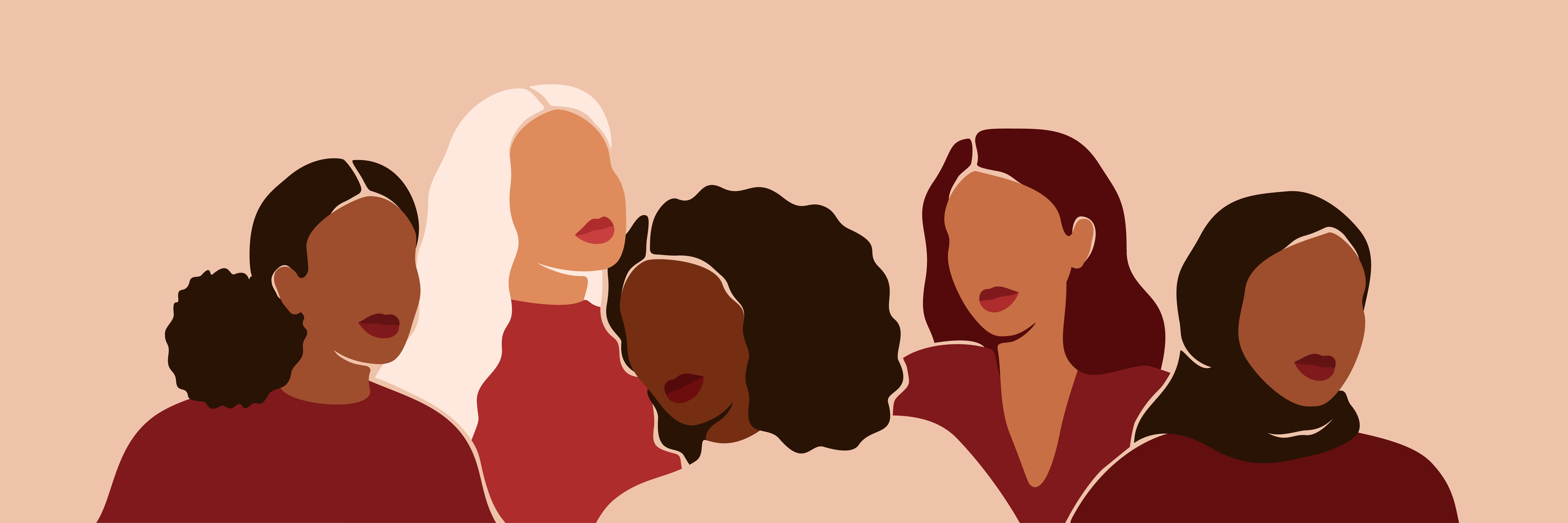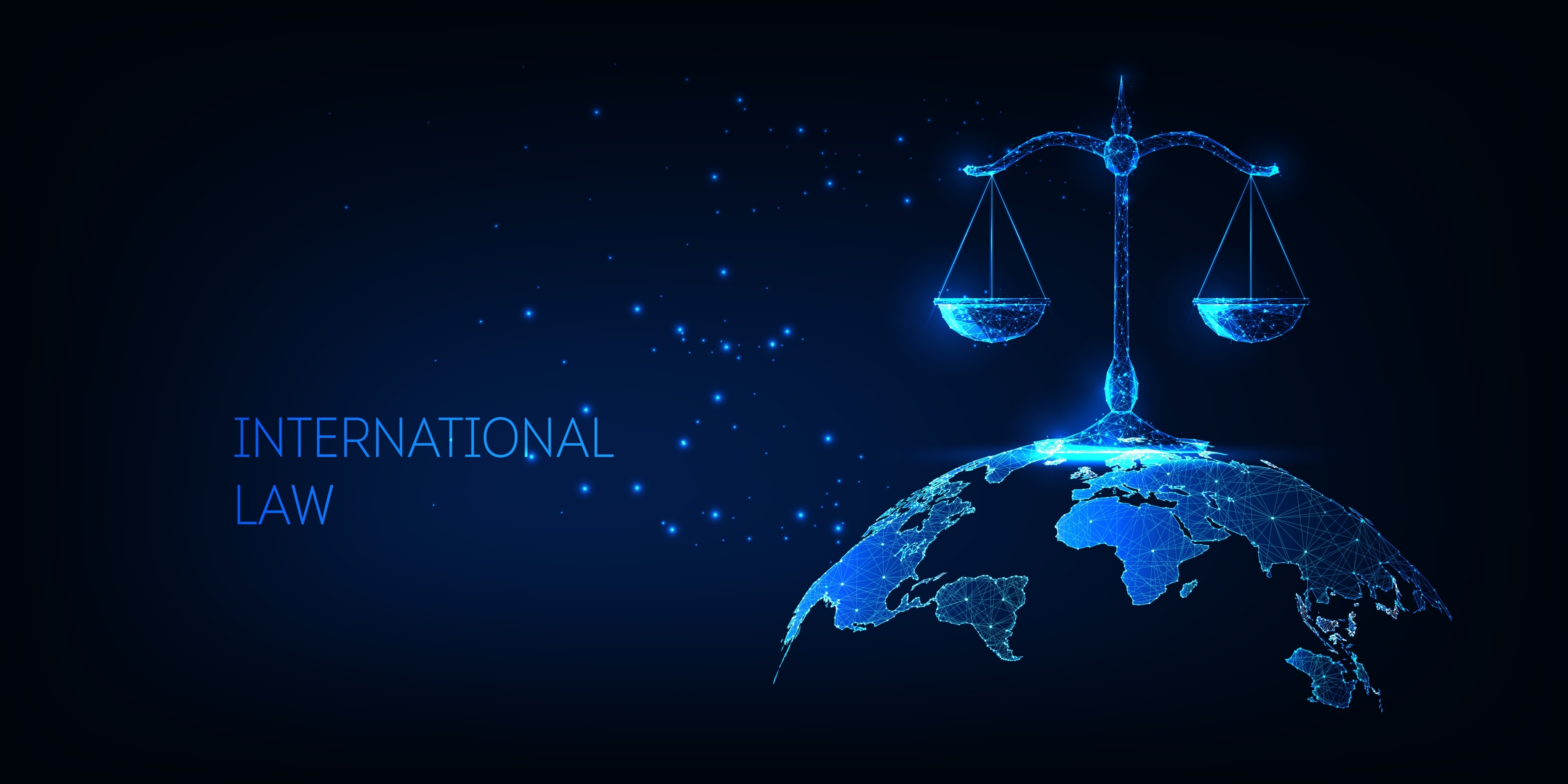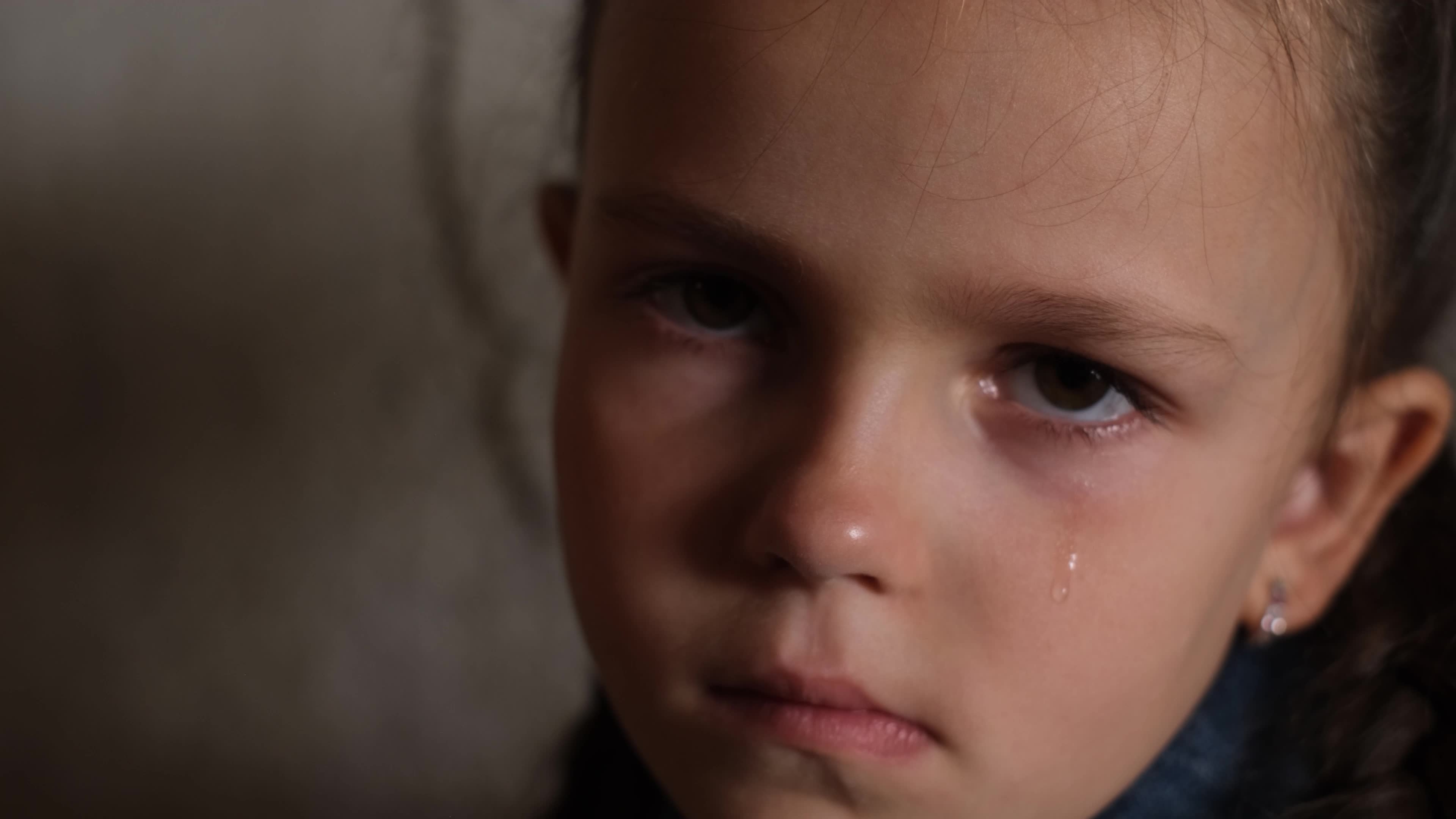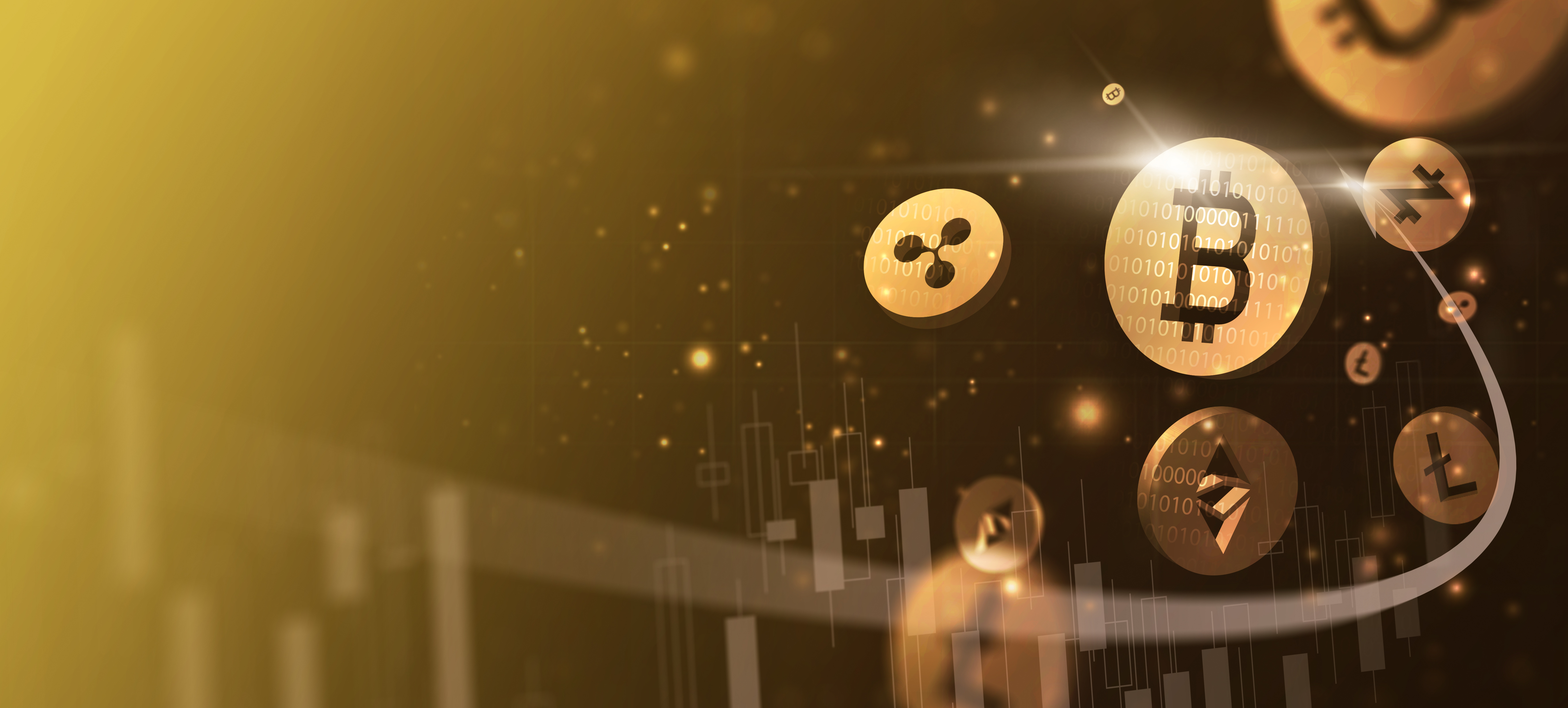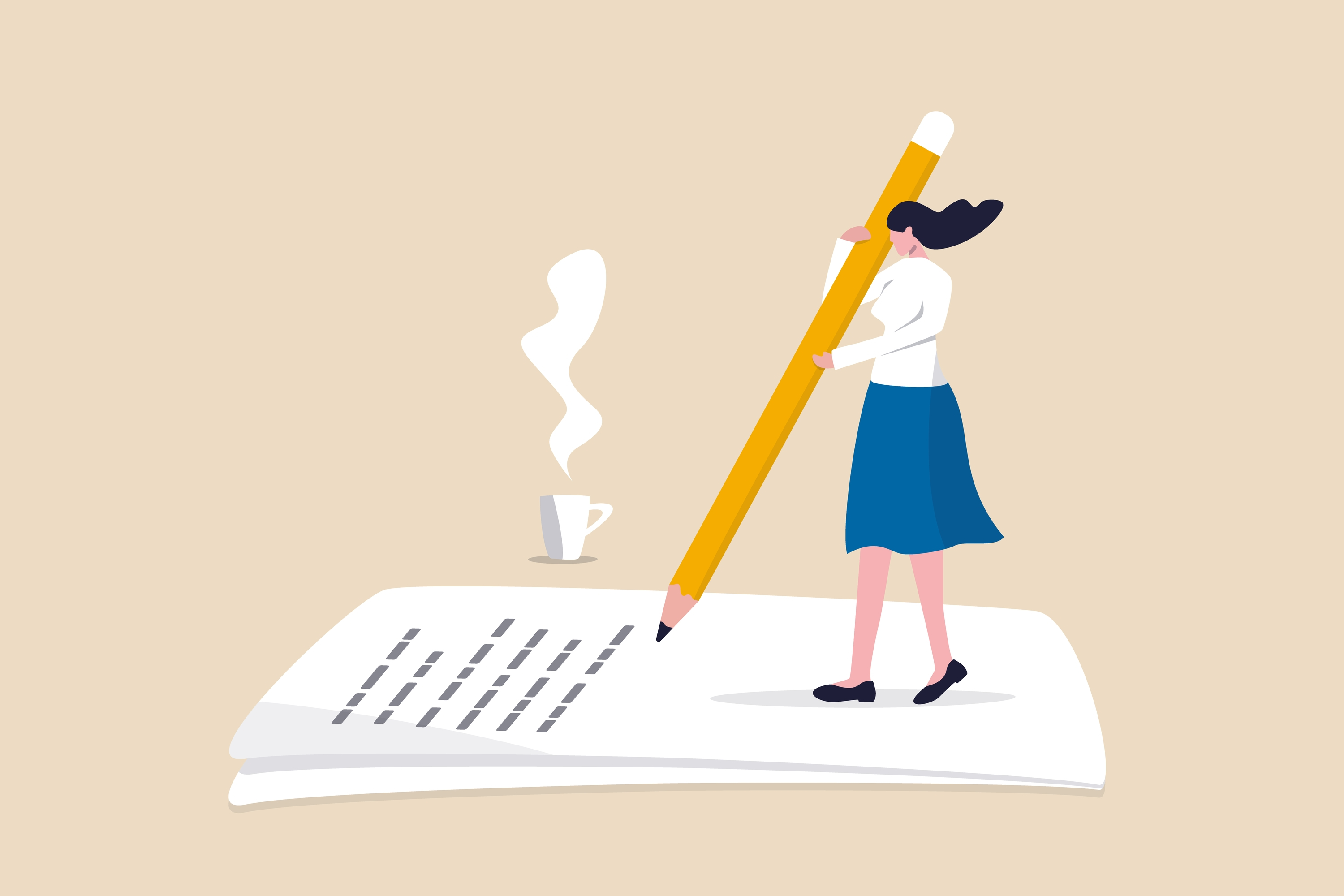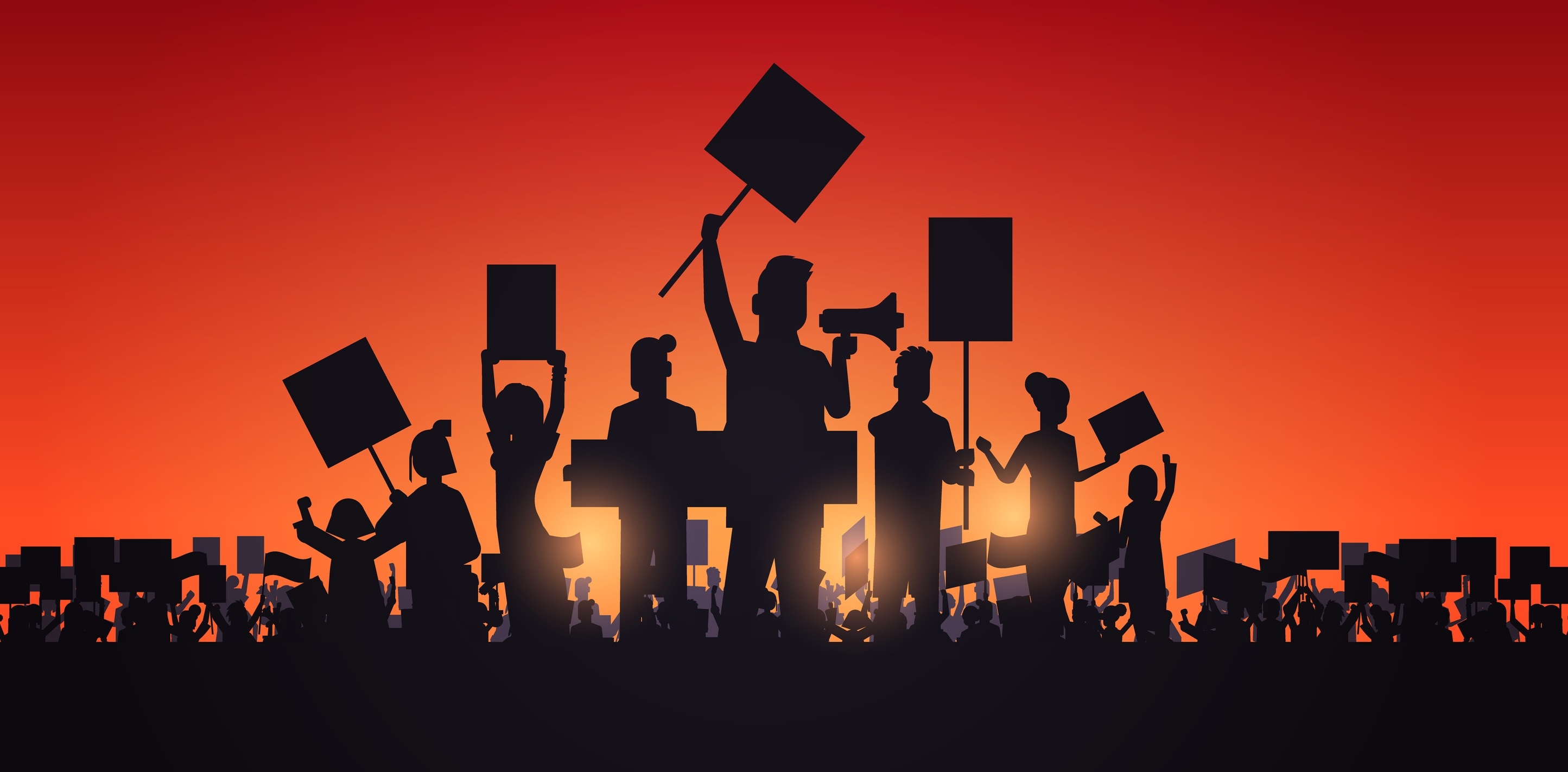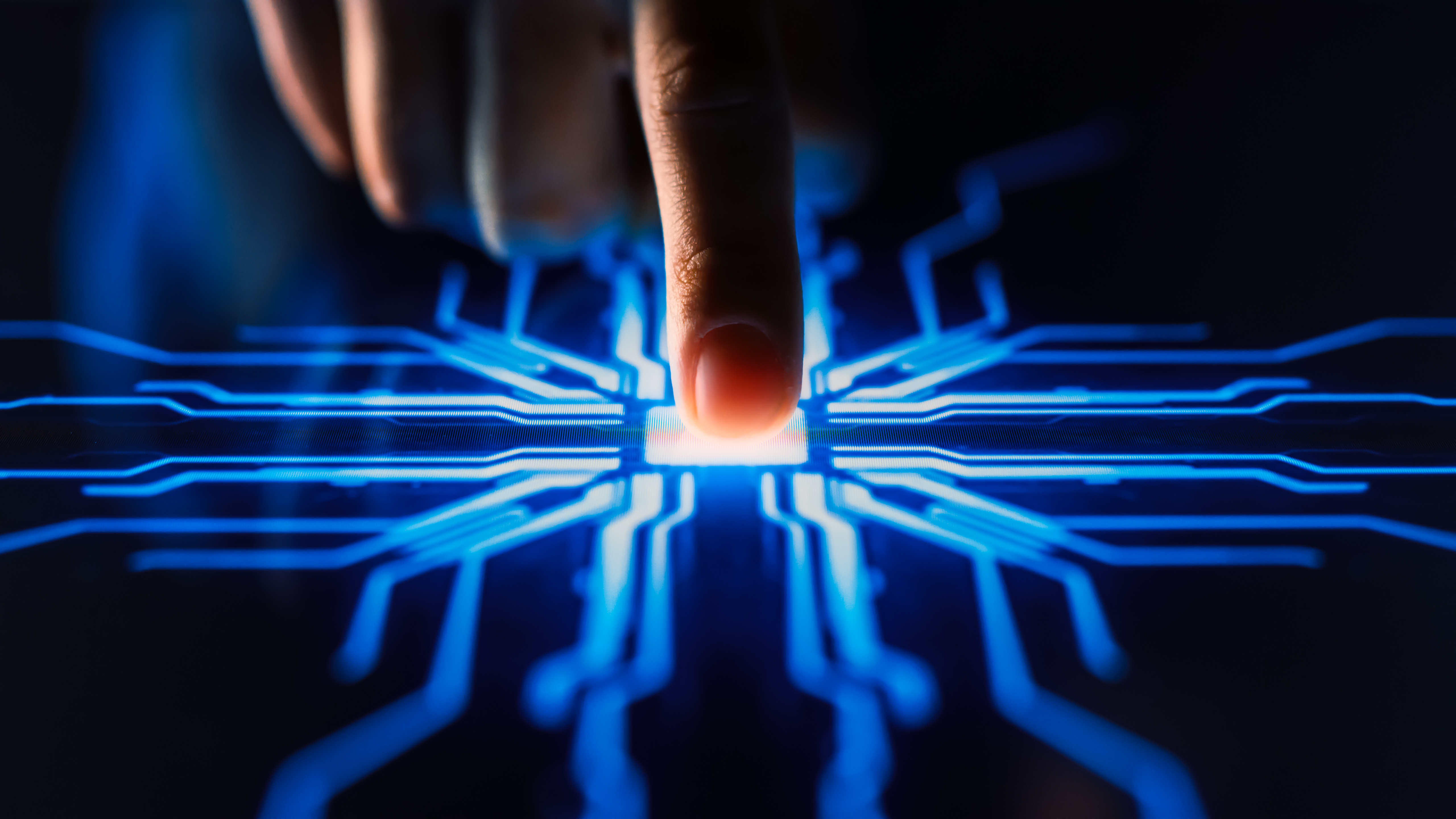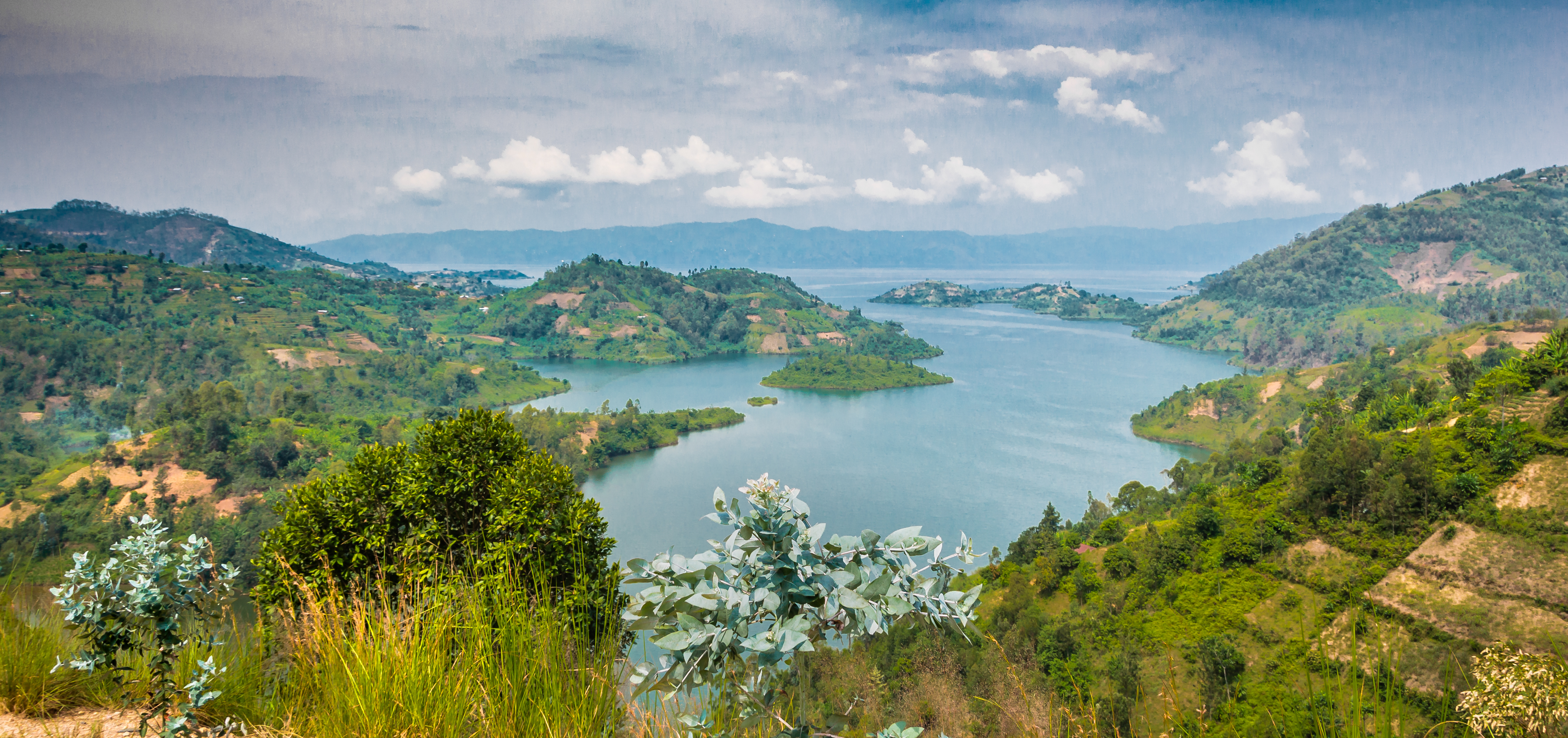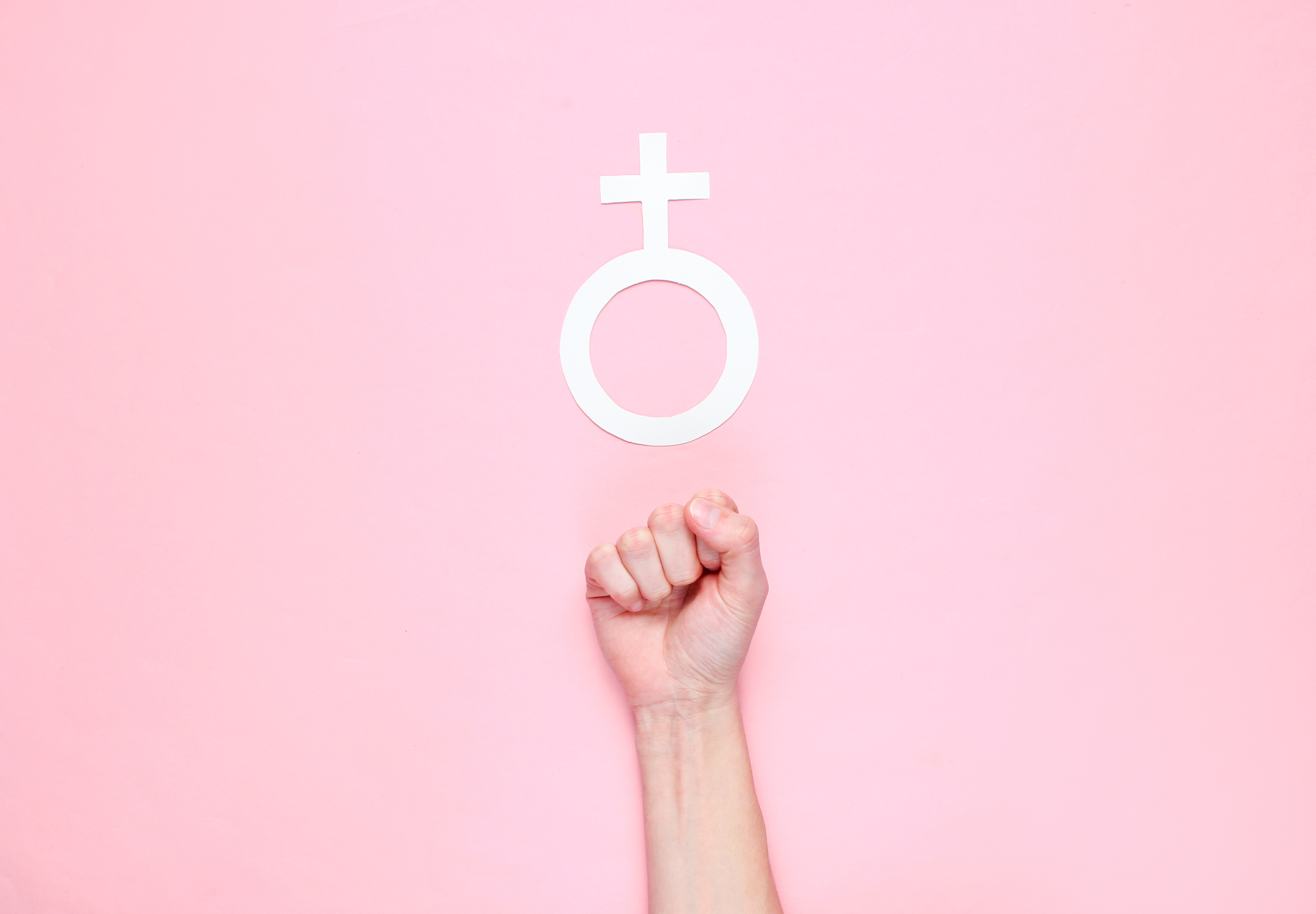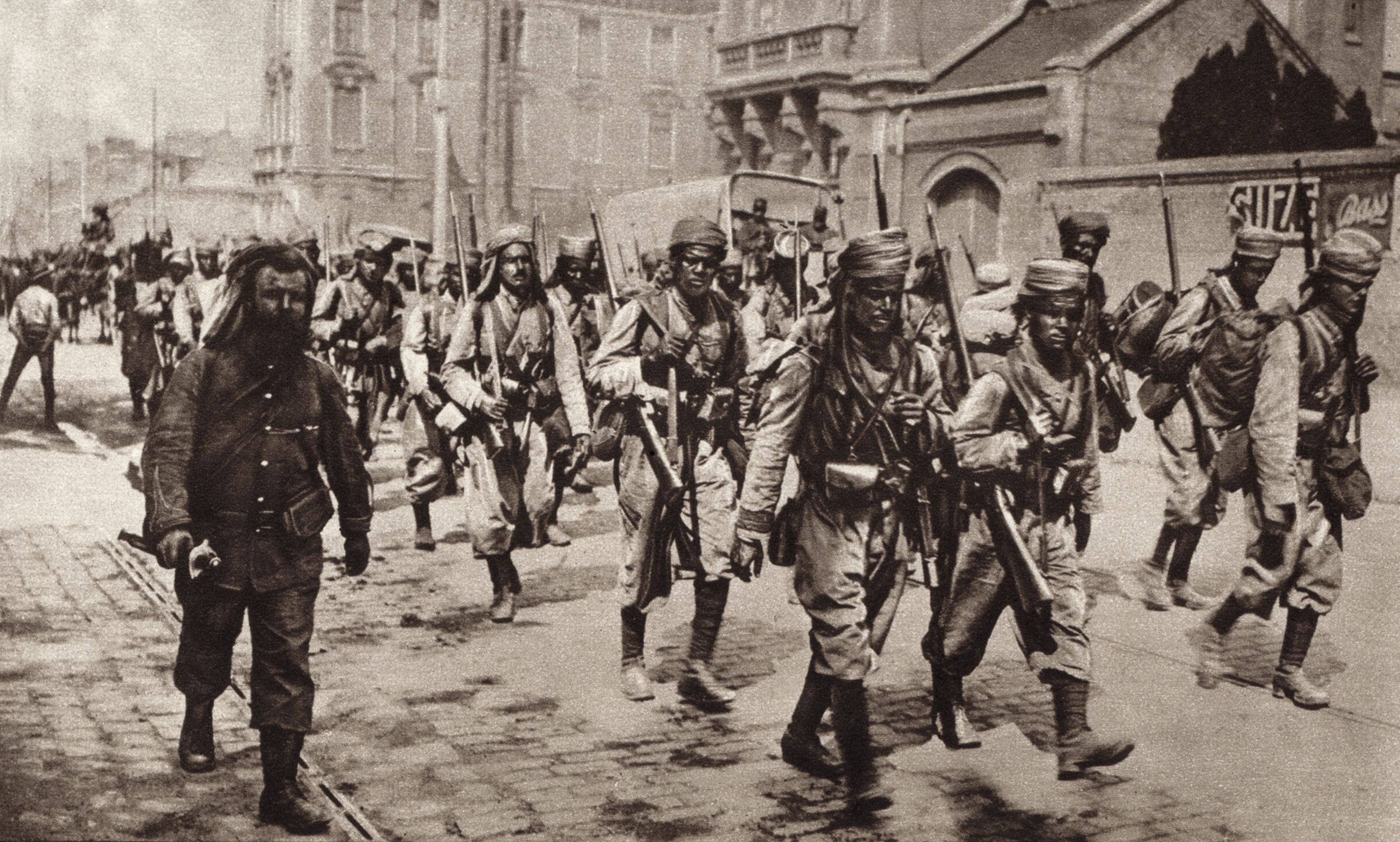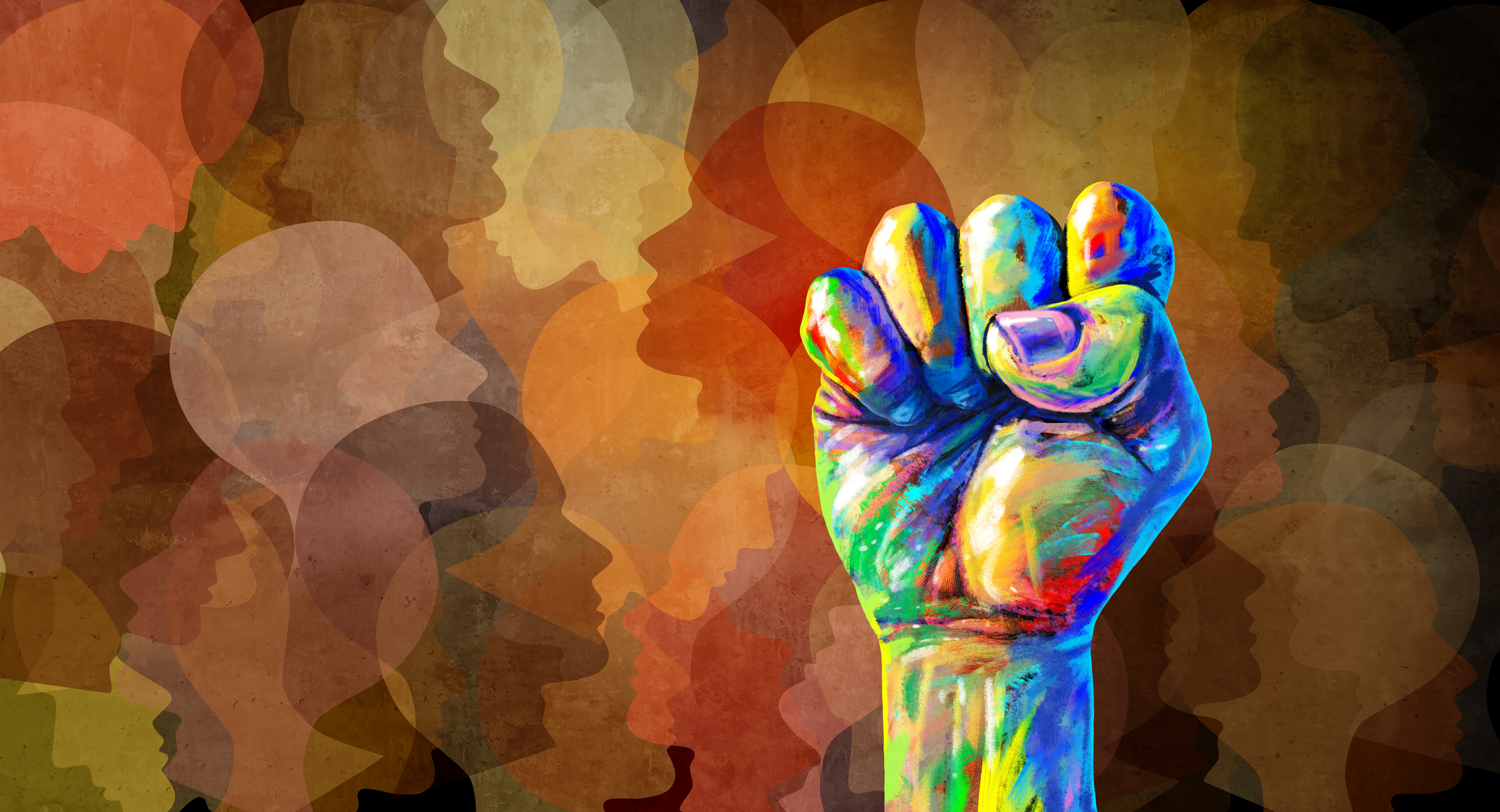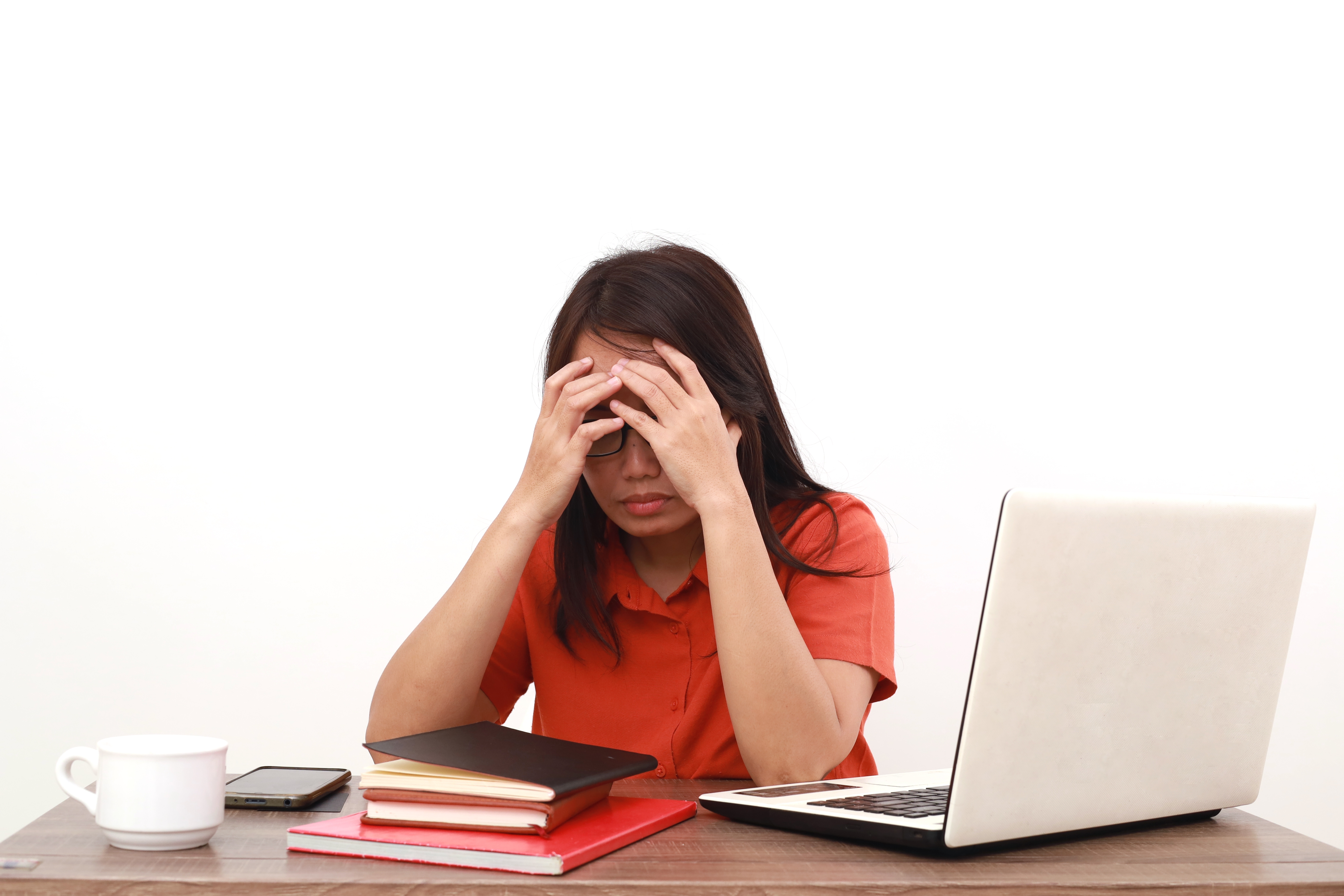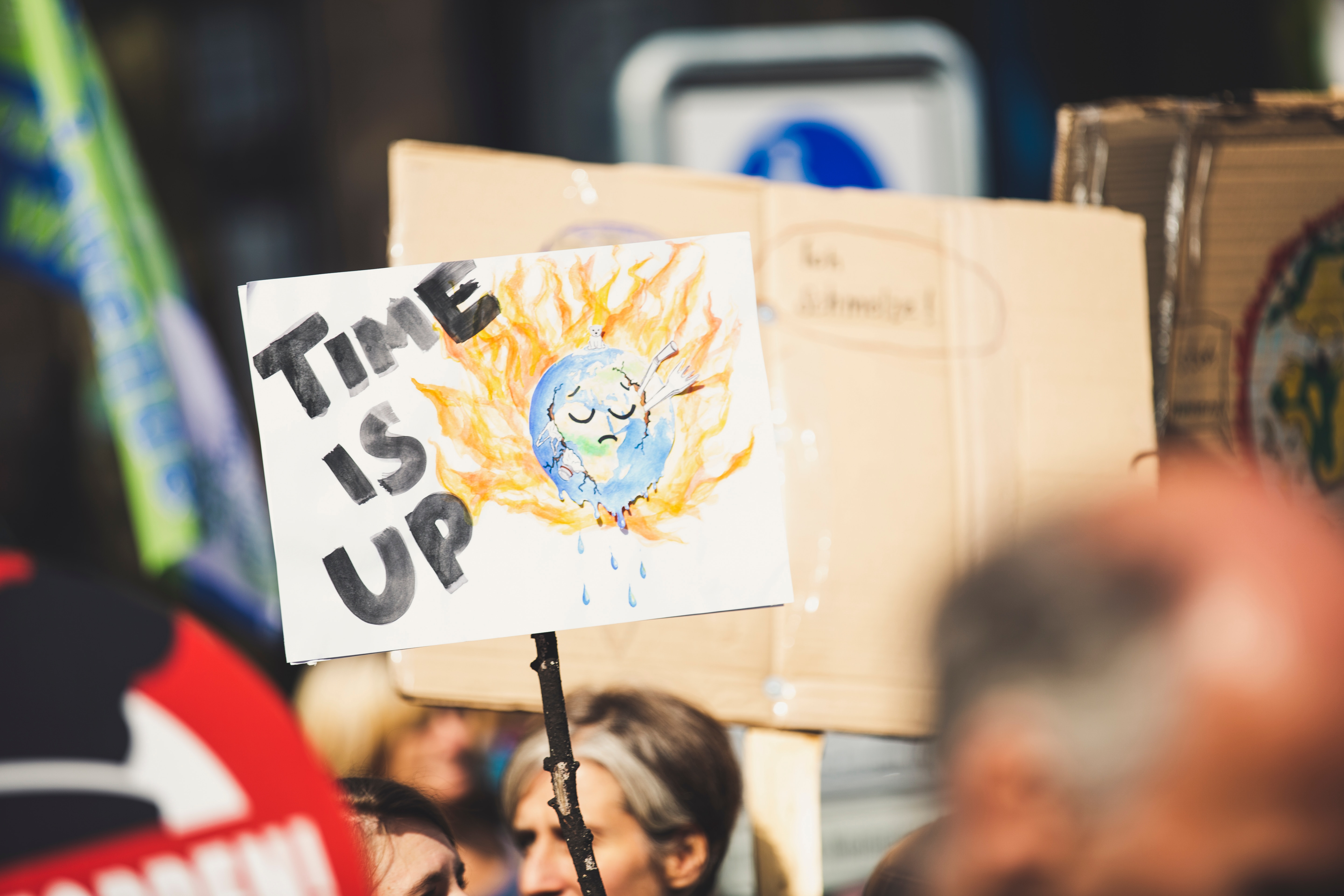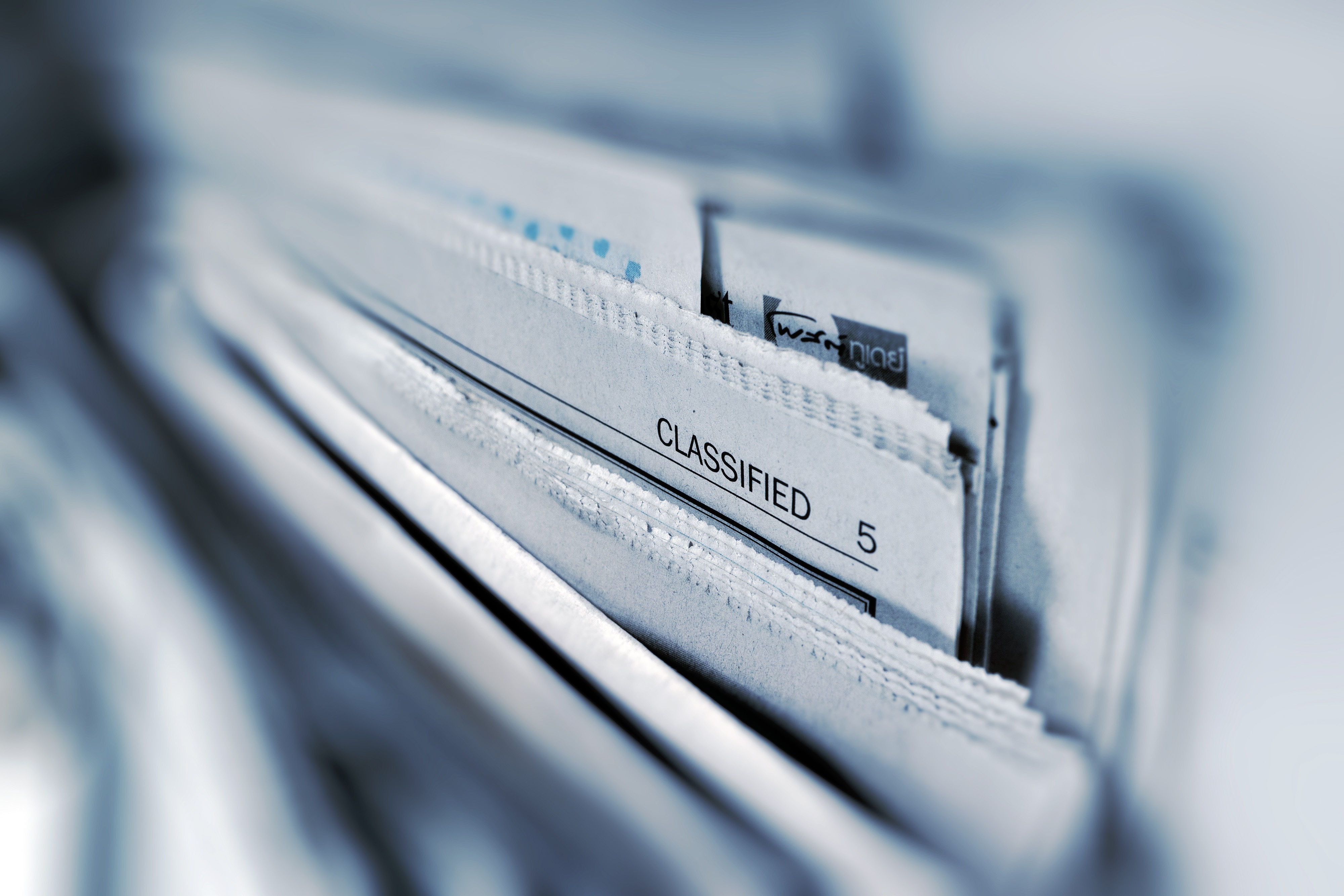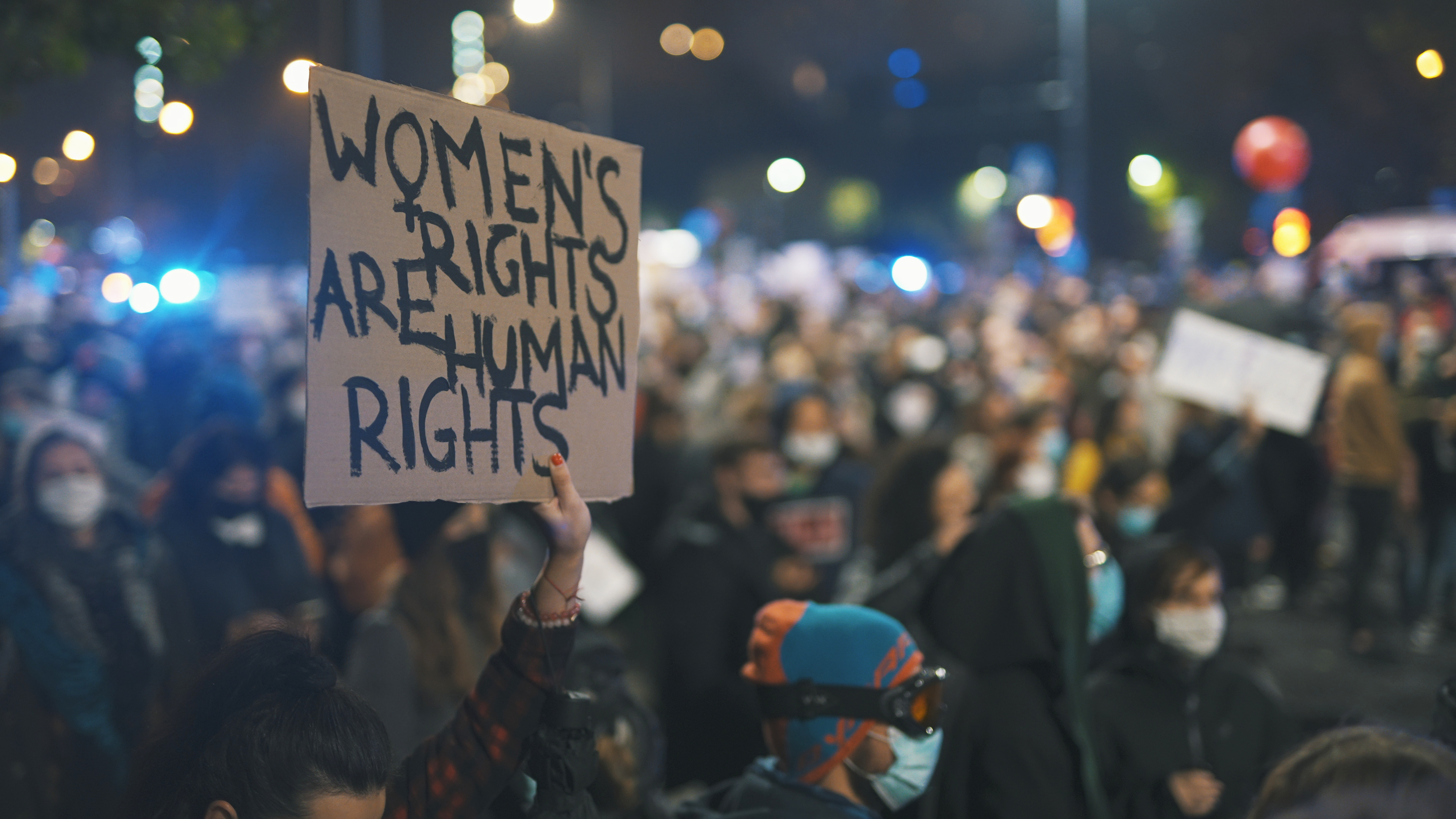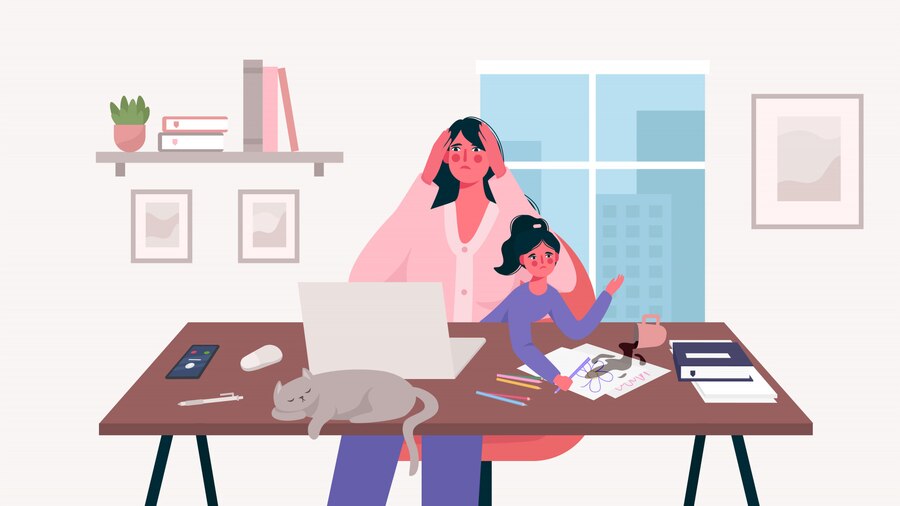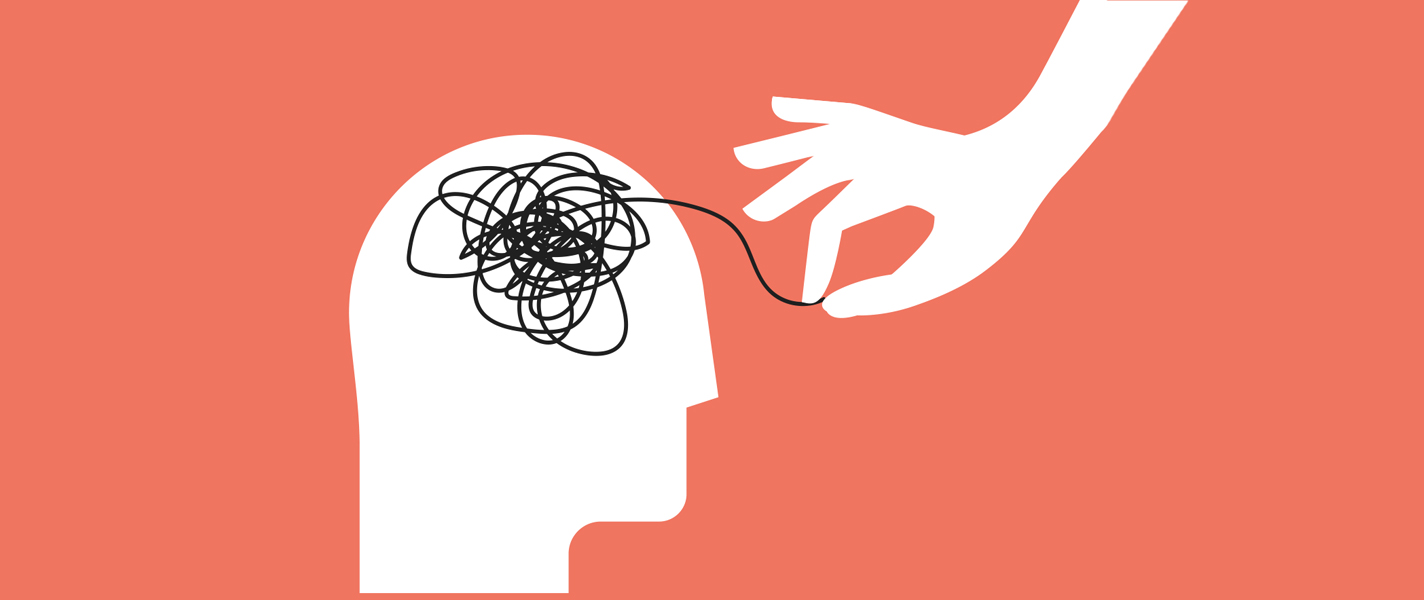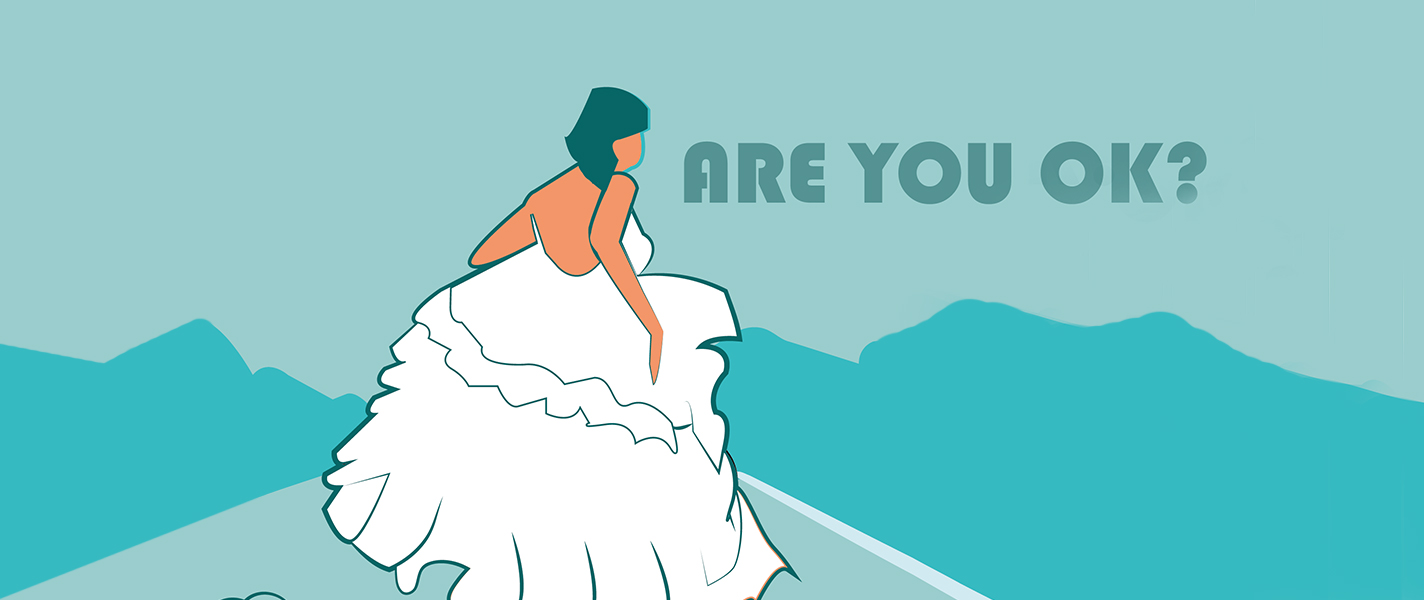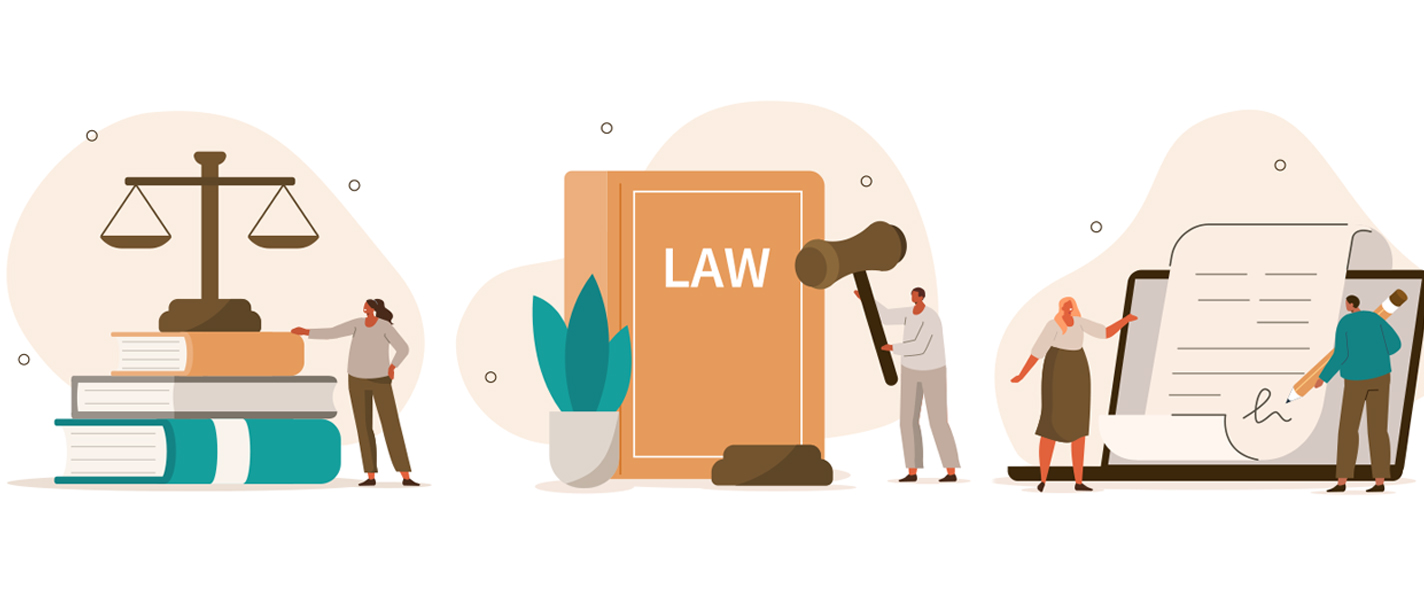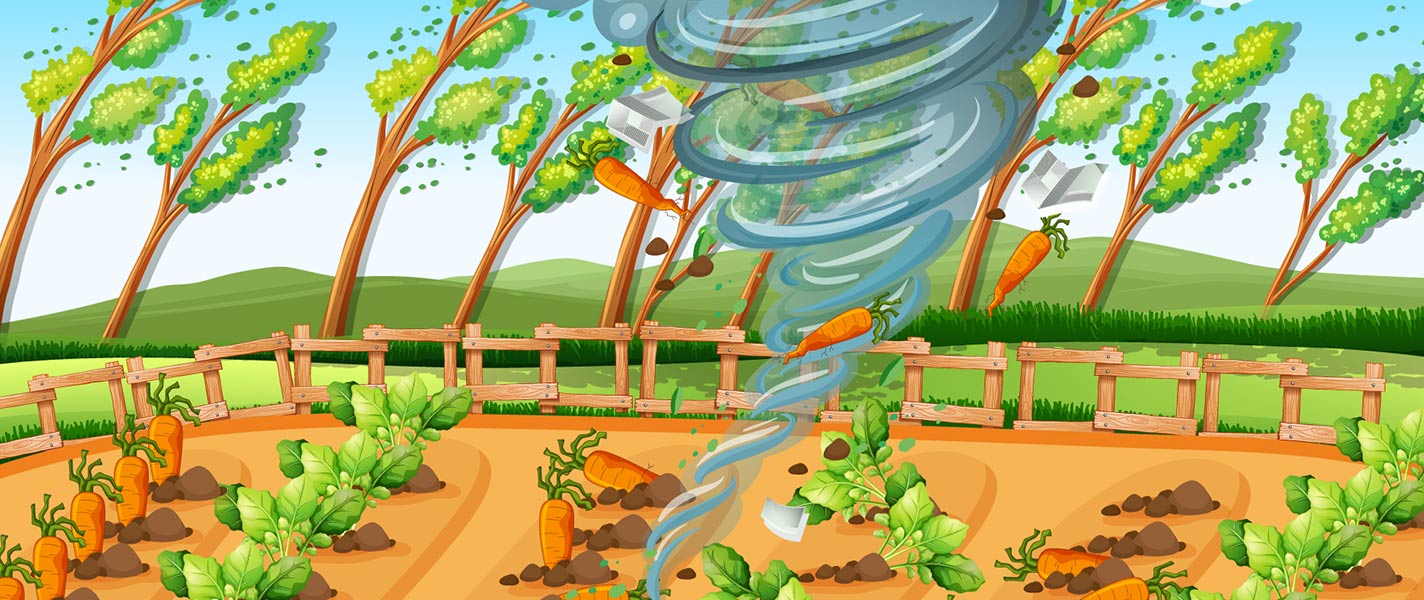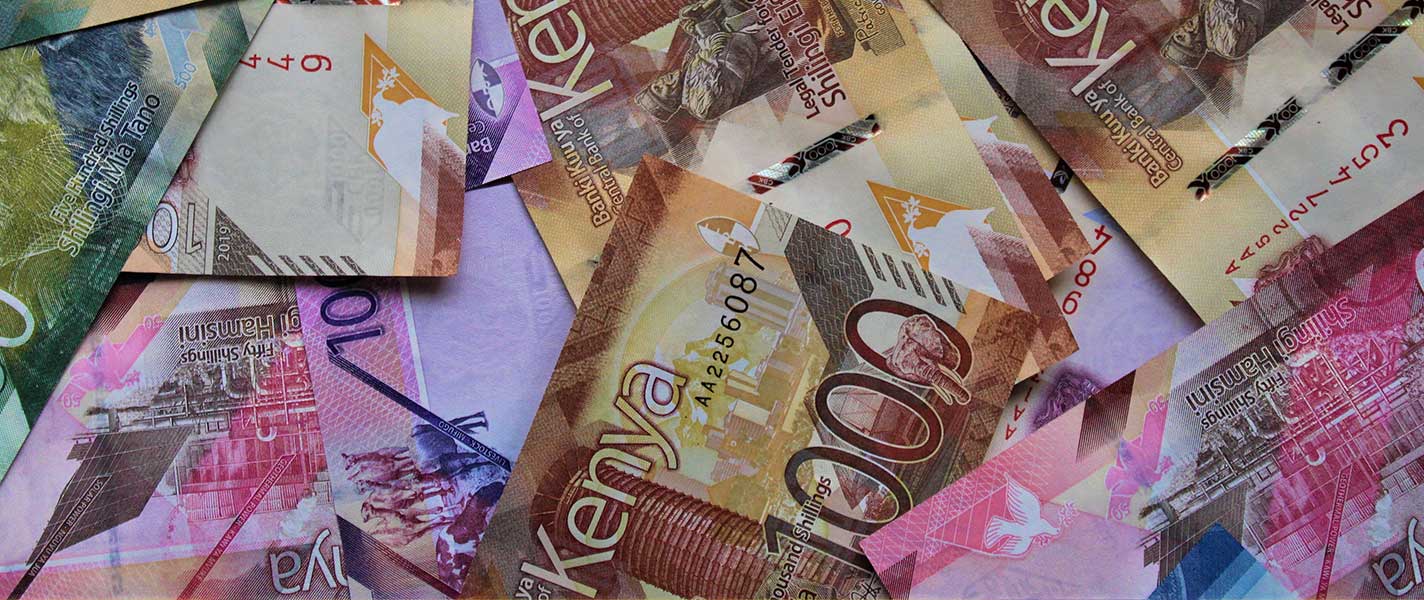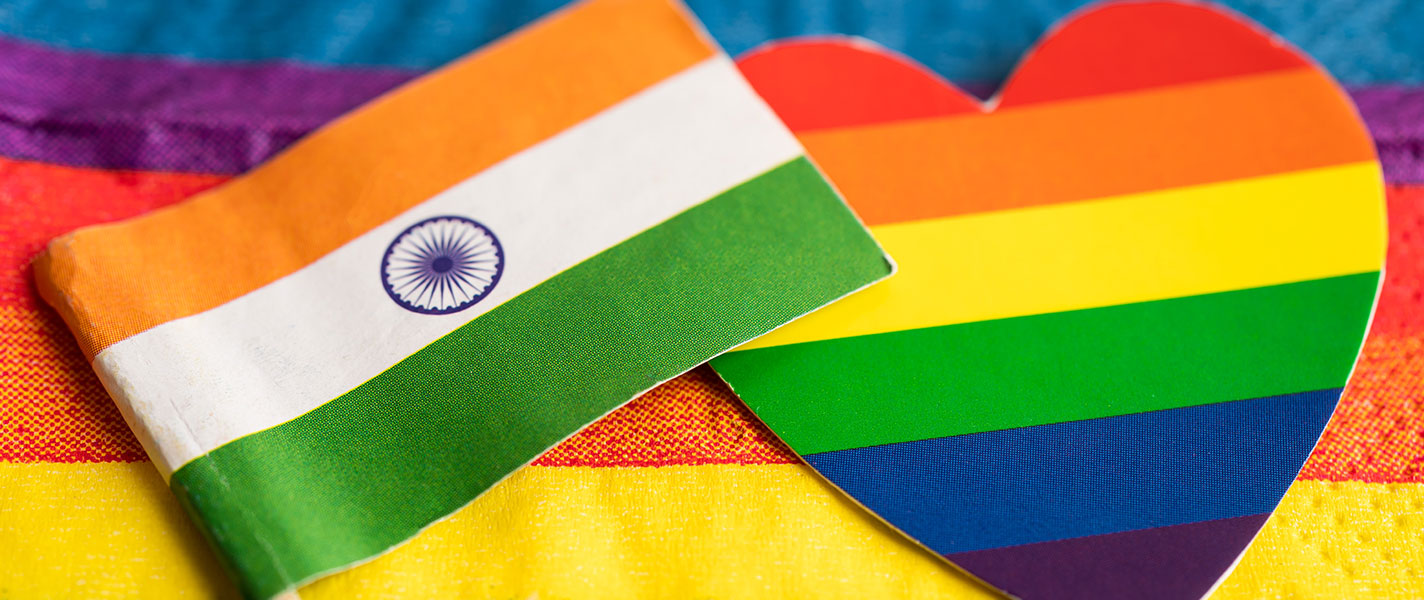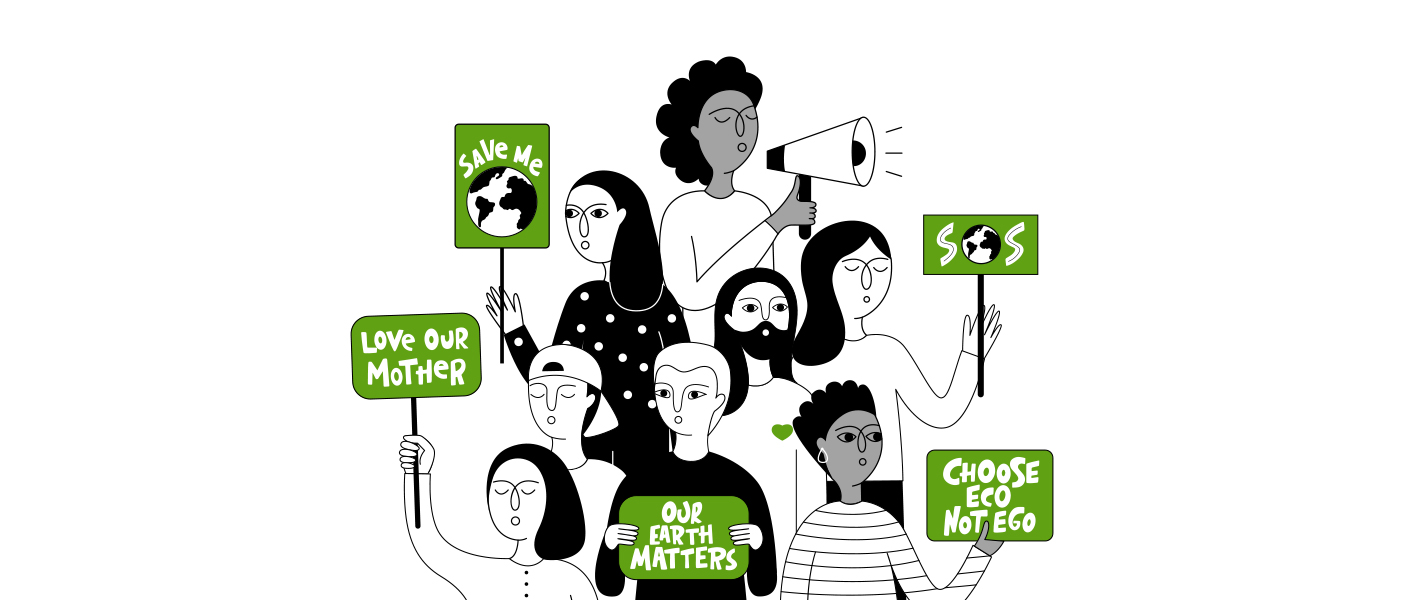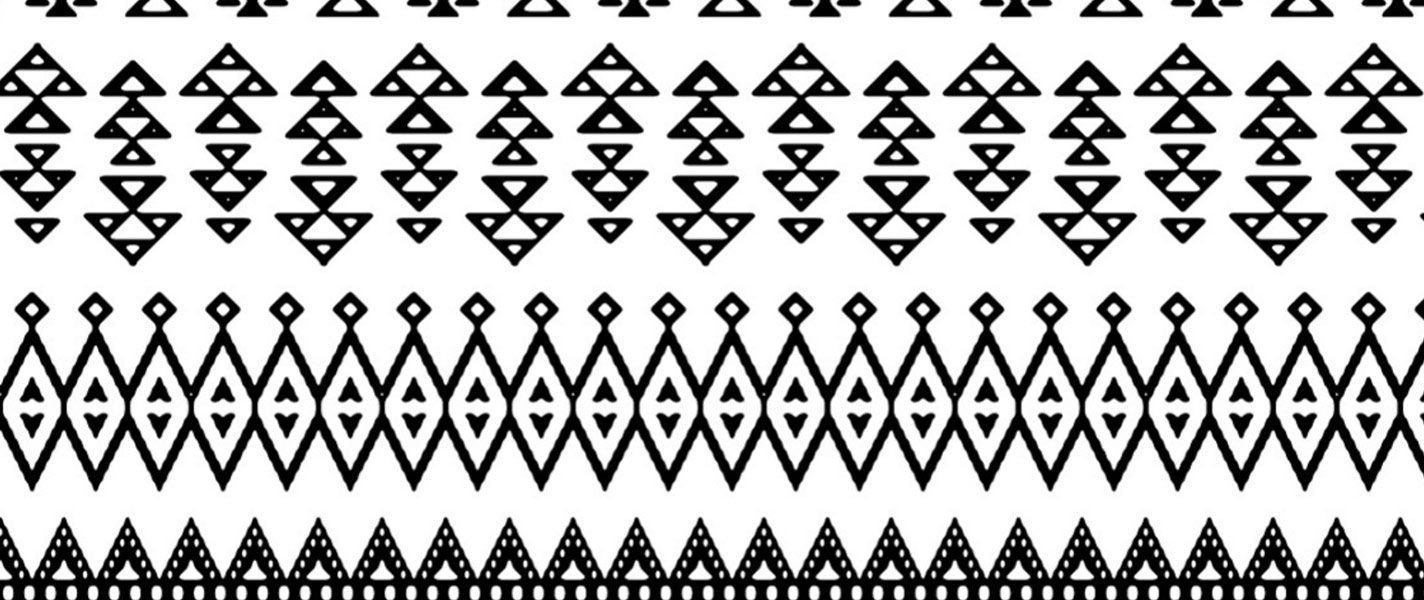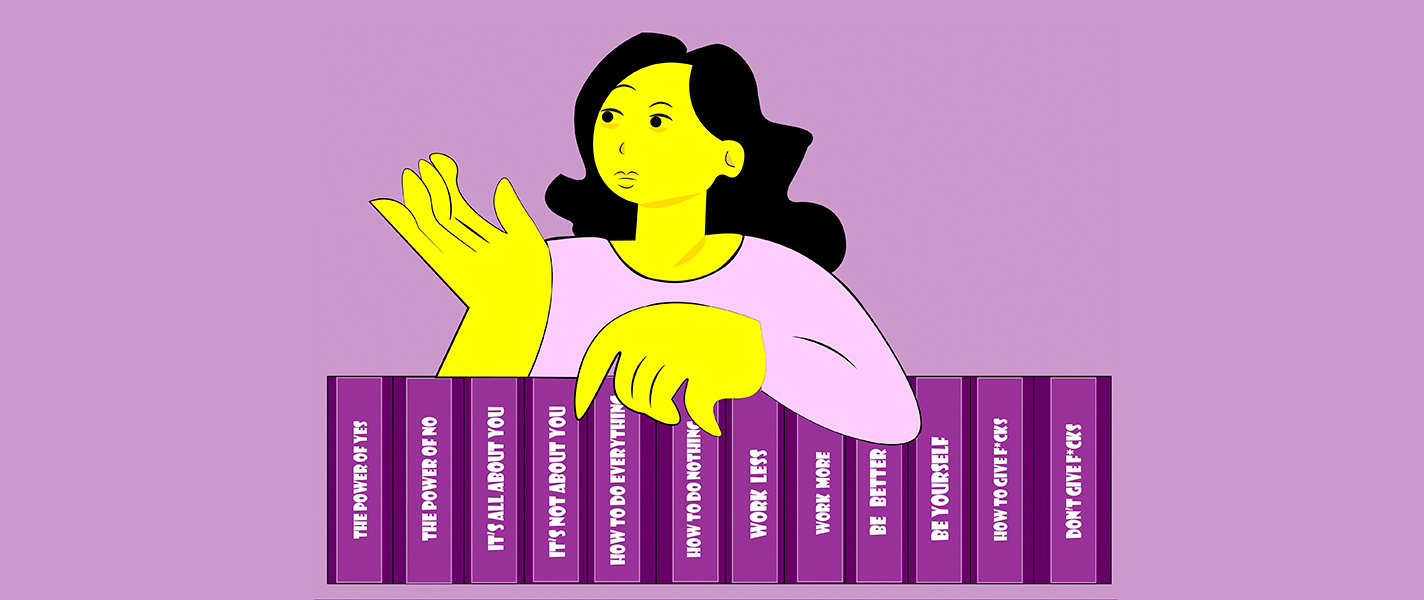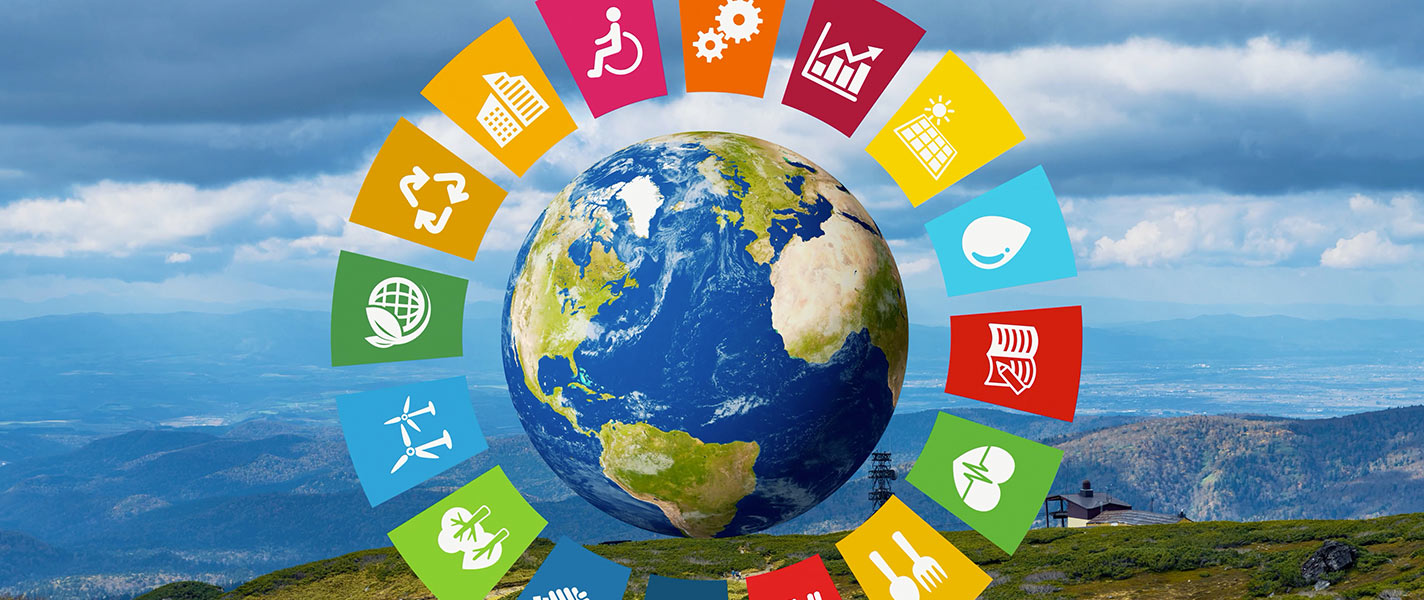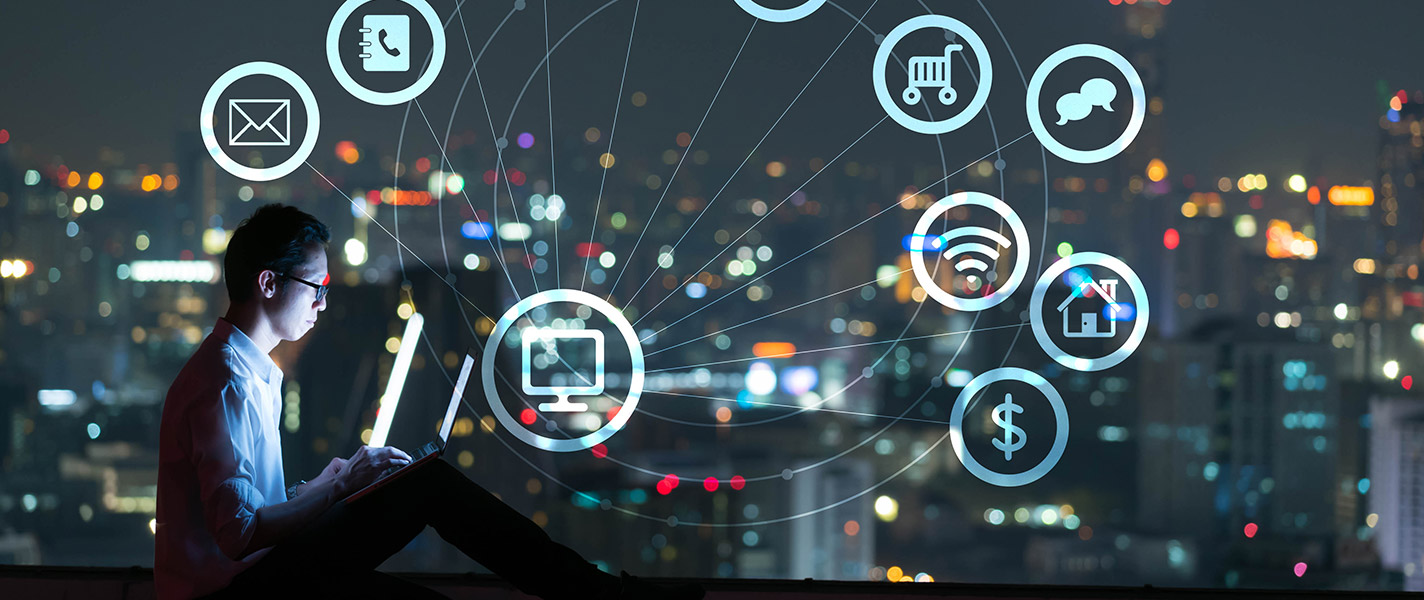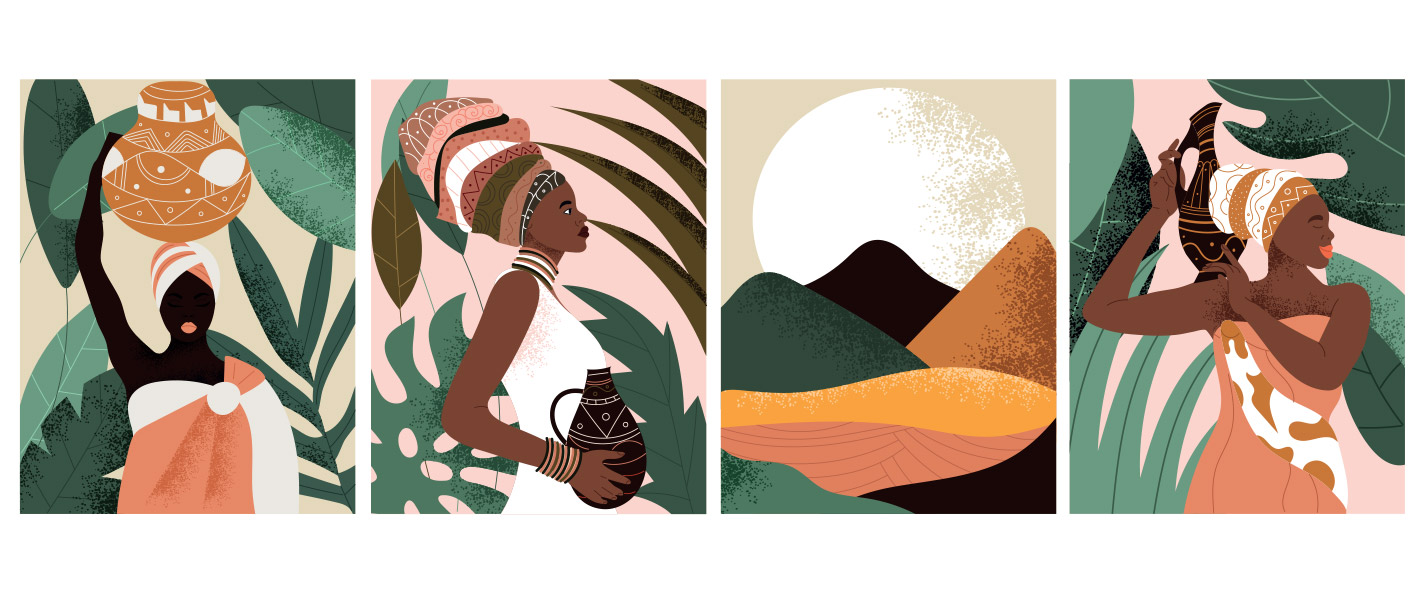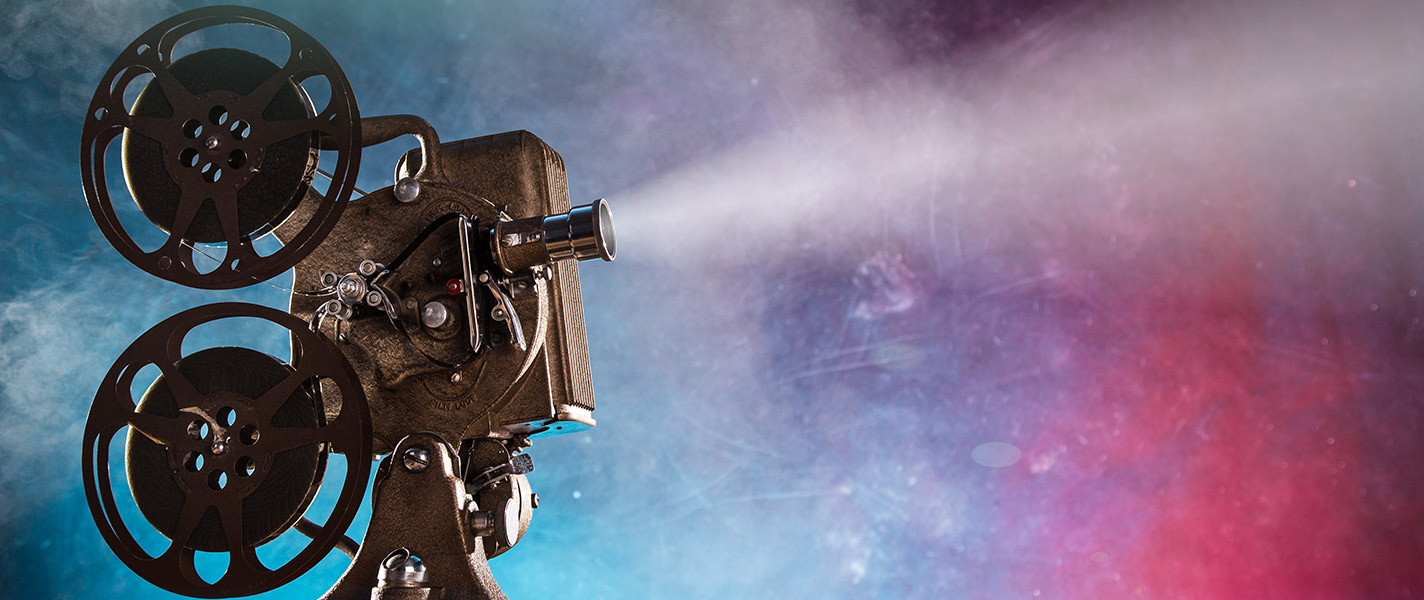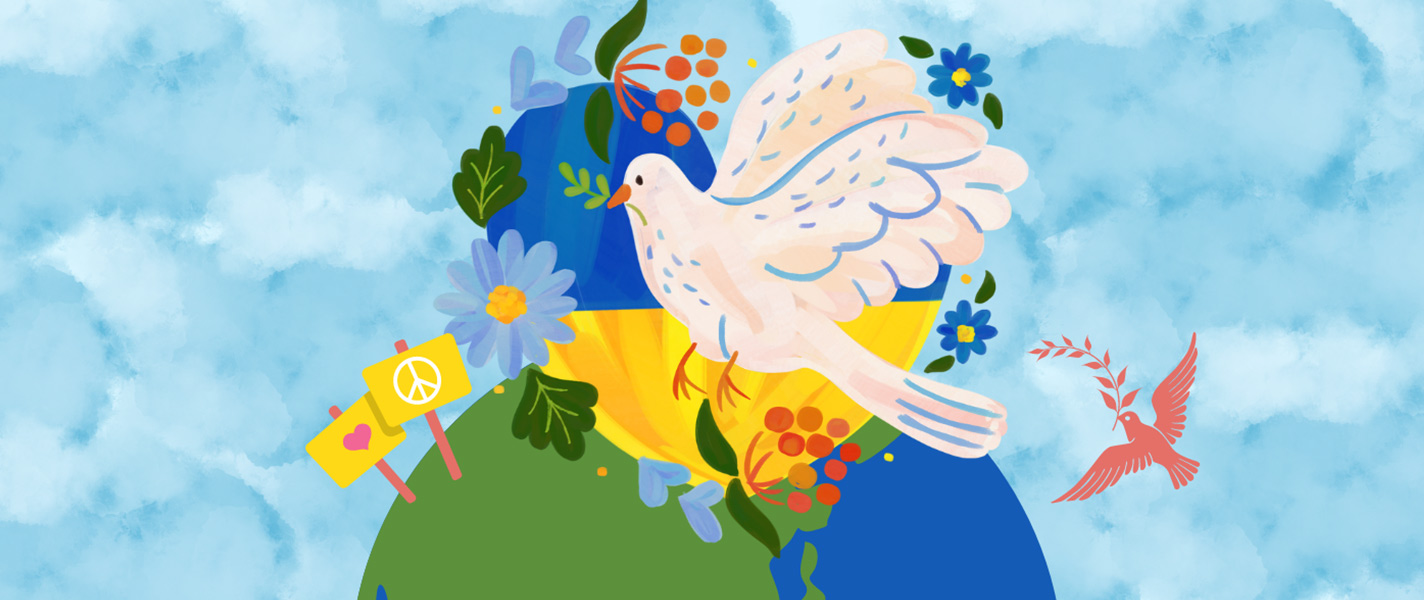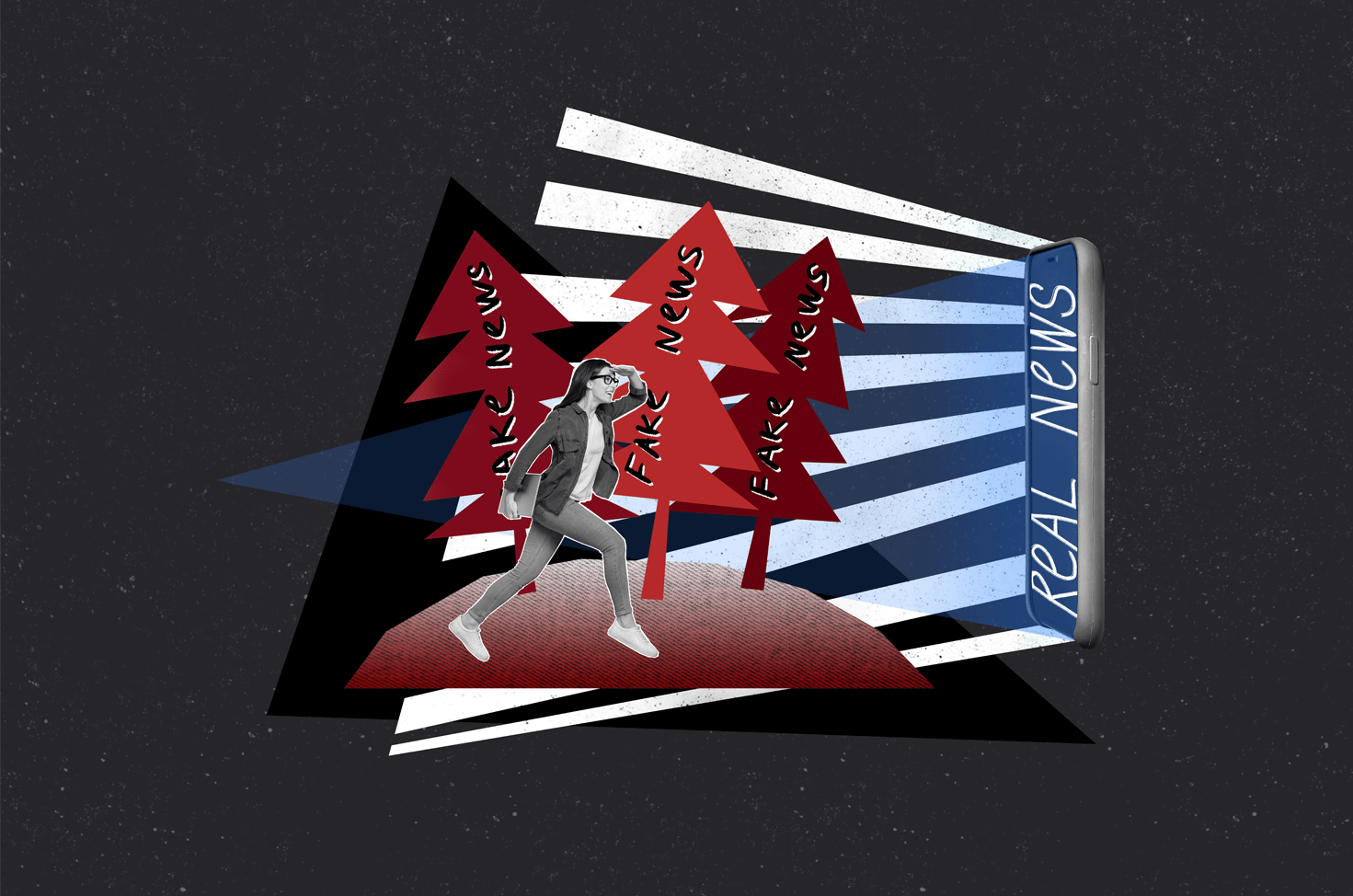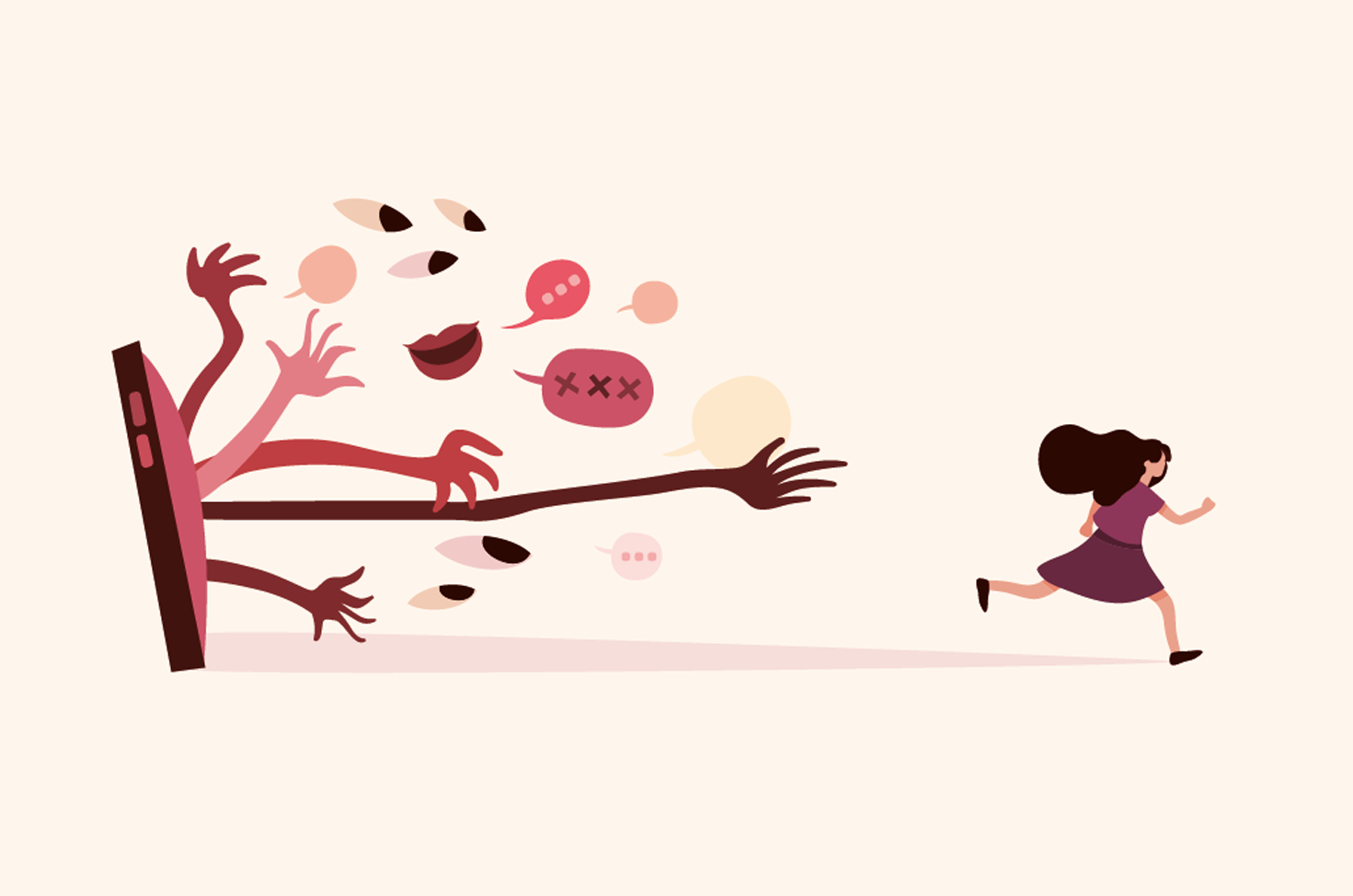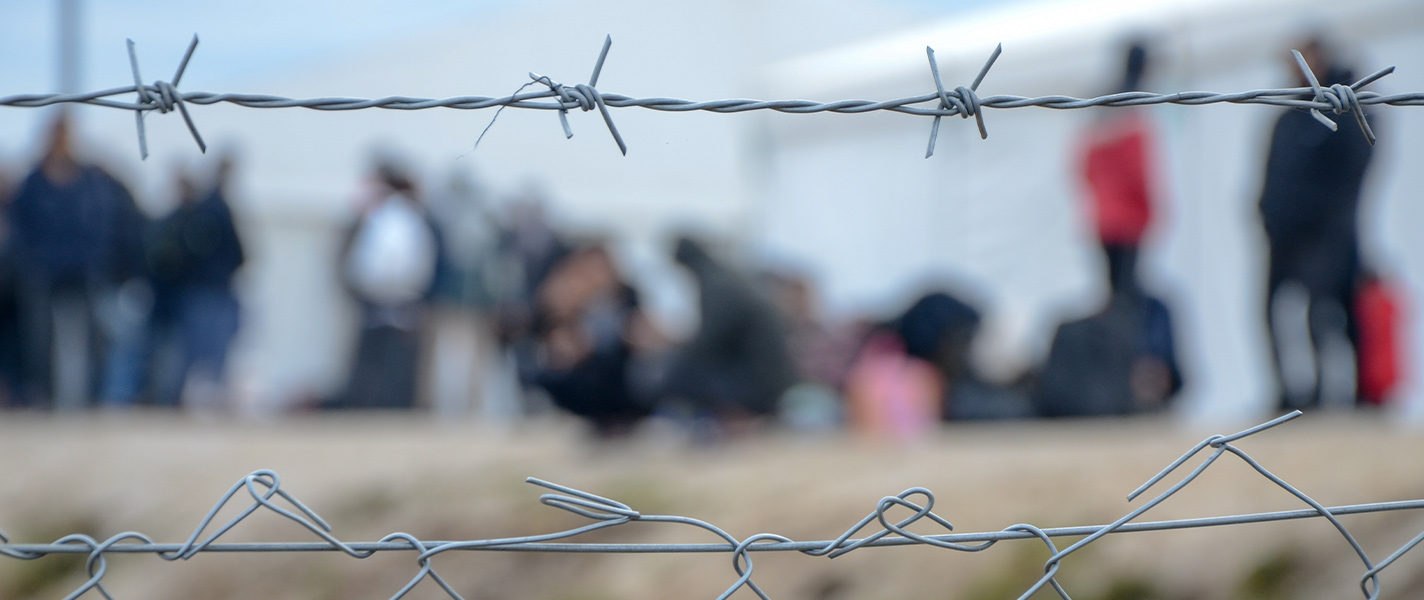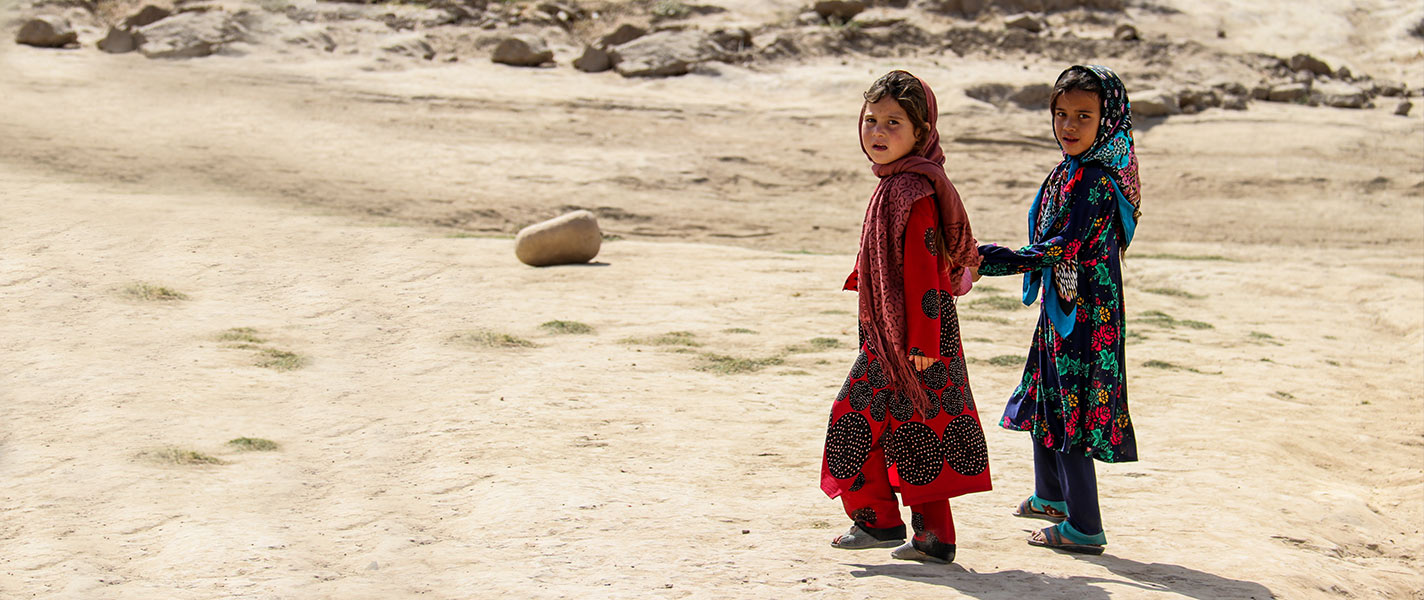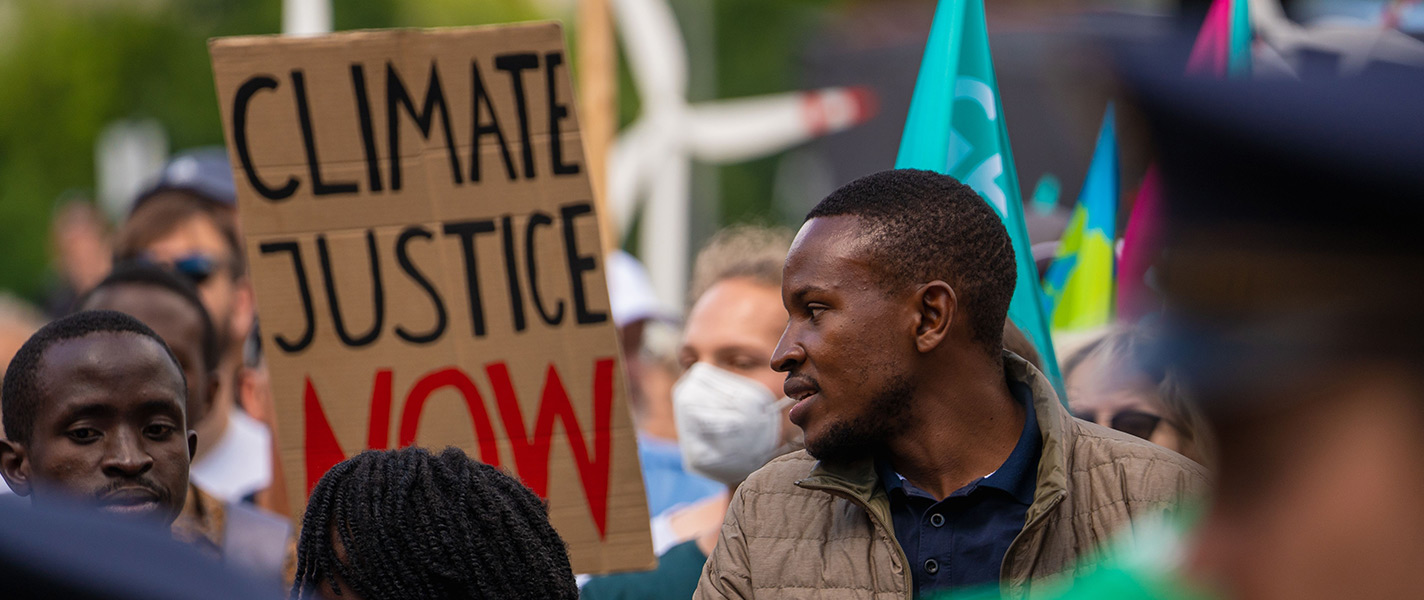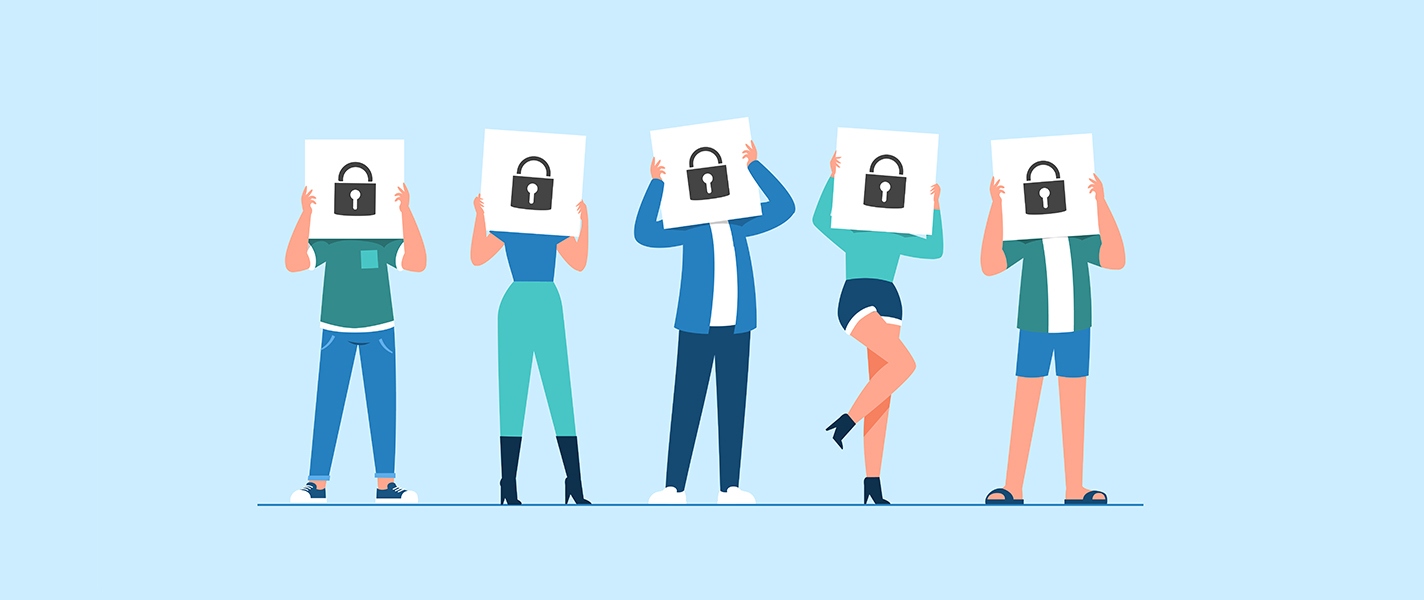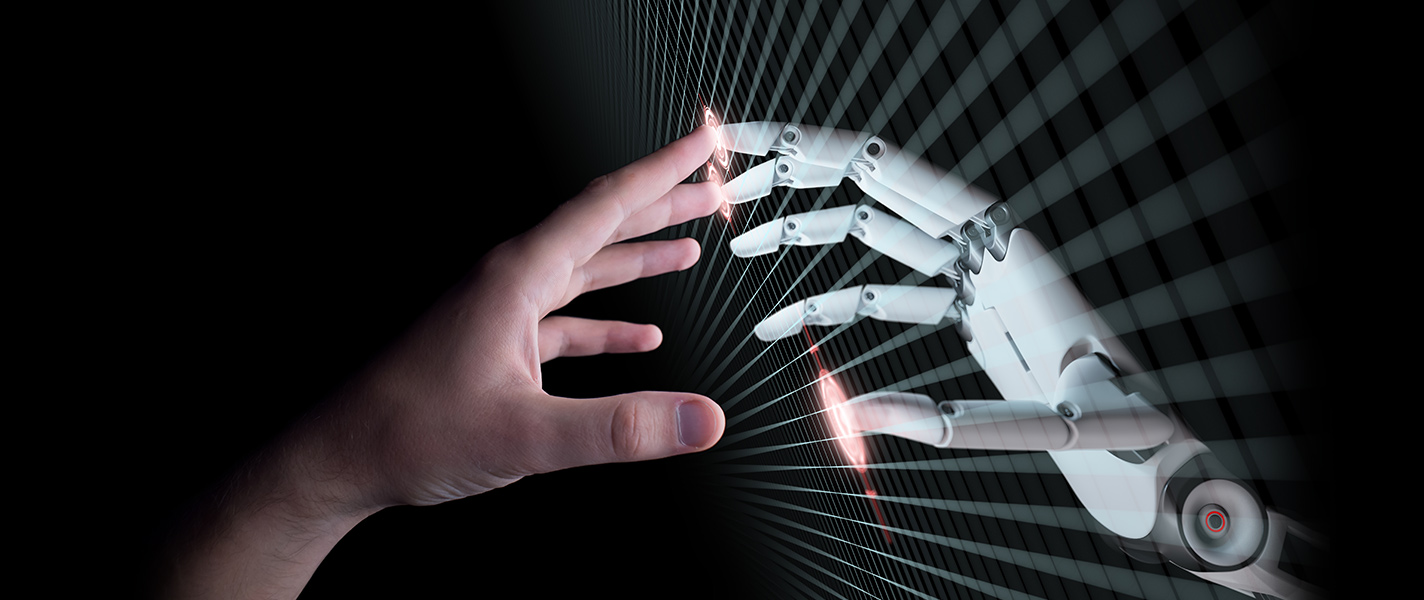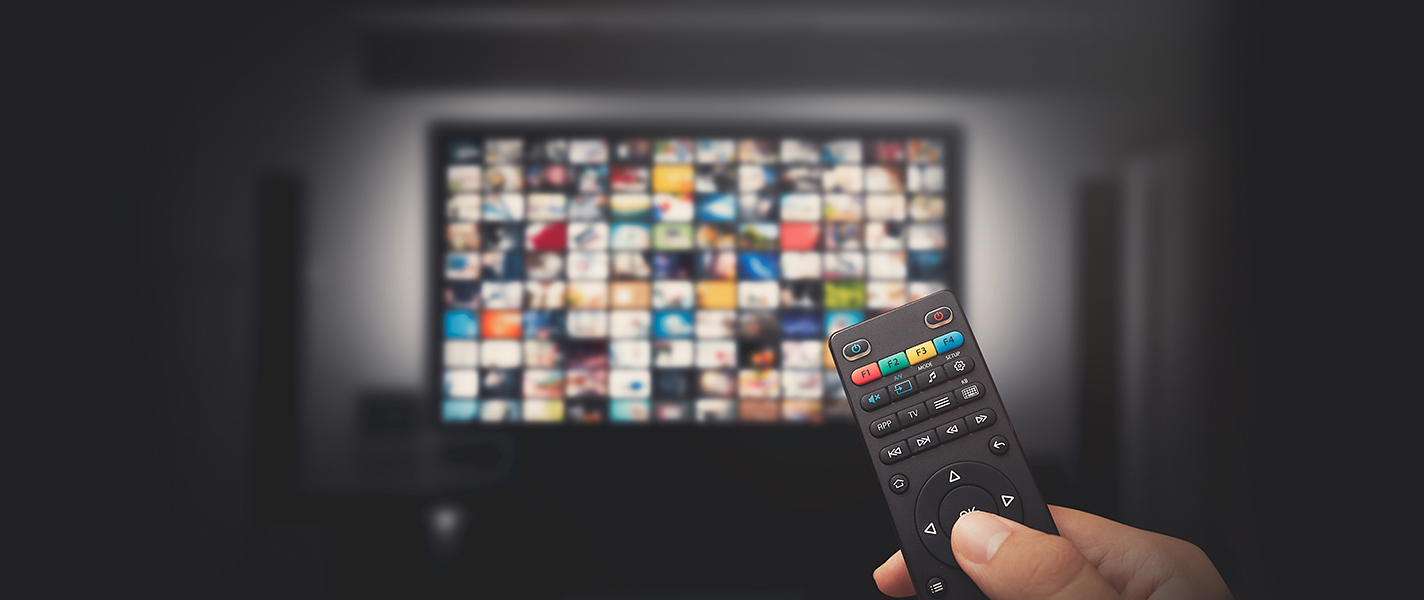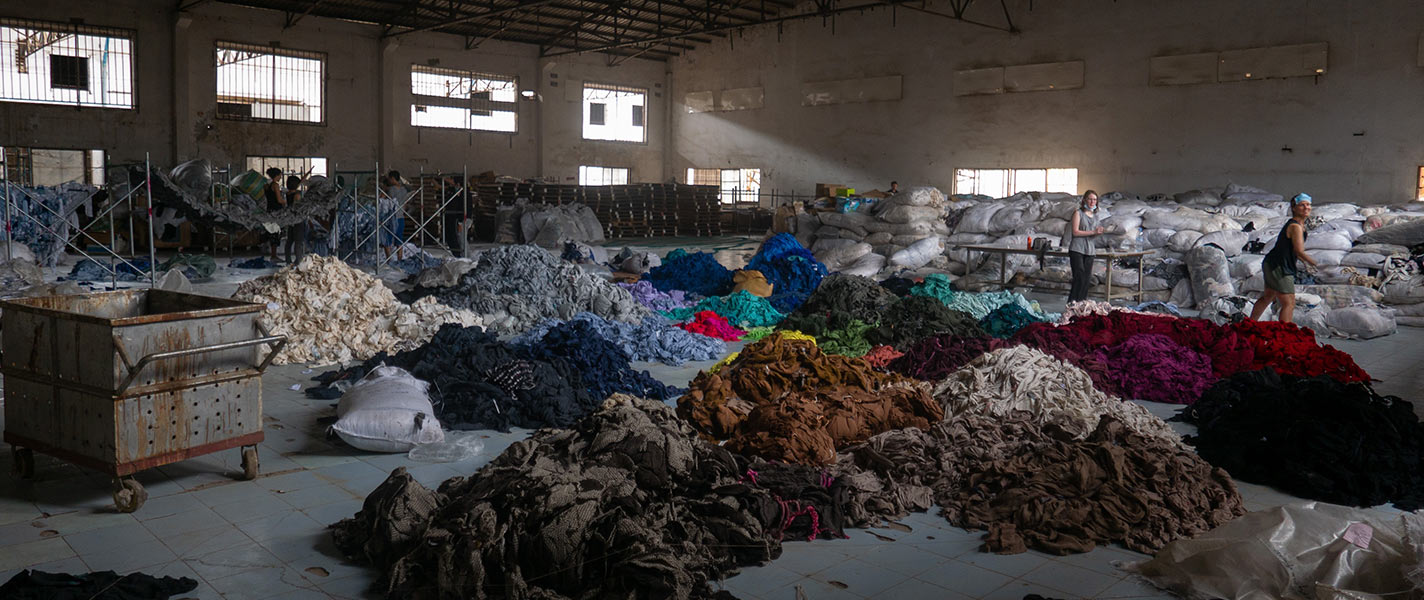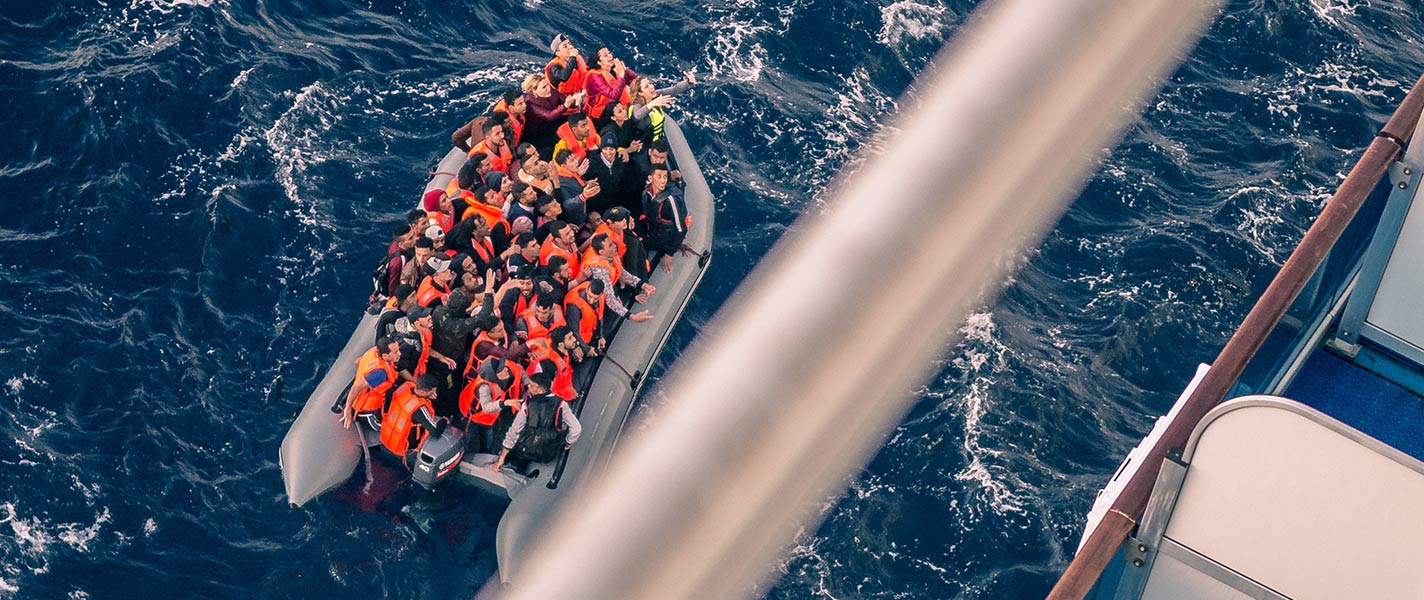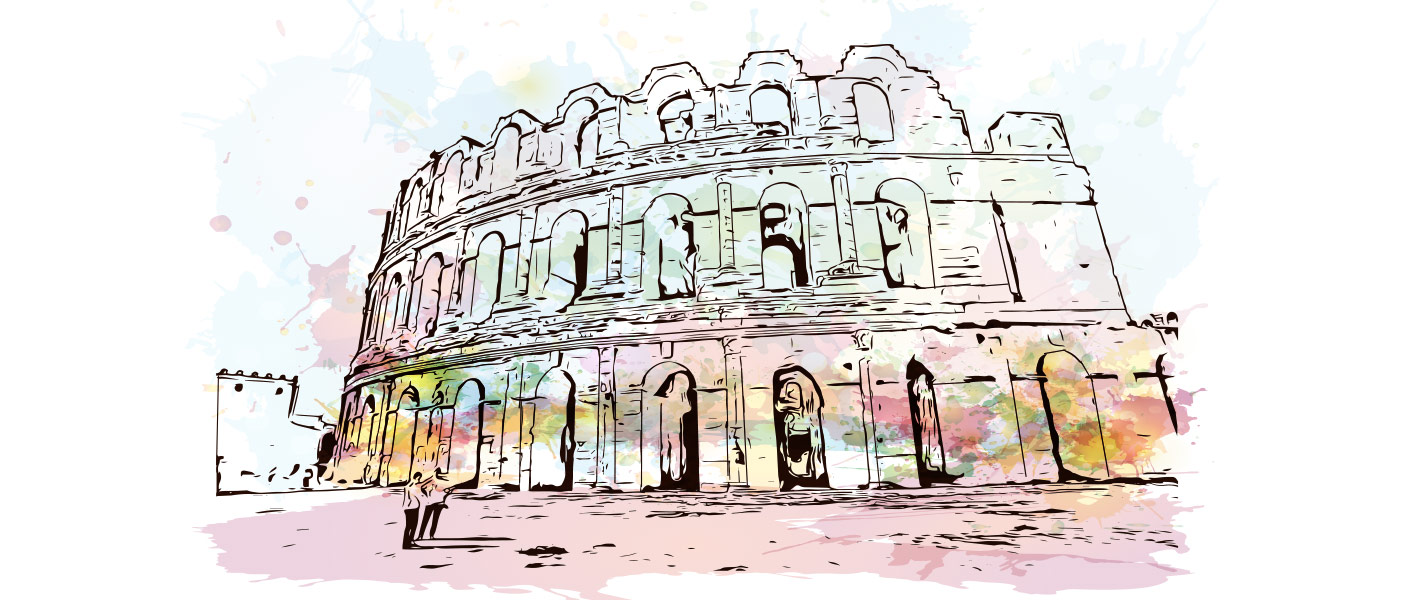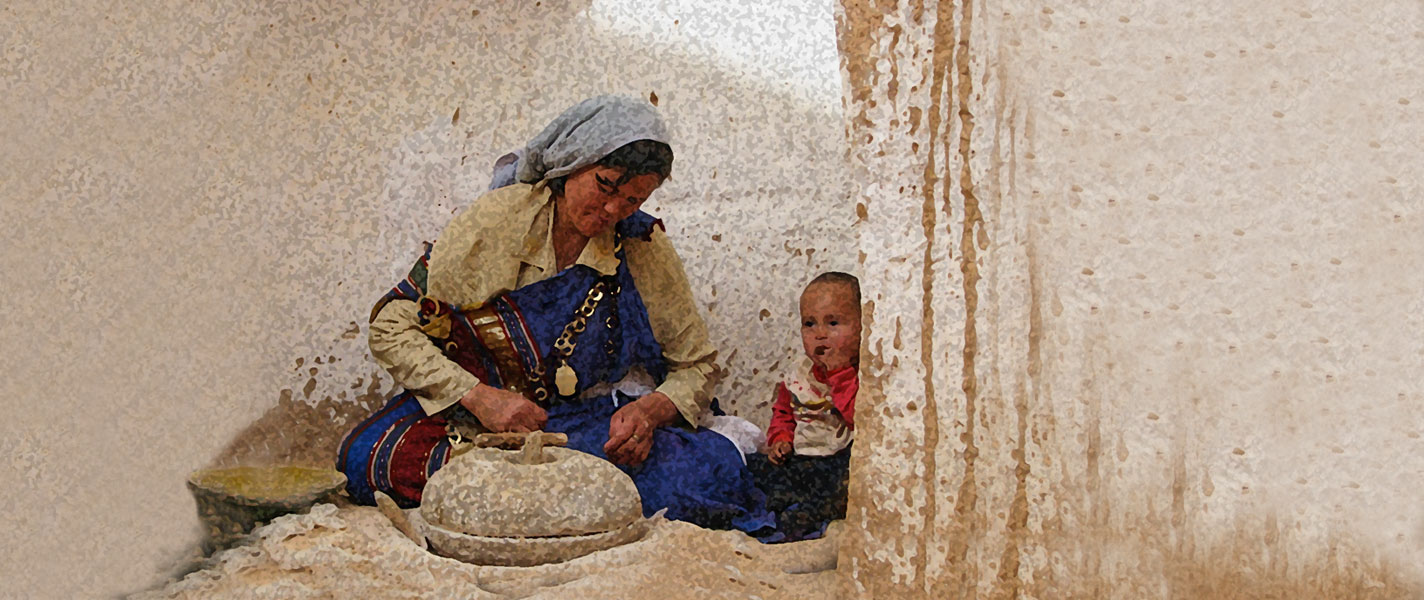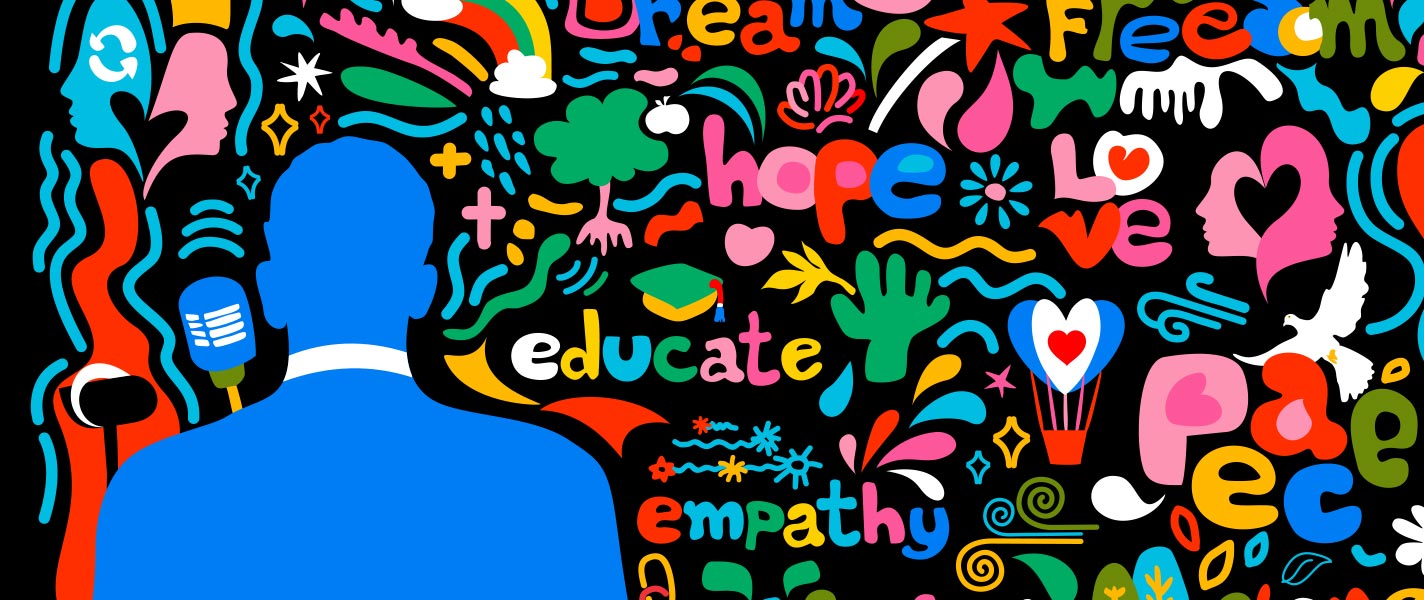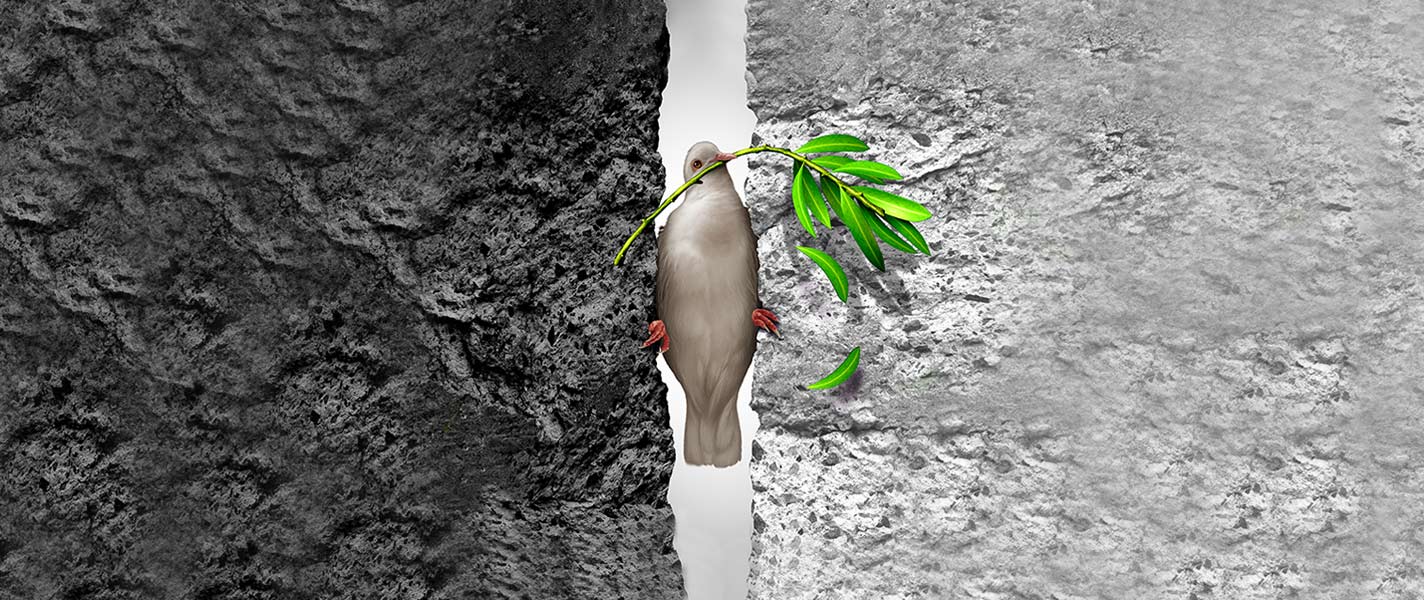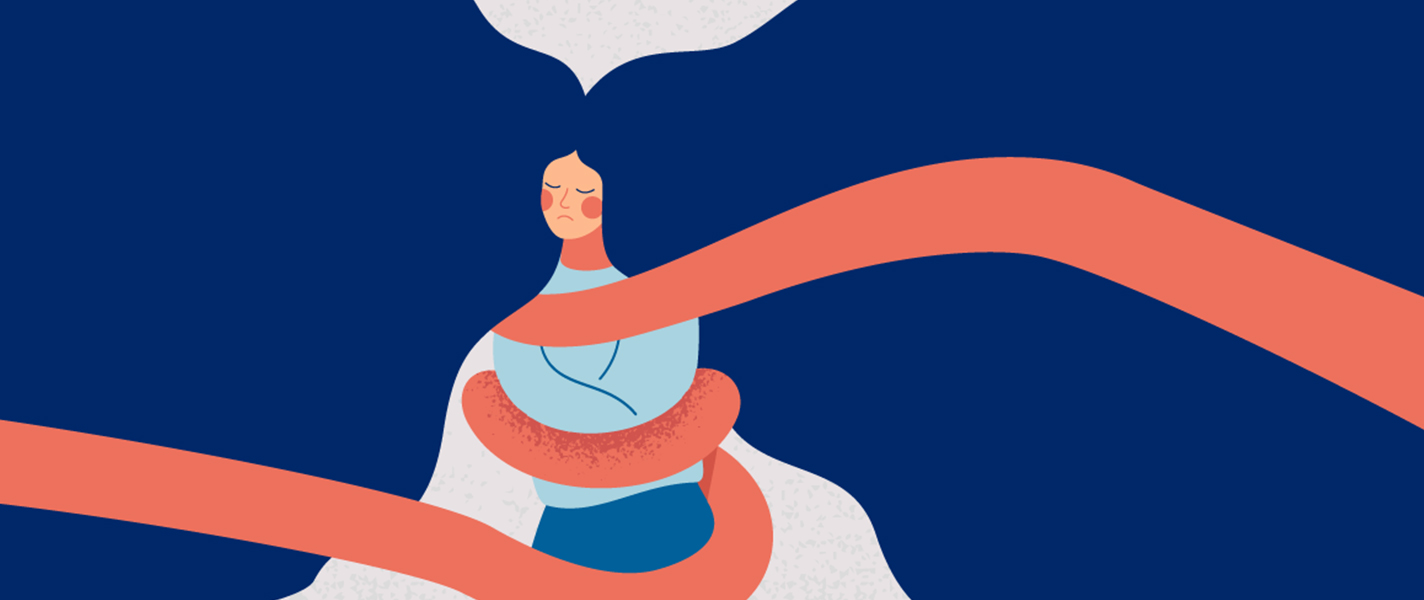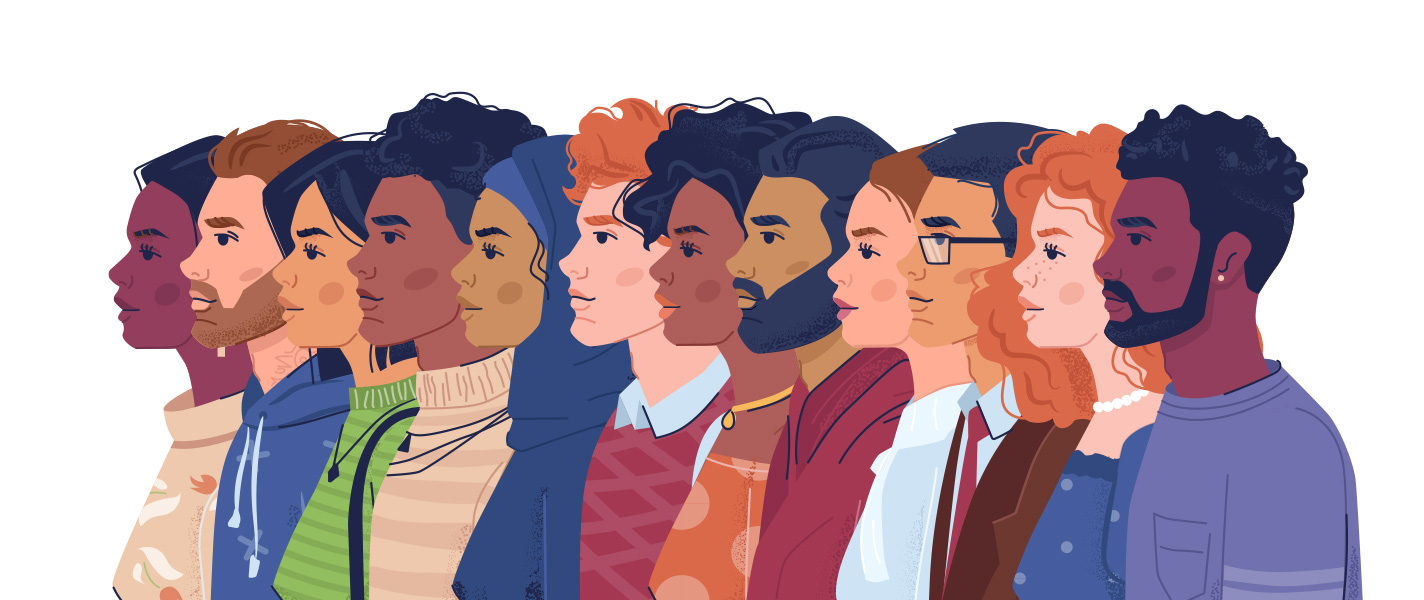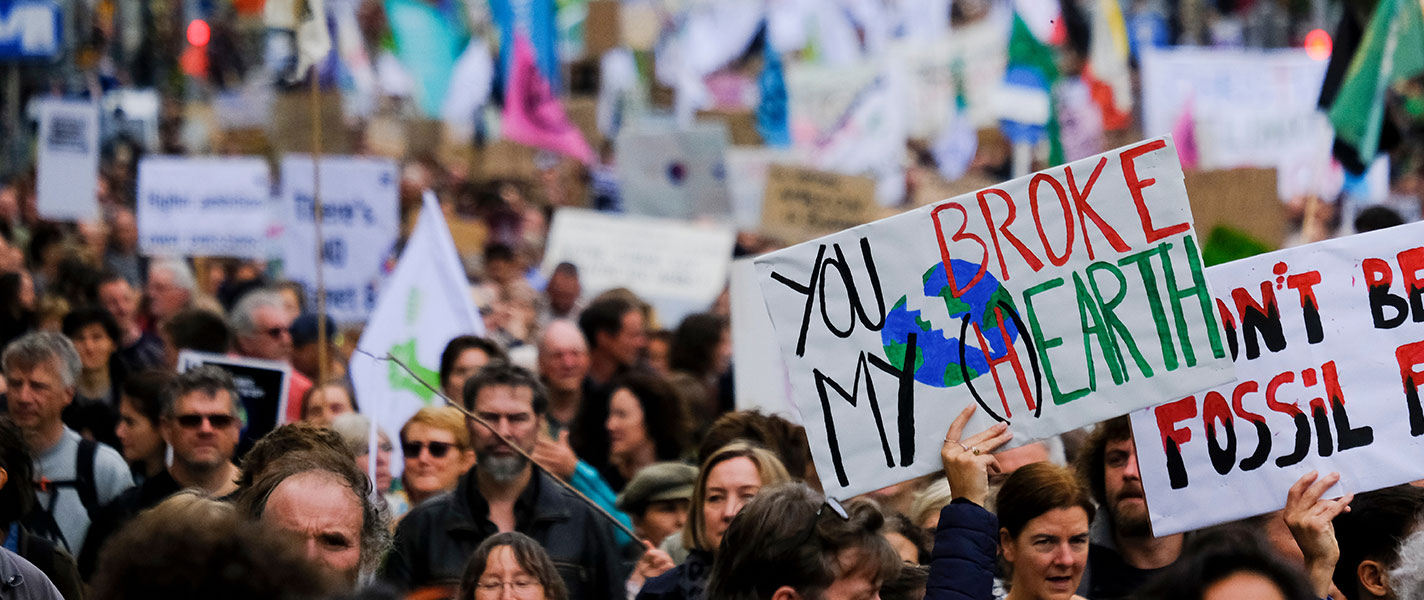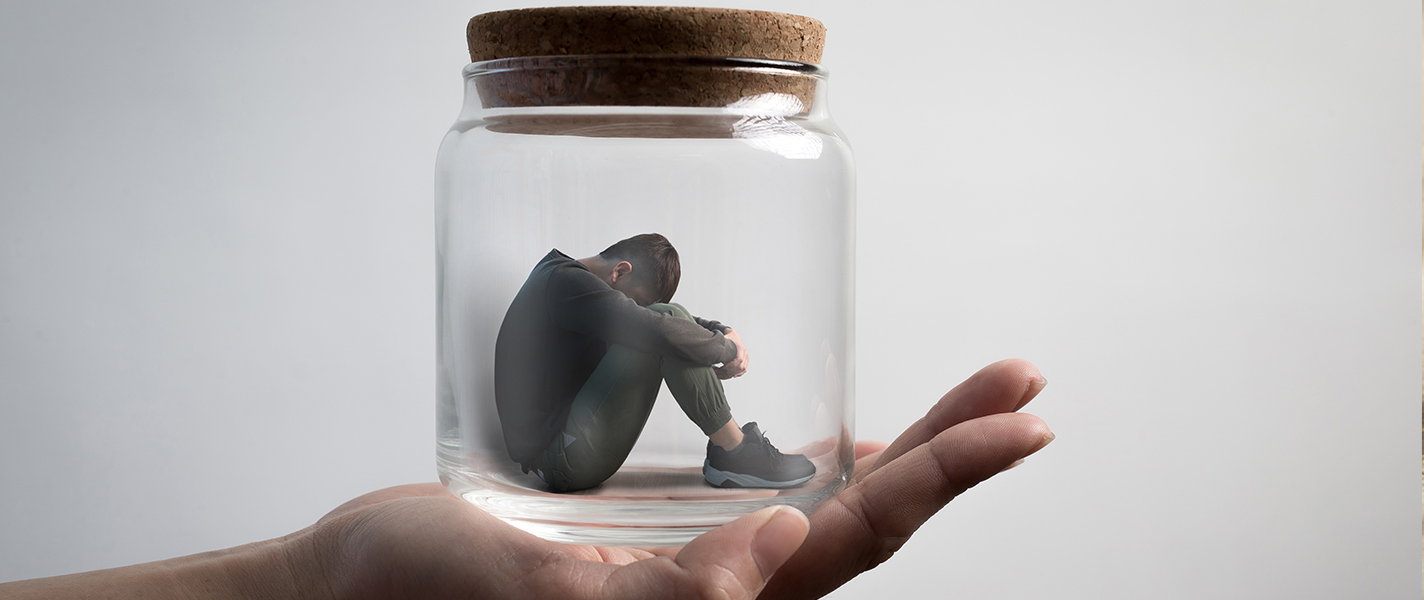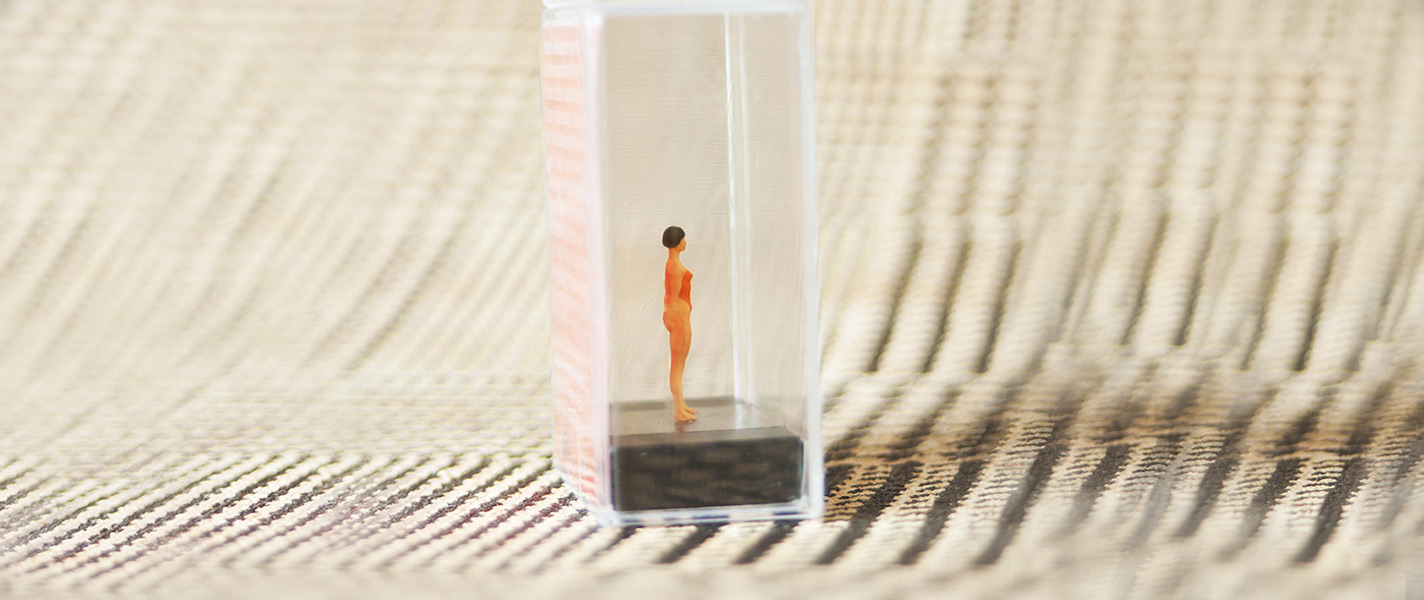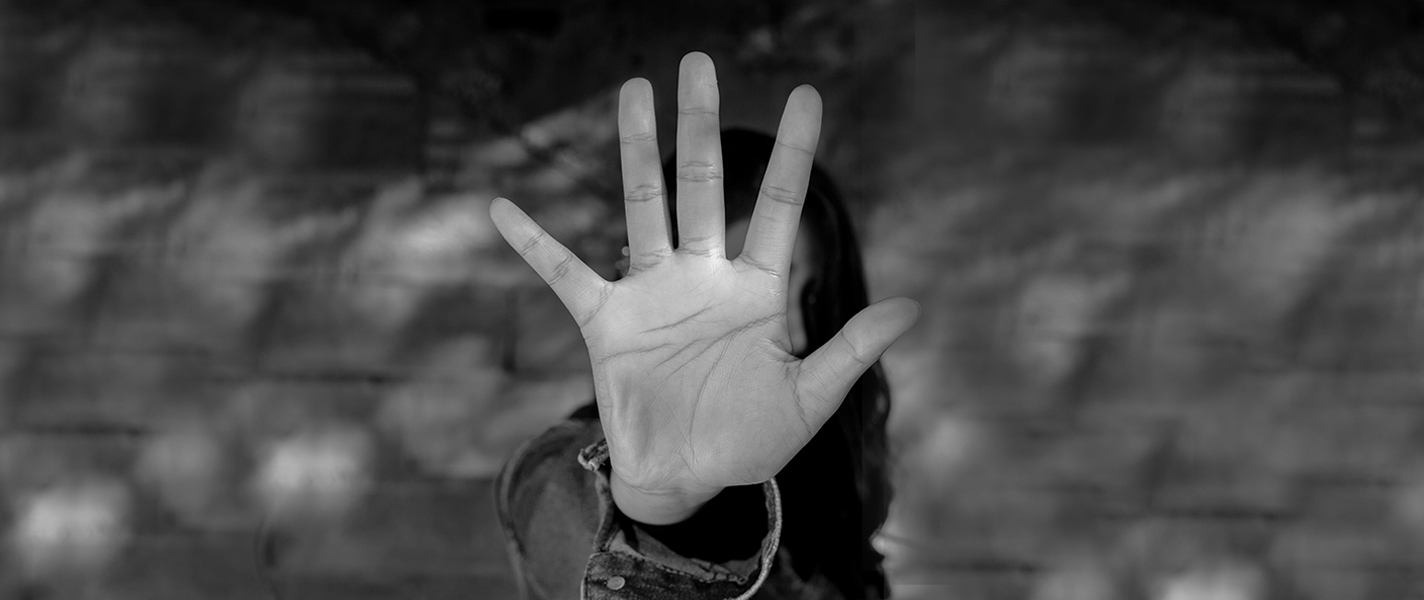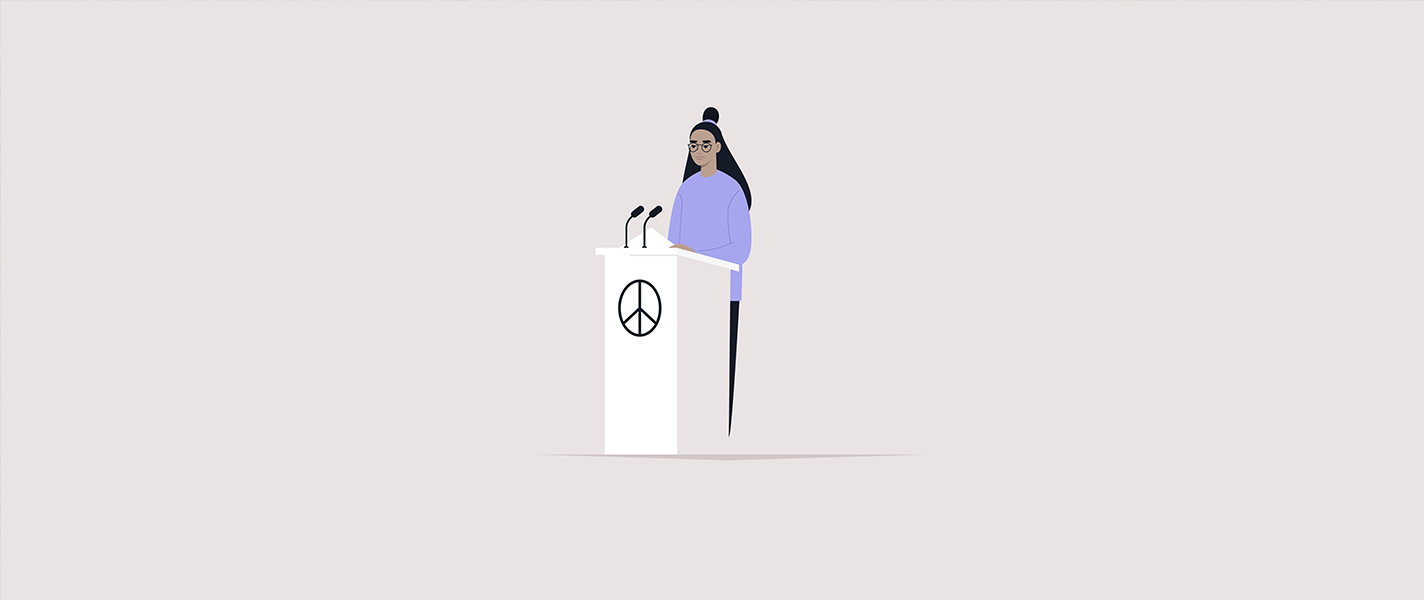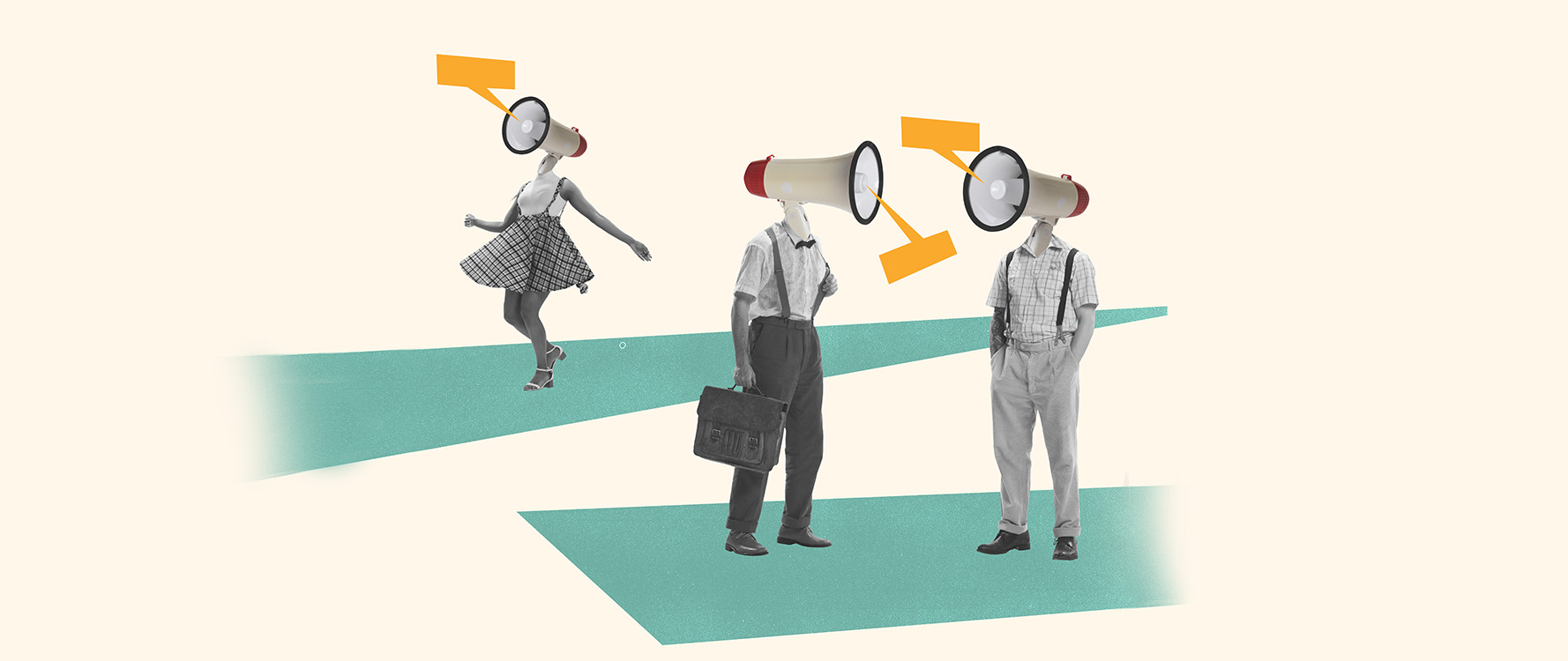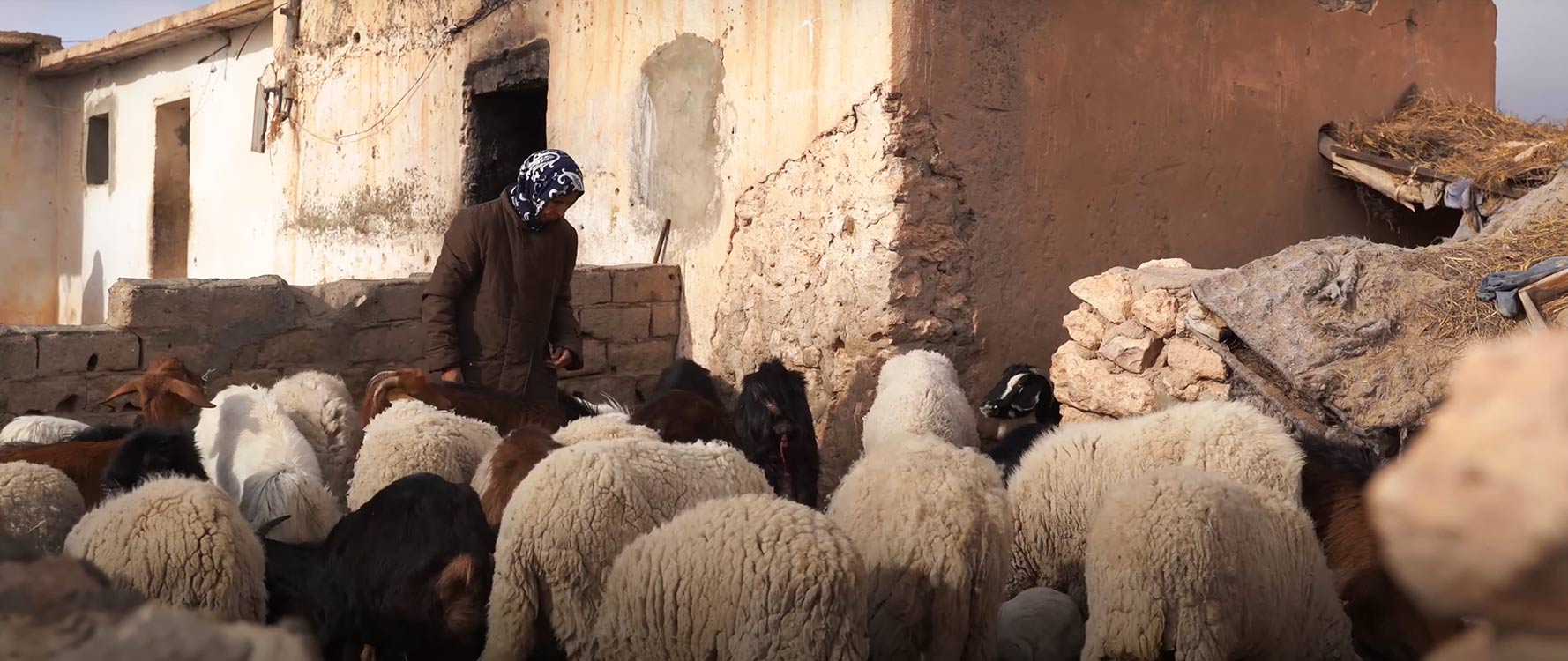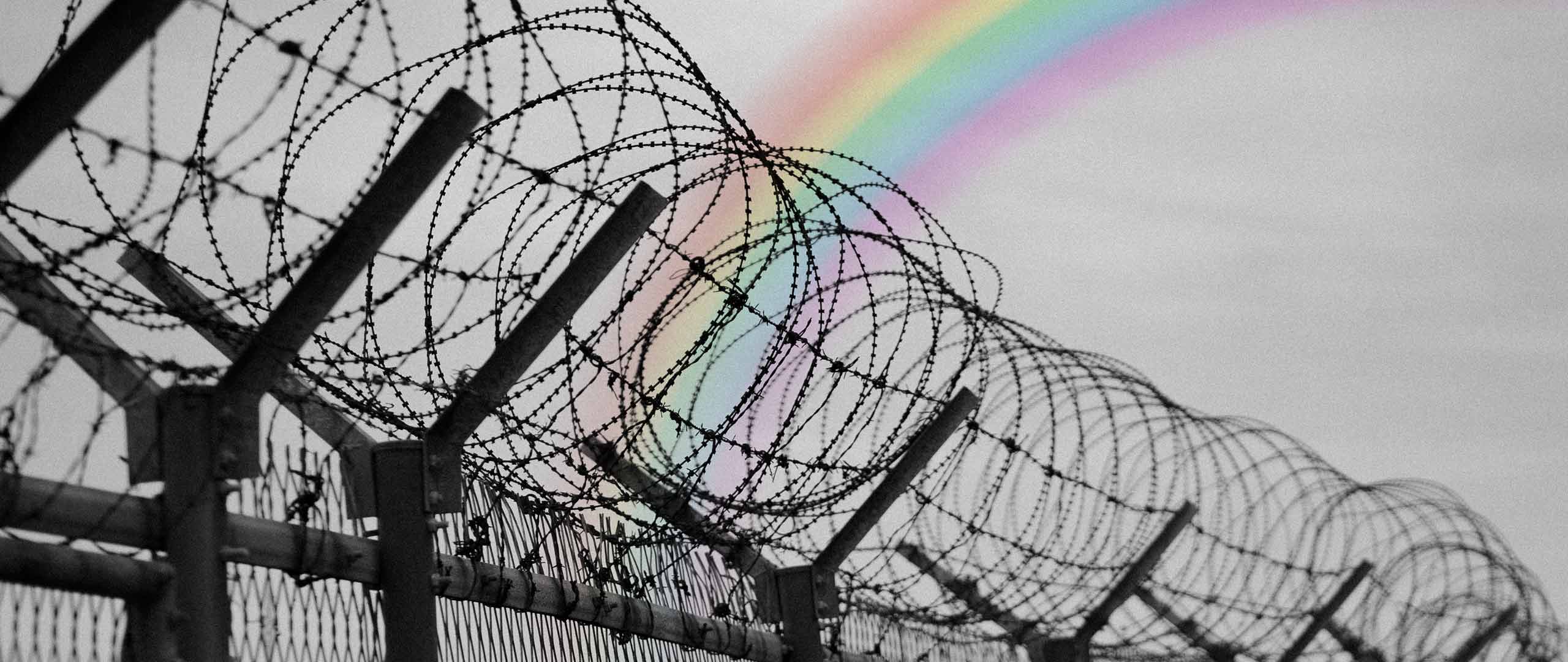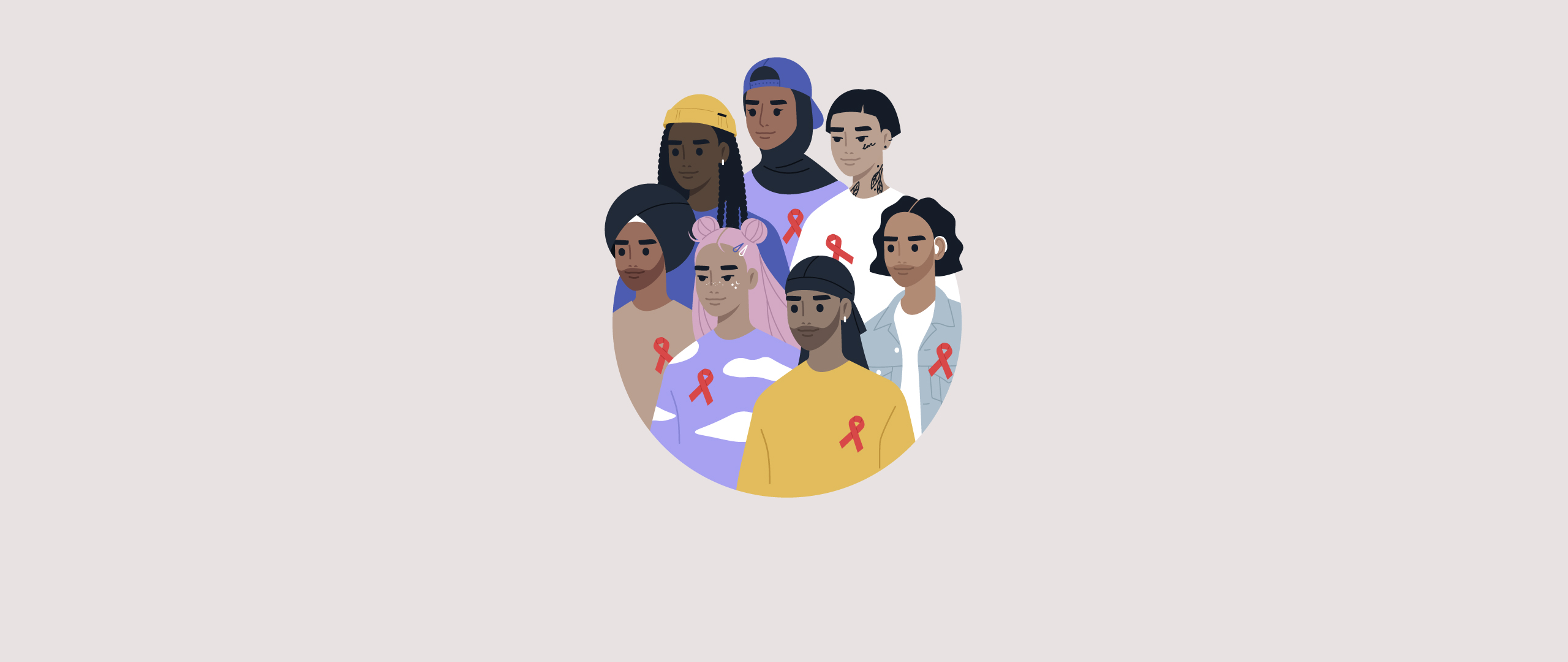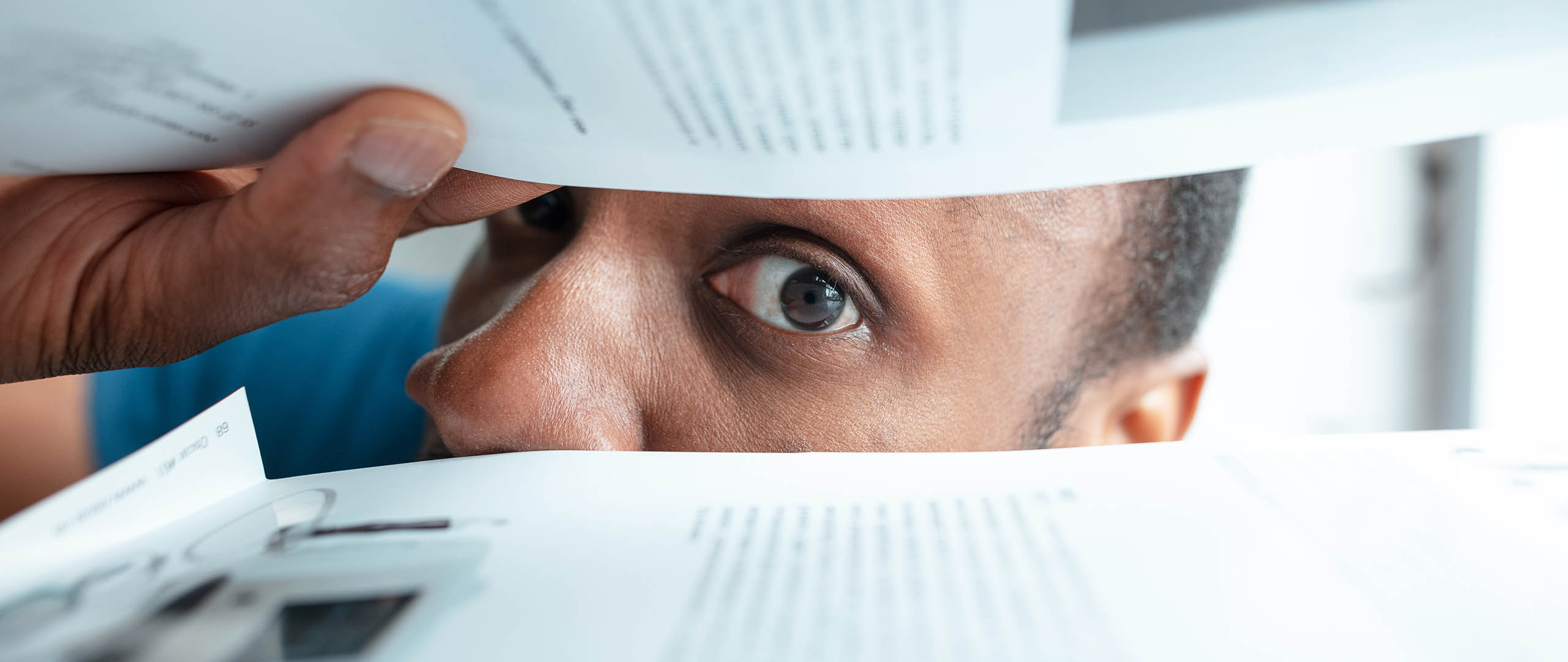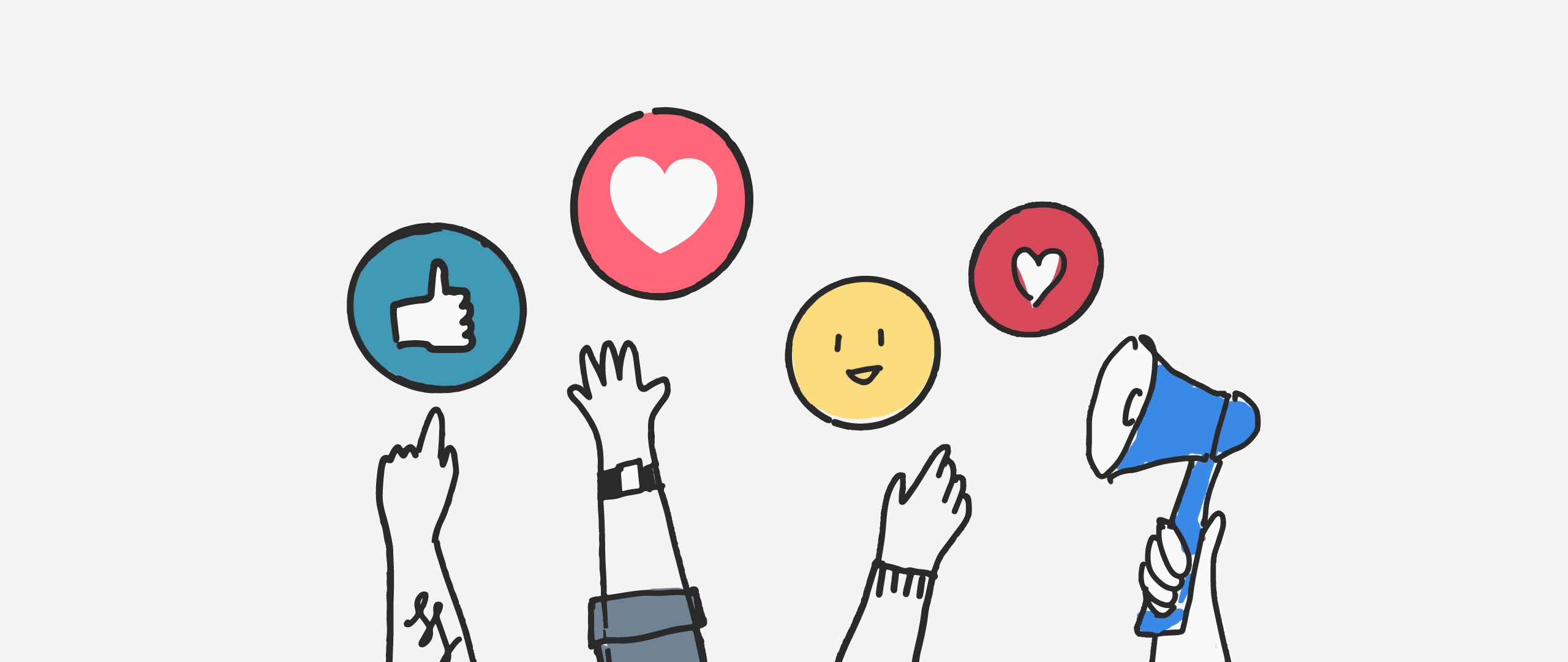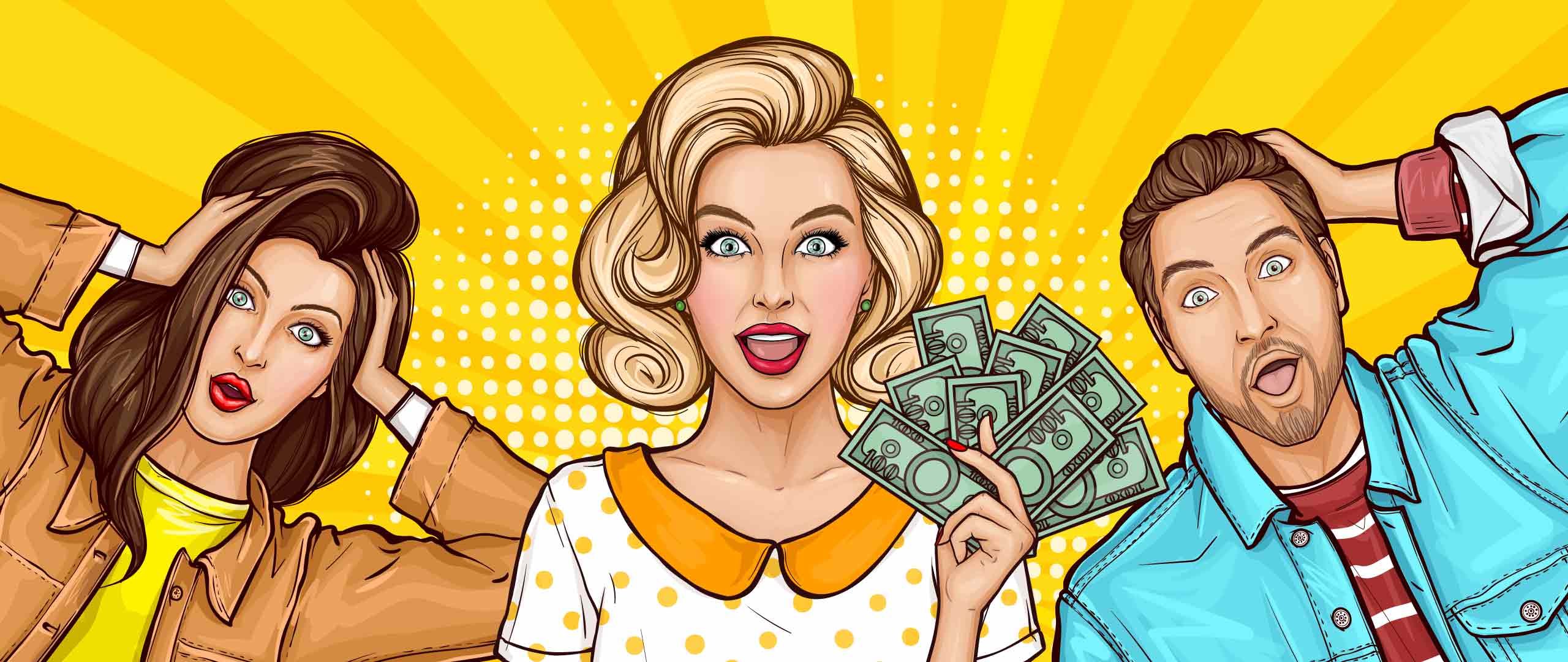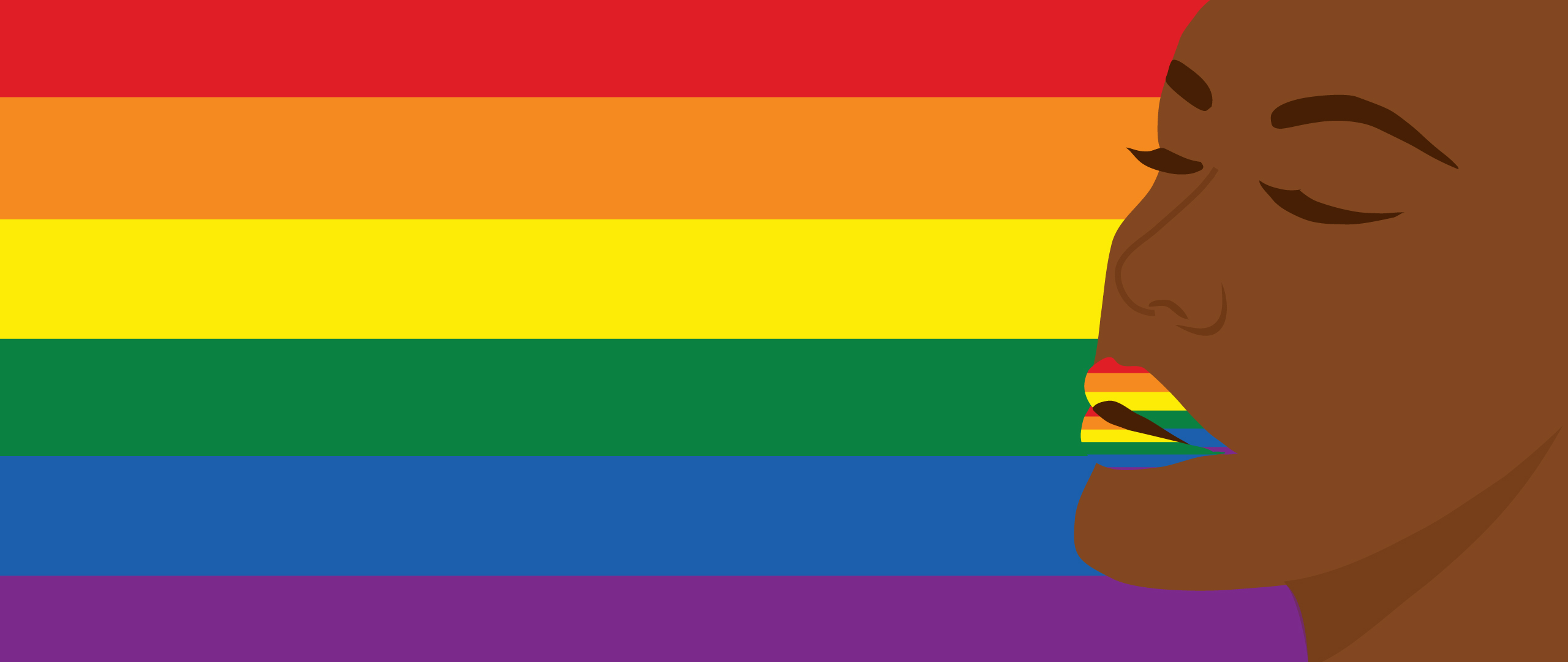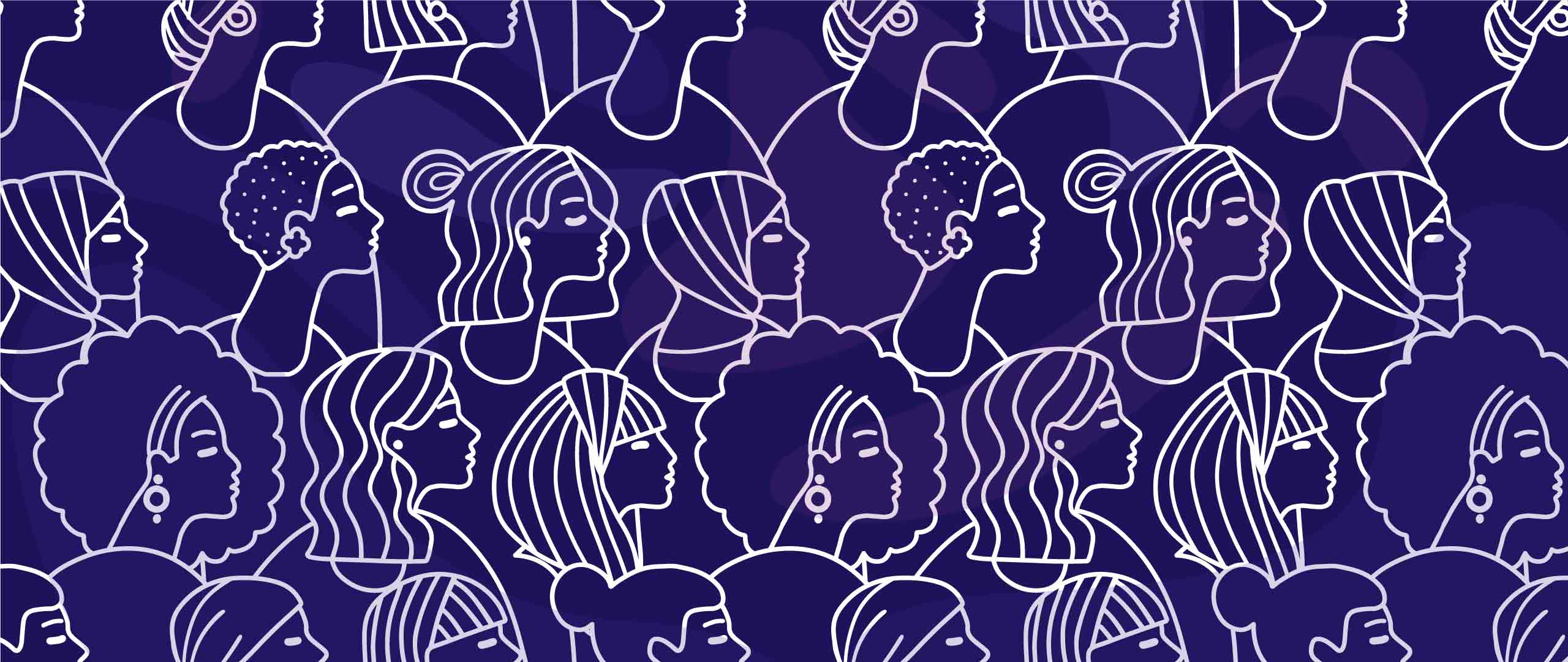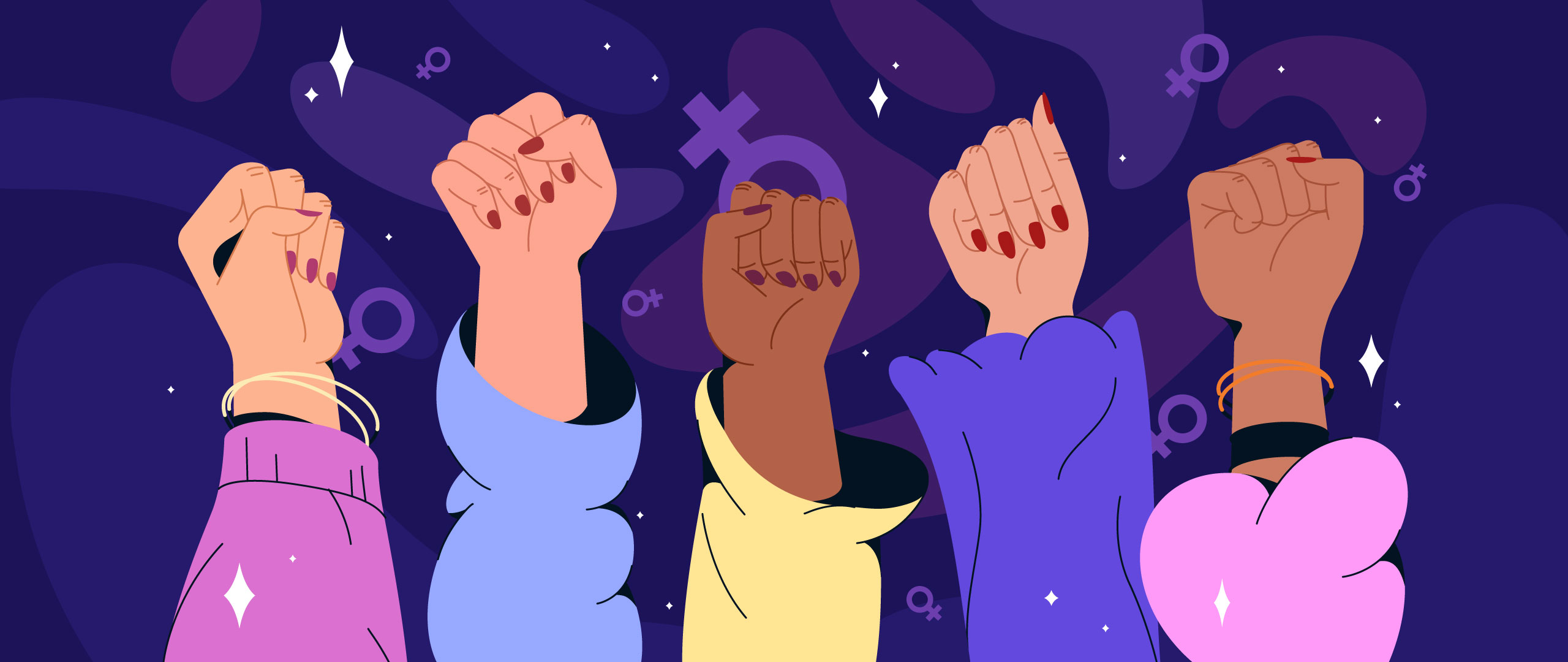The Twofold Facets of Political Correctness
“All animals are equal but some are more equal than others” - George Orwell
As an aspiring journalist, I write this article wanting to express my opinion on what is happening around the world and address the double standards I noticed in modern political correctness. Even though some might disagree with what I have to say, others might find solace in my words.
Political correctness refers to language, actions and policies that are intended or designed to specifically not offend or disadvantage a particular group of people. With this definition in mind, I try to approach the world with the mindset of being politically correct in the articles I write, the posts I share on social media, and the people I follow because I fear that my views and online discussions might be used in the future as a source for defamatory language or being part of hate speech, as they might not comply with modern-day political correctness.
This phenomenon, if we might call it, has created a form of modern surveillance where some people might feel obliged to reject what is rejected by the masses and accept what is considered acceptable by them. Journalists became more cautious about what they write; international organizations became more careful about what to label as human rights violations and what is not; comedians, artists, politicians and people started becoming more mindful about every single word they say. According to the Reporters Without Borders (RSF) North Africa office, the proliferation of online hate speech and the intimidation of journalists and independent authorities such as HAICA has resulted in an increase in self-censorship among journalists and online users.
With the intention of putting strict boundaries on offensive speech and behavior, political correctness has evolved into a double-edged sword, threatening freedom of expression, a human rights core value. In some societies, political correctness looks more like walking on eggshells and our freedom of expression is but an illusion tainted by political correctness.
Freedom of Expression in a Politically Correct World
Thirteen years ago, Julian Assange, an Australian journalist and the founder of Wikileaks, posted a video showcasing the cruel and inhumane actions of some US military forces in Iraq, with a disturbing display of soldiers’ laughter while shooting civilians. This imagery still haunts me. At the moment, Assange is in prison in London and is appealing extradition to the United States.
Resorting to the media and the press to reveal facts about the corruption and the wrongdoings of the world is only a part of his work as a journalist who possesses freedom of expression granted by national and international laws. Hence in this case wouldn’t imprisoning a person in the midst of exercising his freedom of expression be considered an act of dictatorship?
Several international human rights organizations have called for the immediate release of Assange after more than 10 years in arbitrary detention. For instance, Amnesty International issued a statement in which it condemns Assange’s imprisonment and addresses its concern if he gets deported to the USA. It mentioned, and I quote, “he faces a real risk of serious human rights violations including possible detention conditions that would amount to torture and other ill-treatment (such as prolonged solitary confinement)”. Additionally, last year, in a letter, the Council of Europe Commissioner for Human Rights, Dunja Mijatović, called on UK Home Secretary Priti Patel not to extradite Julian Assange. I cannot help but imagine if this was the case in any non-Western country, would the case be given much media attention? And would human rights defenders react in the same way?
Would I be labeled “anti-American” if I criticized the US’s foreign policies? Would I be called “anti-Western” if I criticized how the world is divided? Would my freedom of expression be restricted if I voiced my opinion on certain matters?
The expressions we use, the facts we expose and the particular words we employ could lead us to repercussions we might not have thought of before. An example of this is Kenneth Roth, the head of Human Rights Watch, who had his Harvard fellowship rescinded because of HRW’s statement on declaring Israel an “apartheid”. Because of his statements, he was labeled “antisemitic”. Here we can see how political correctness is biased. Criticizing Israeli government is “antisemitic”, but burning the Quran or mocking the prophets is not “Islamophobic”. Some people only resort to political correctness in certain cases and not others. This brings me to my next point; the hypocrisy of Israel’s supporters.
Political Correctness and Israeli-Palestinian “Conflict”
Israel is committing war crimes, attacking Palestinians as they pray in Al-Aqsa Mosque, attacking civilians, demolishing their houses, and using them as human shields. Openly Criticising Israel’s continuing oppressive and discriminatory system of governing Palestinians in Israel and the Occupied Palestinian Territories might get you called “antisemitic” to the point that the term started getting used towards anyone who criticizes the human rights violations committed by Israel. Accordingly, if I criticize my own government, would I be called “Islamophobic”?
Recently, in one social media video, heavily armed Israeli police apparently use a rifle butt and sticks to attack Palestinian worshippers during the holy month of Ramadan. Some countries condemned the actions, some press agencies called this “a clash”, and other international communities chose to remain silent. Some stated that they are “concerned”, and did not even bother to “condemn”. Here my question is: Where’s the term “occupation”? Or is the international community cautious about calling occupation “occupation”? But is it okay to use that term to describe Russia’s invasion of Ukraine, and not okay to use it against Israel?
Calling this a clash, when it is happening in a Mosque during the holy month of Ramadan, while unarmed people are praying is just mind-boggling for me. So, the idea of a clash does not make sense when one side is well-armed, and the other is literally bare feet with nothing but clothes on.
Some say that Israeli police “has the right to defend themselves”; but defend themselves from whom? Palestinians? The latter are fighting with stones against war machines. They are throwing rocks at tanks! Israel is the only “country” in the Middle East that has weapons of mass destruction, numerous nuclear heads and is one of the strongest military powers in the world. This fight could never be a clash if there is this huge discrepancy between forces. Israeli media has been using this political correctness in its favor by labeling every international criticism against the government as a hate crime and calling each critic “antisemitic”.
In conclusion, political correctness is very problematic in nature. It softens the reality of events, and the hidden messages and make it all elusive. It can be the reason why many remain silent about what is happening around them. How are we supposed to have genuine and real conversations when we are perpetually pushed into a corset?
The article represents the views of its writer and not that of LEED Initiative.
